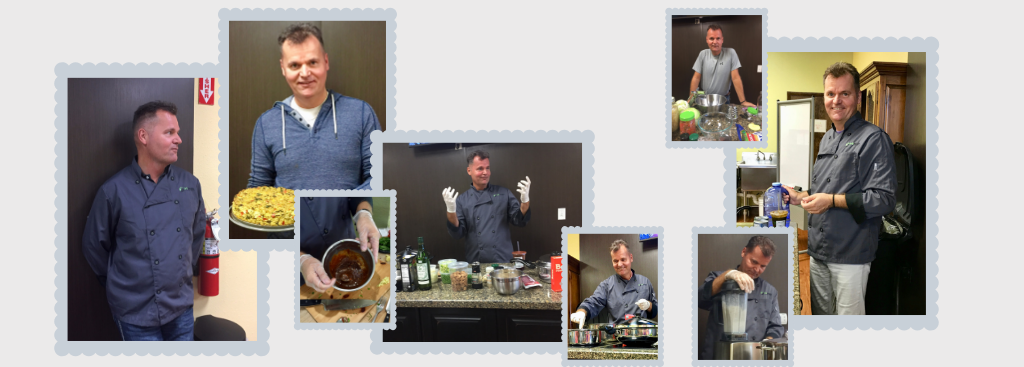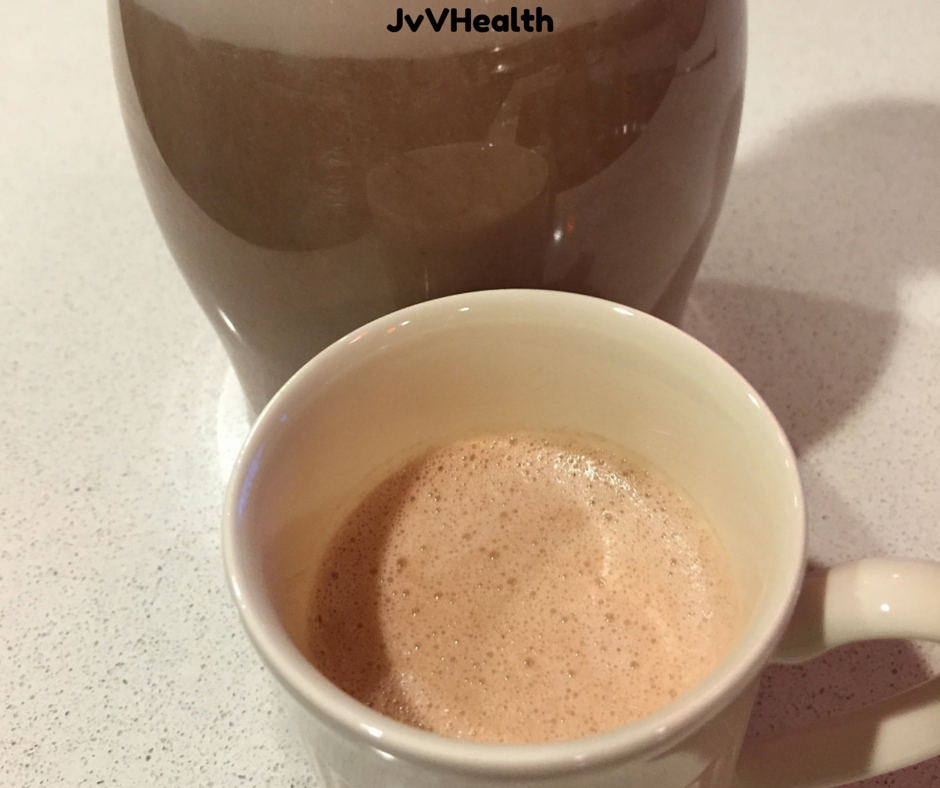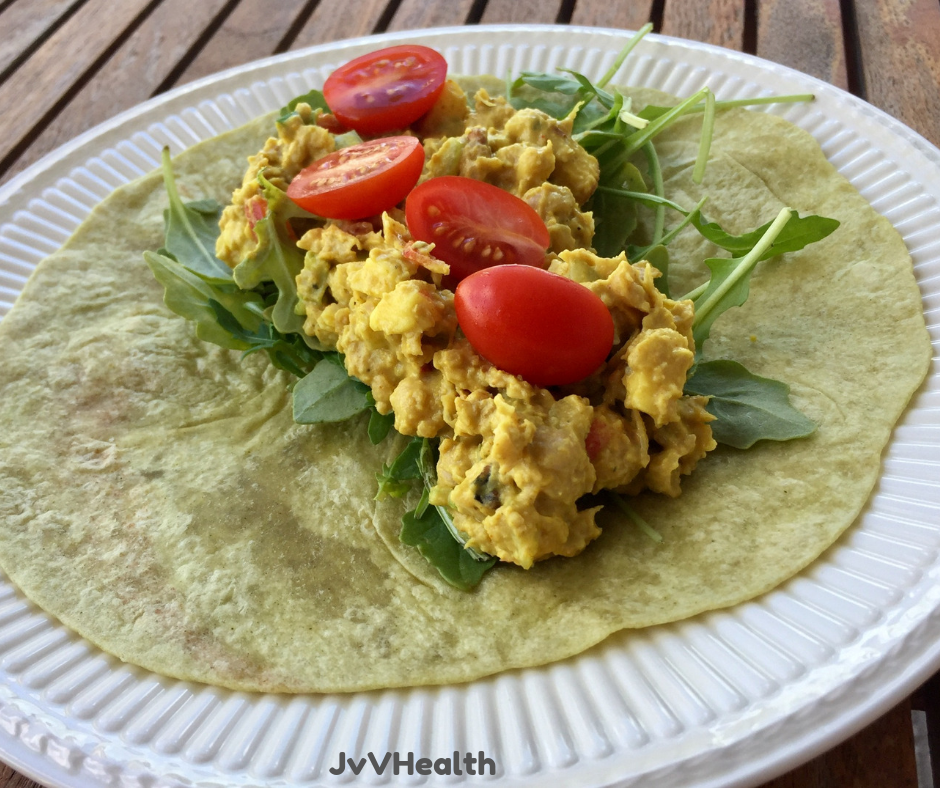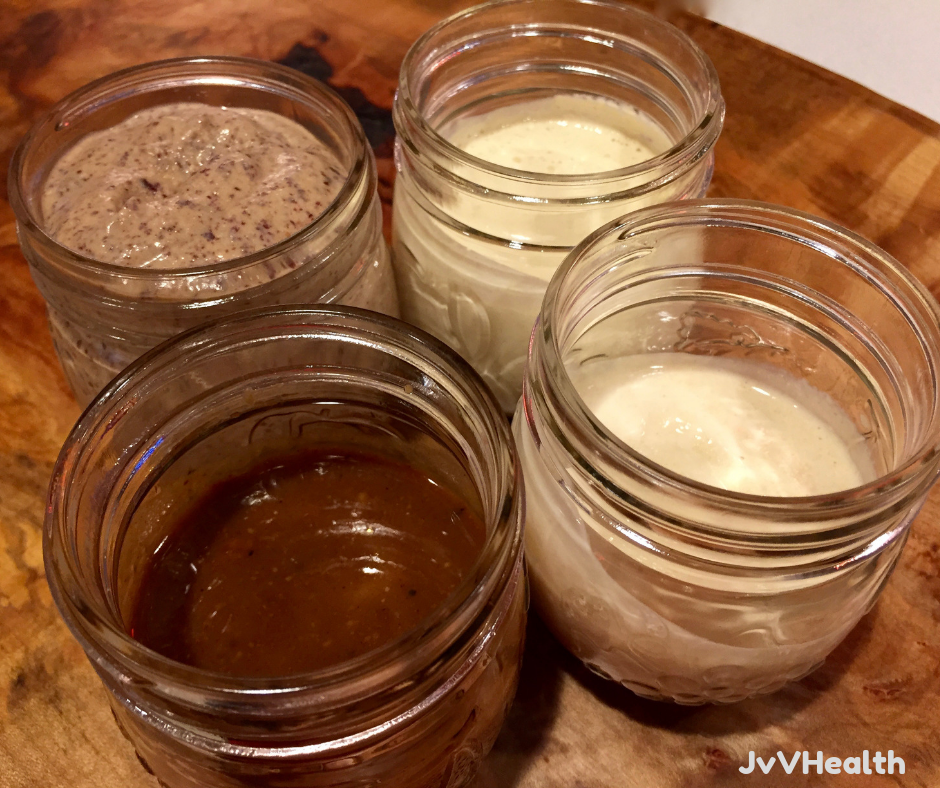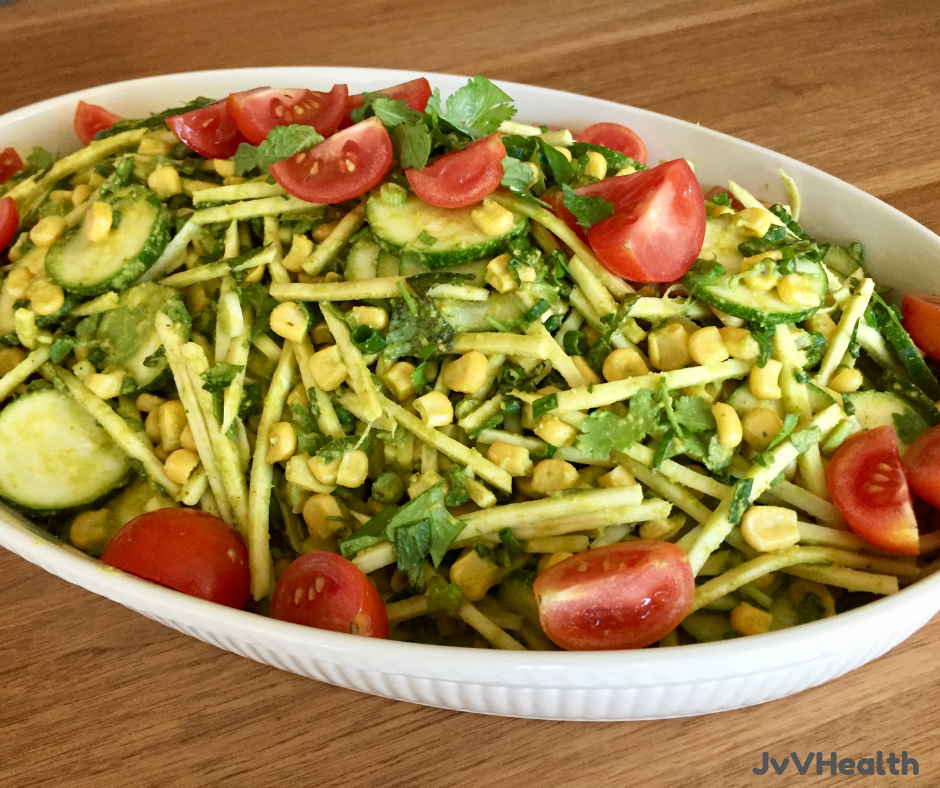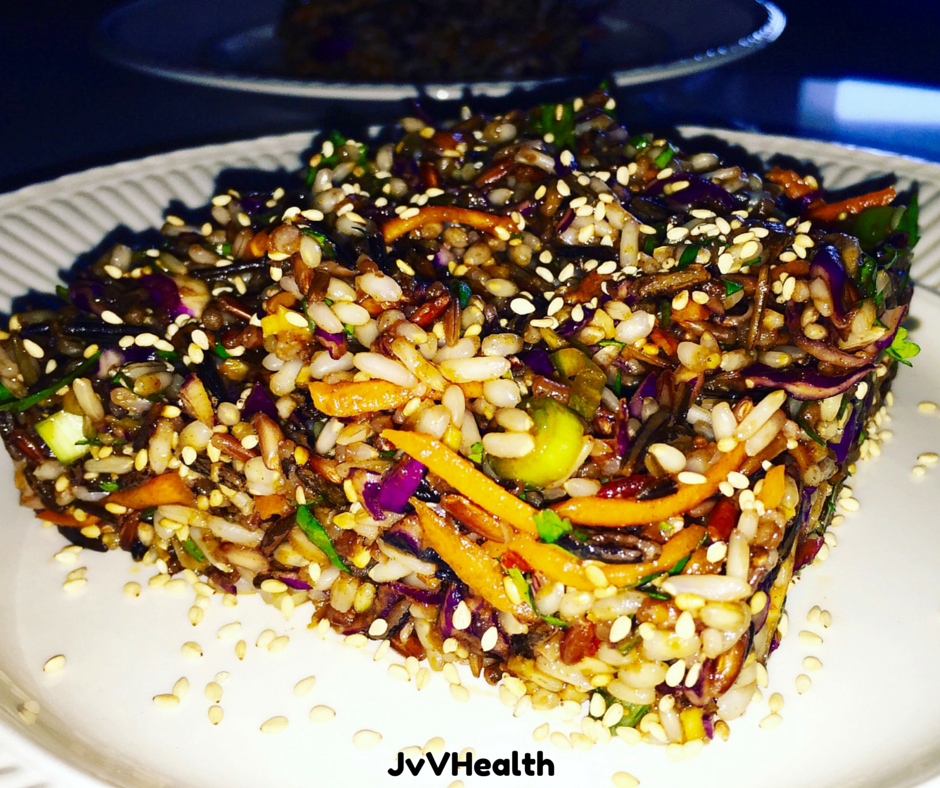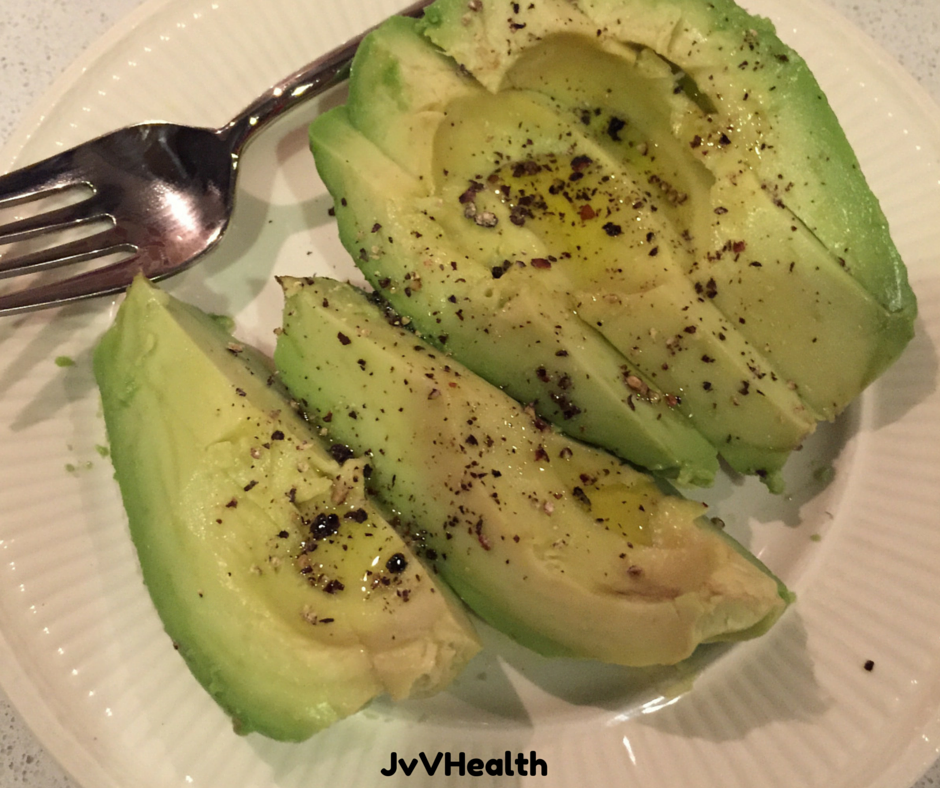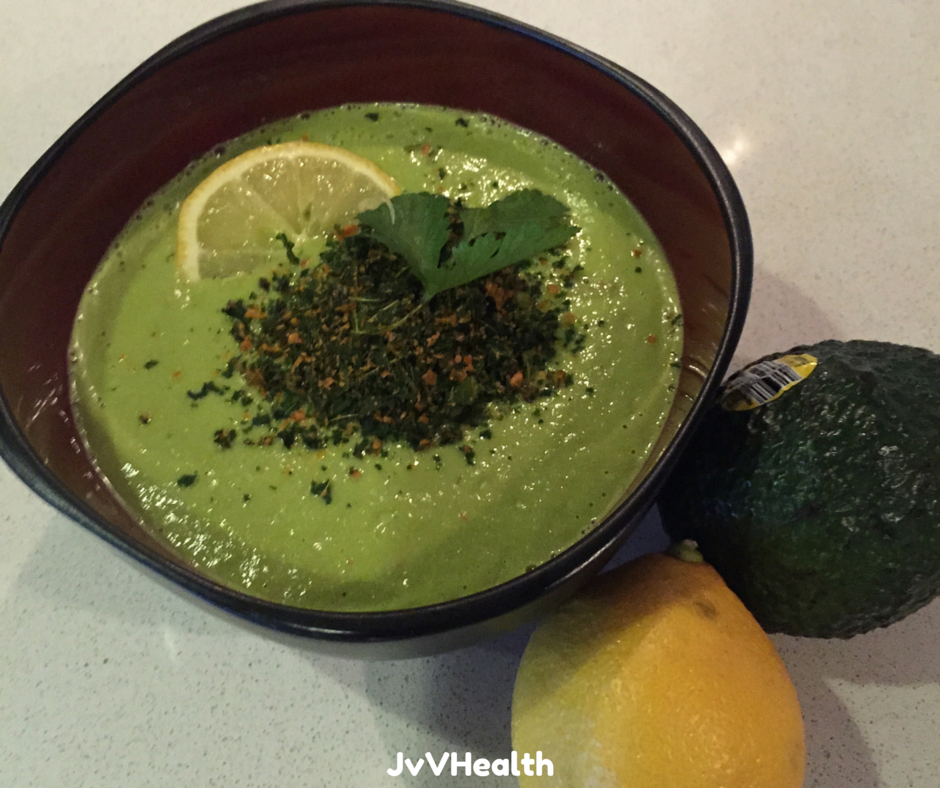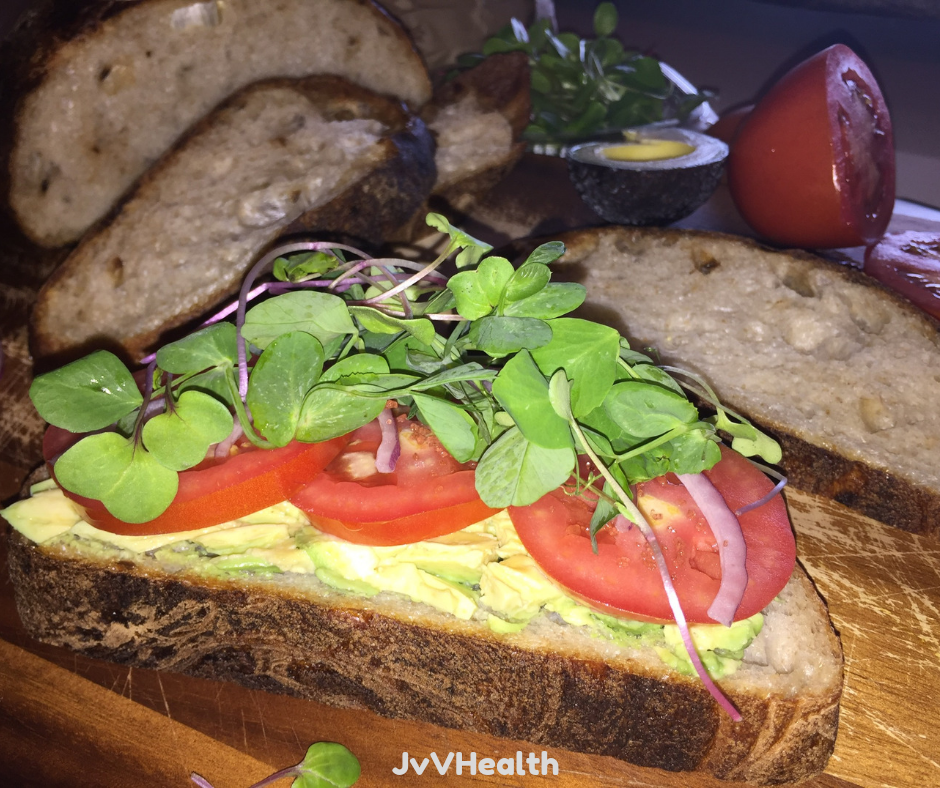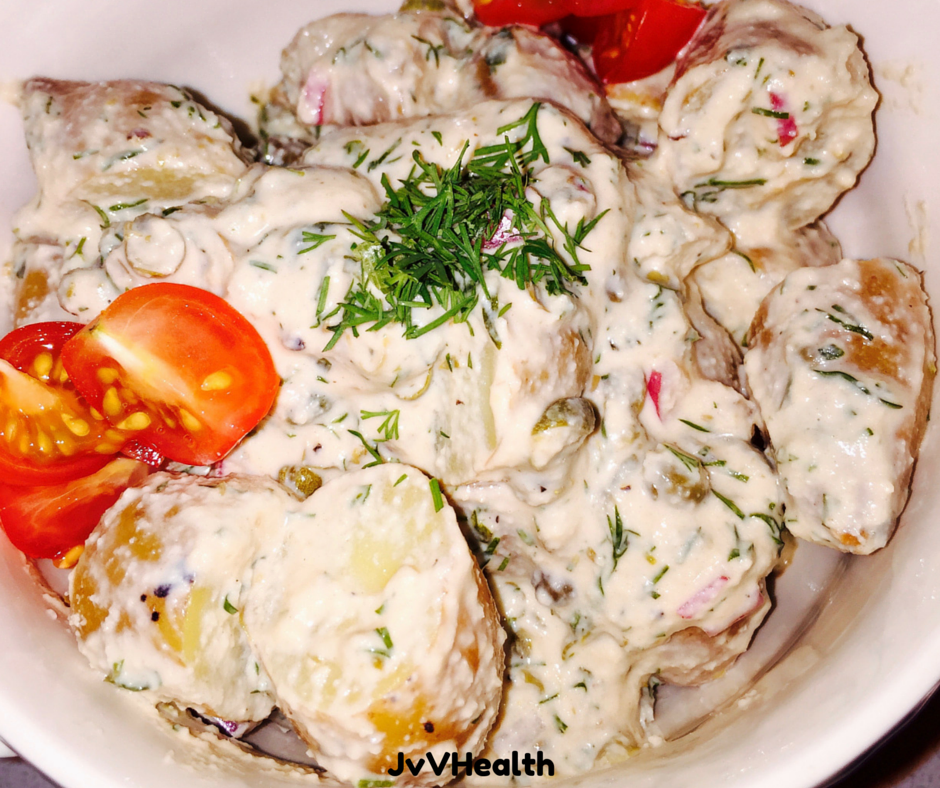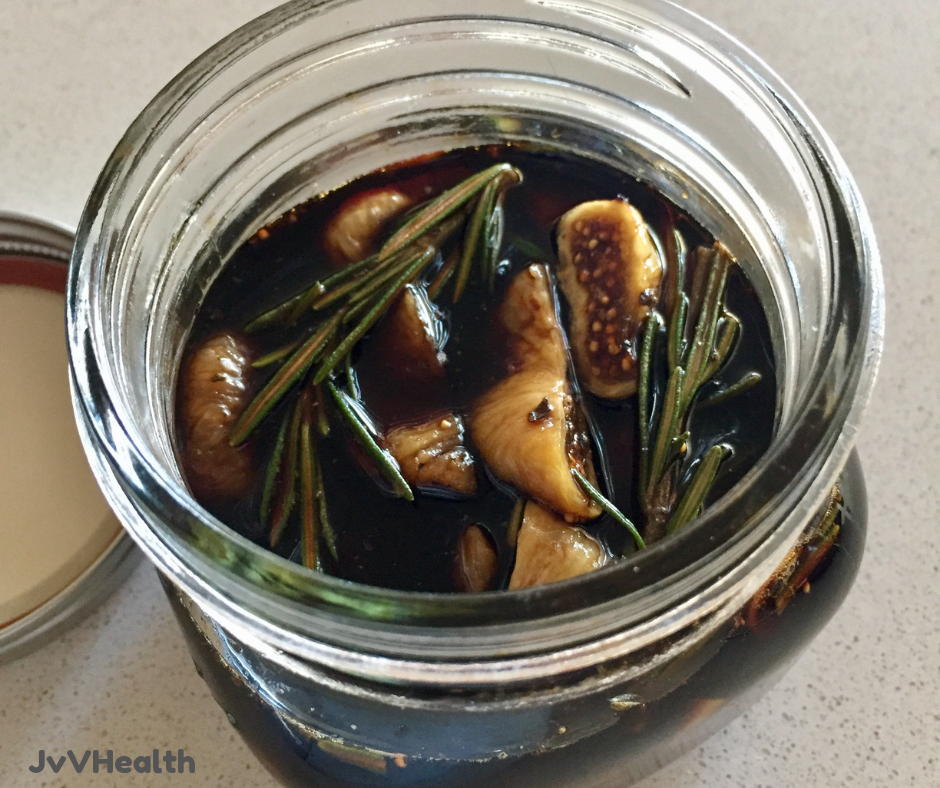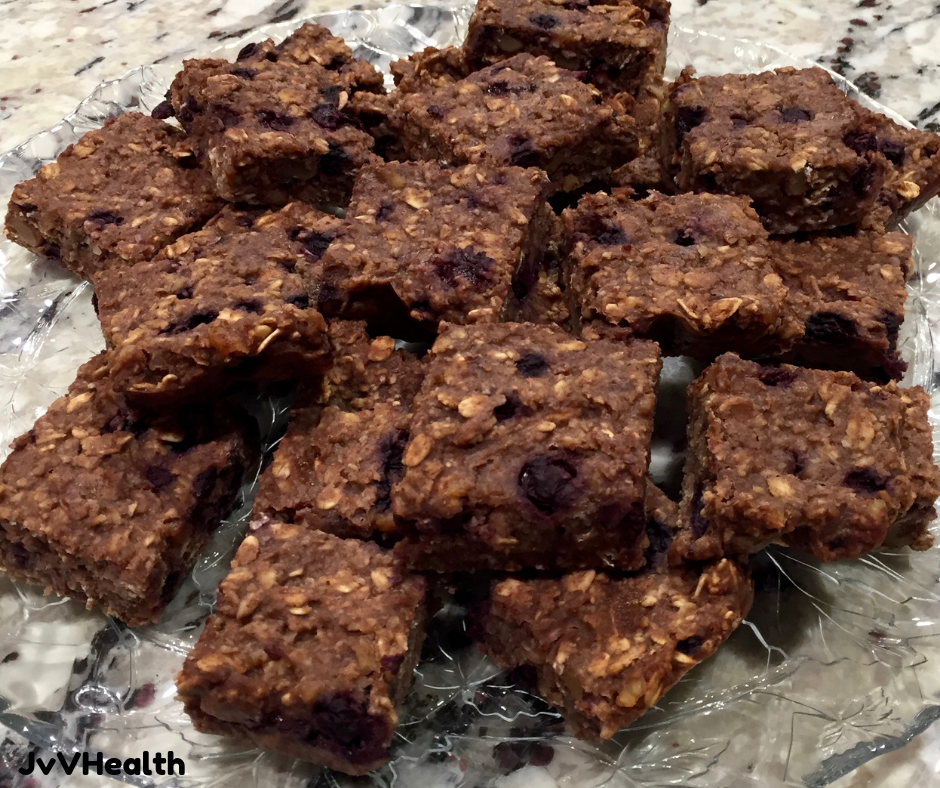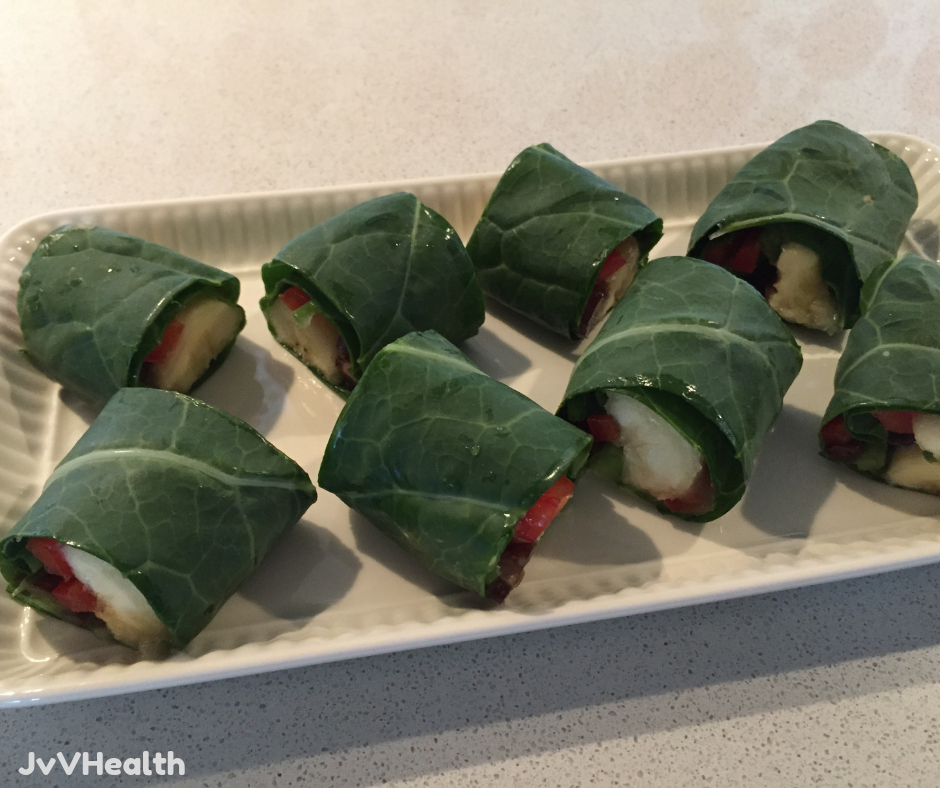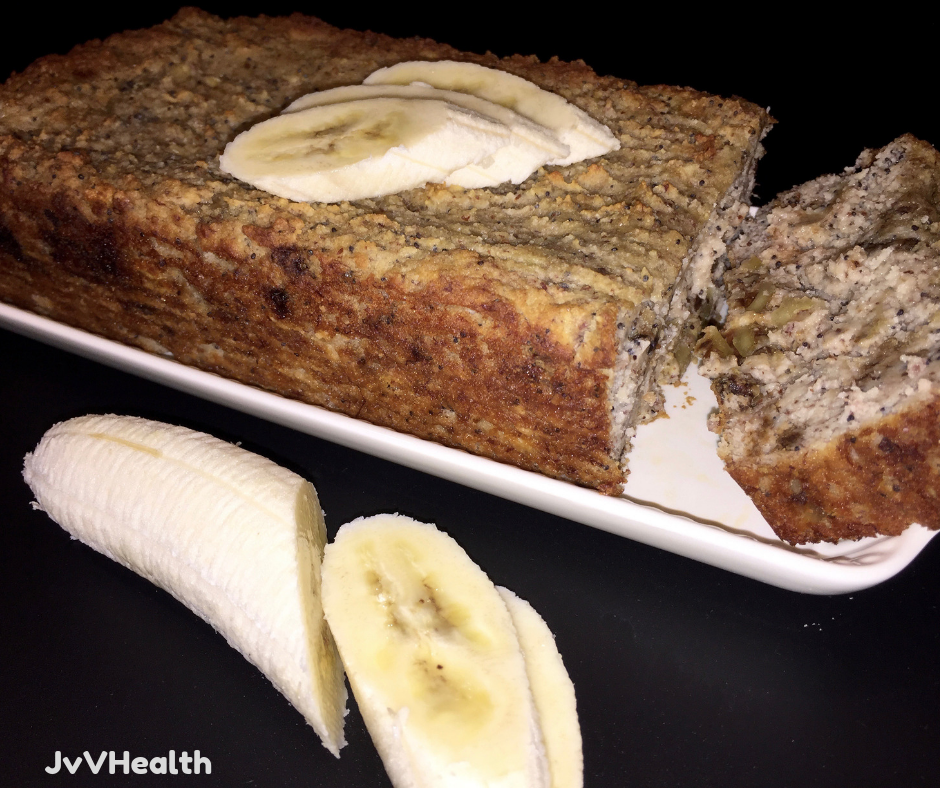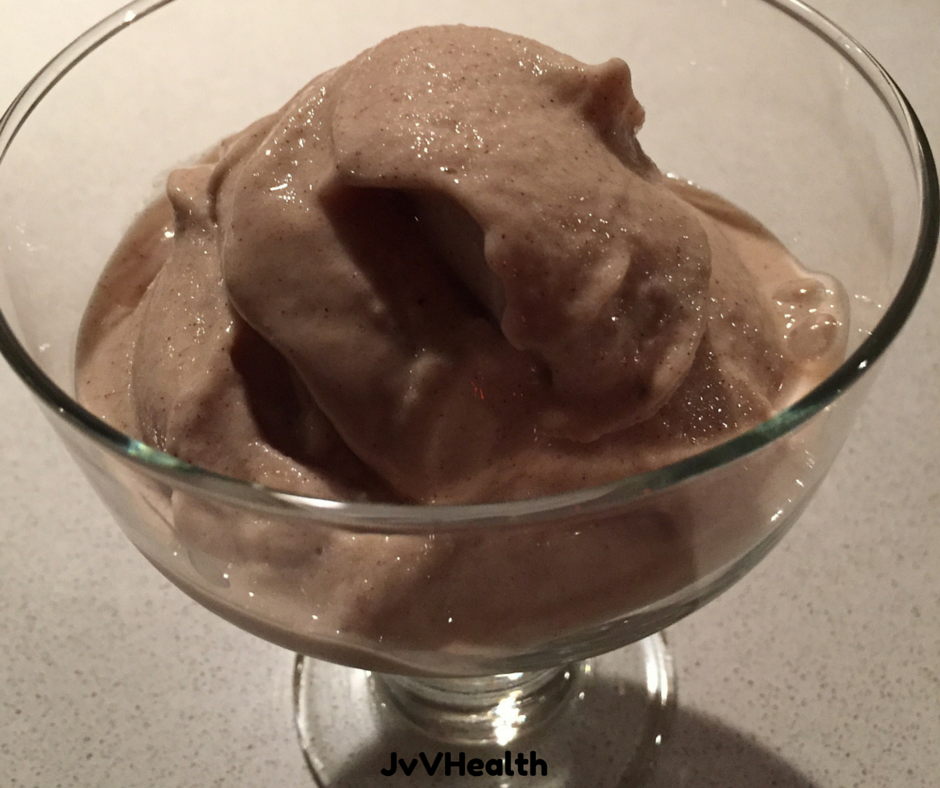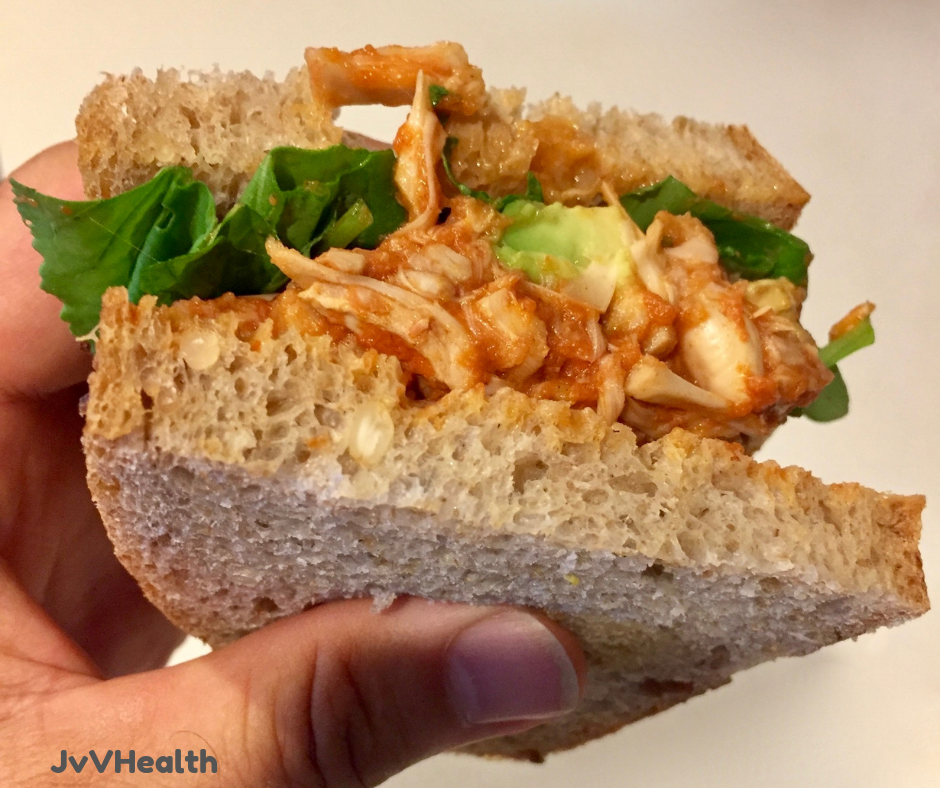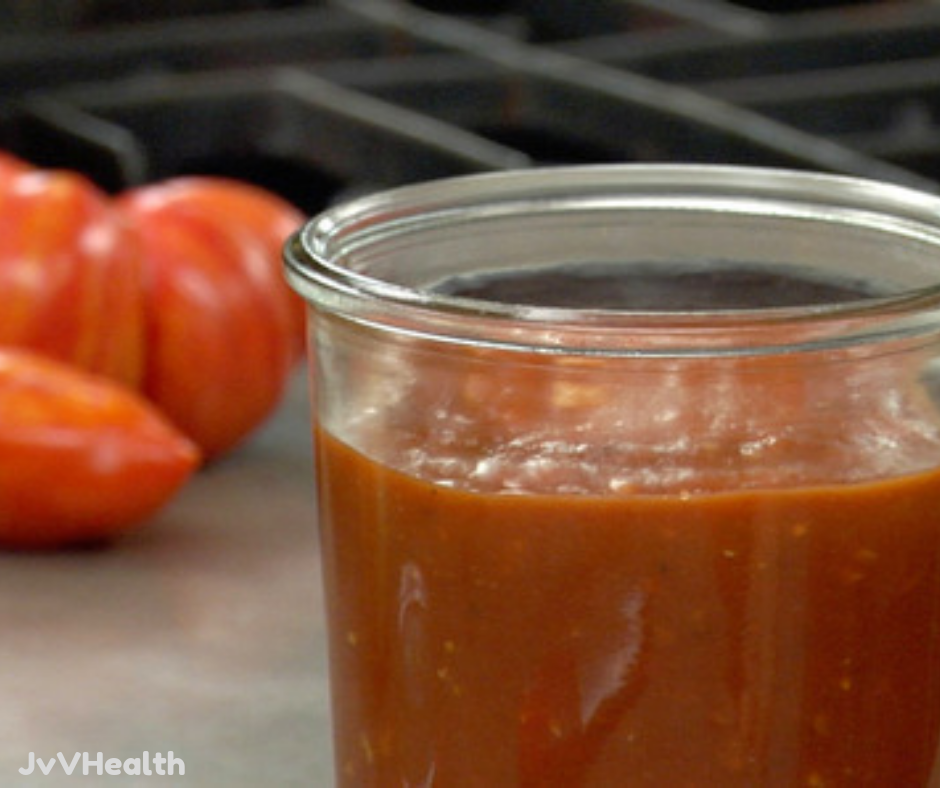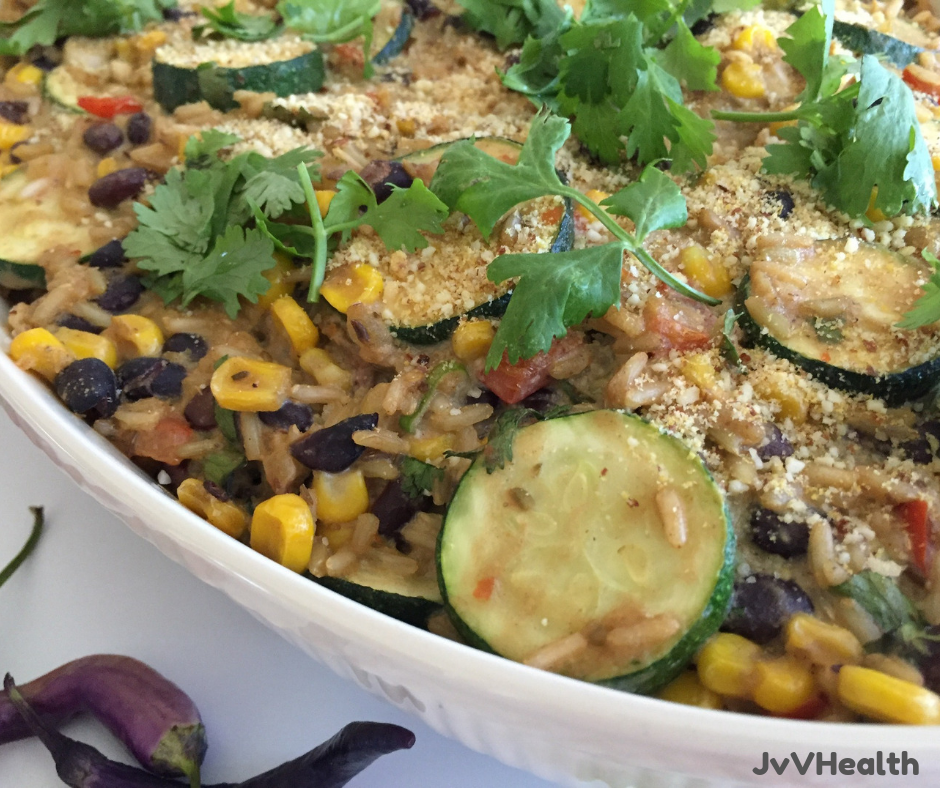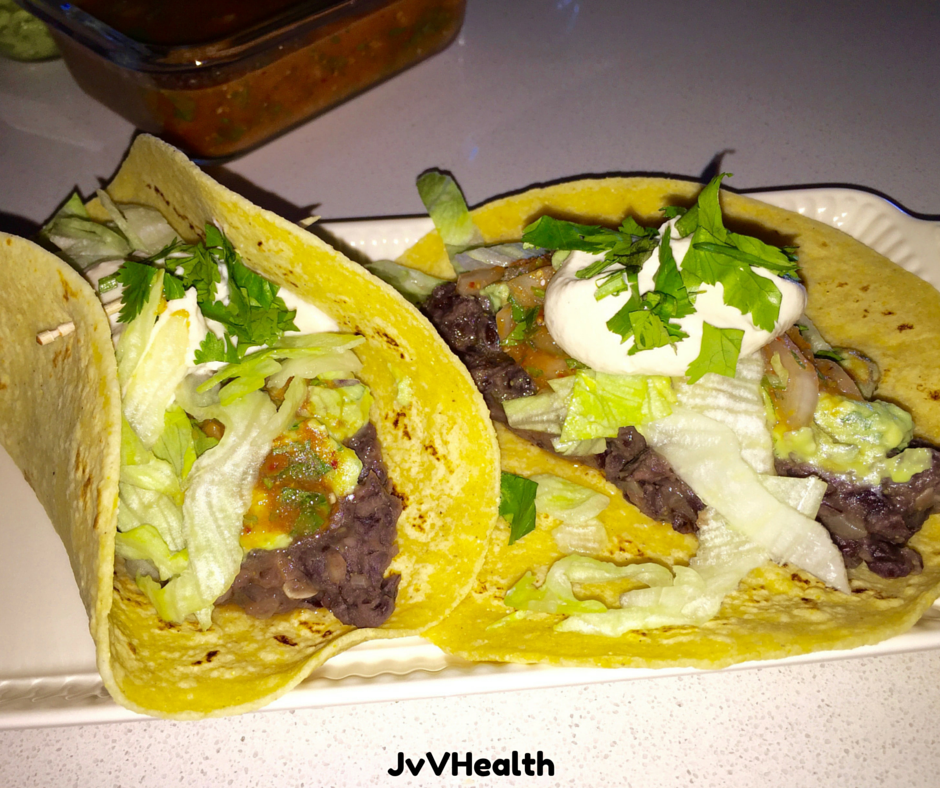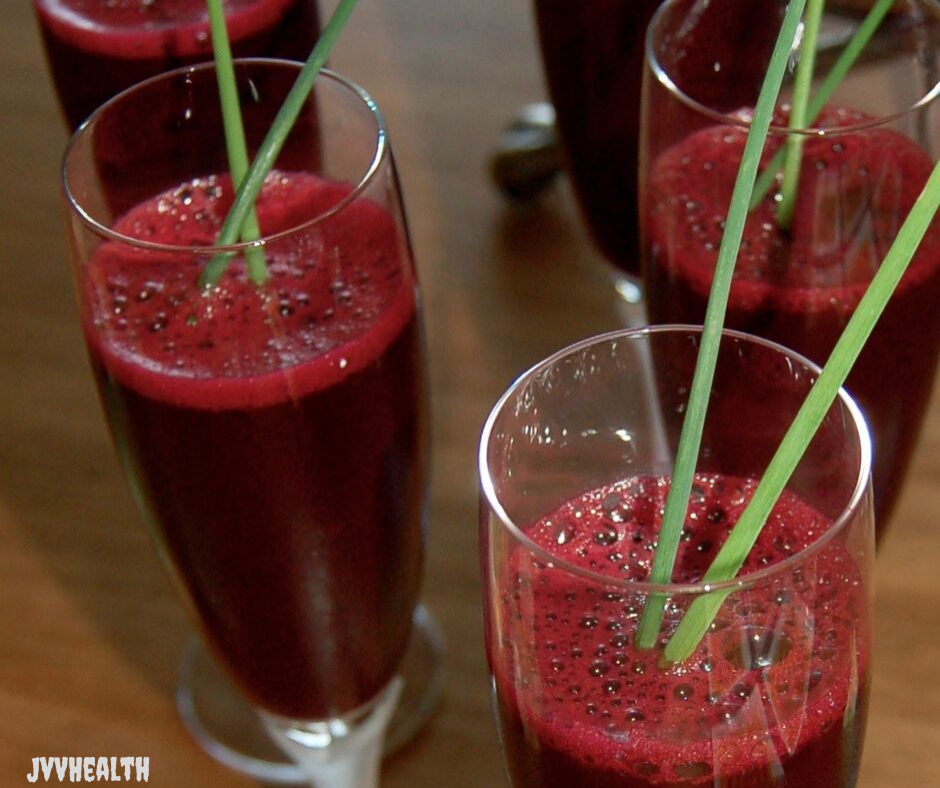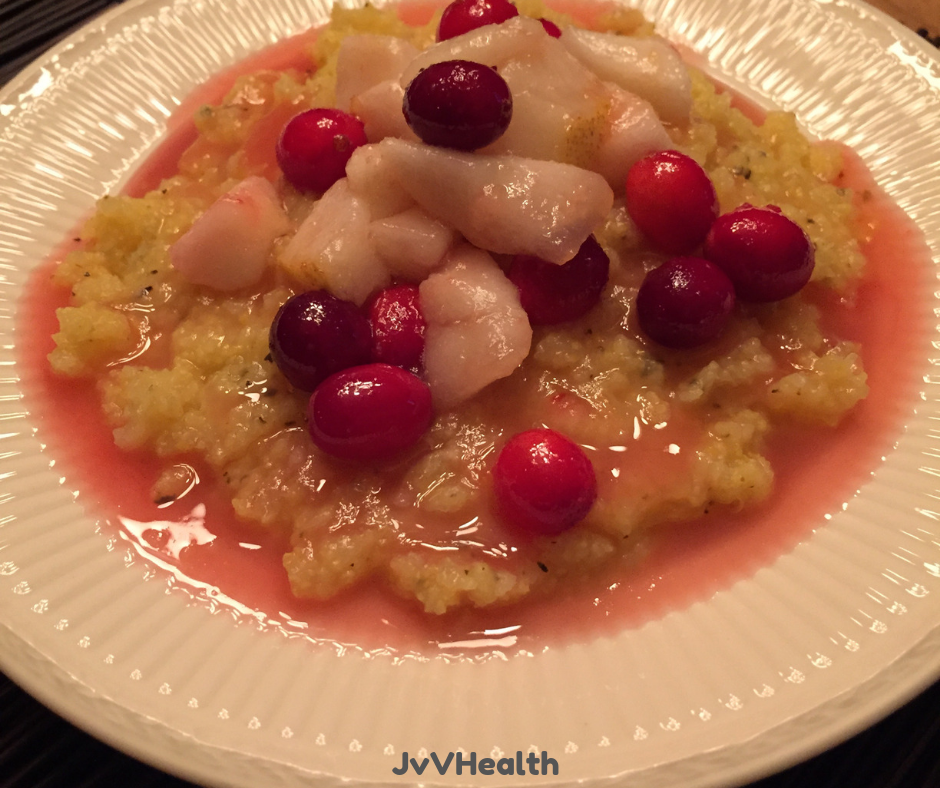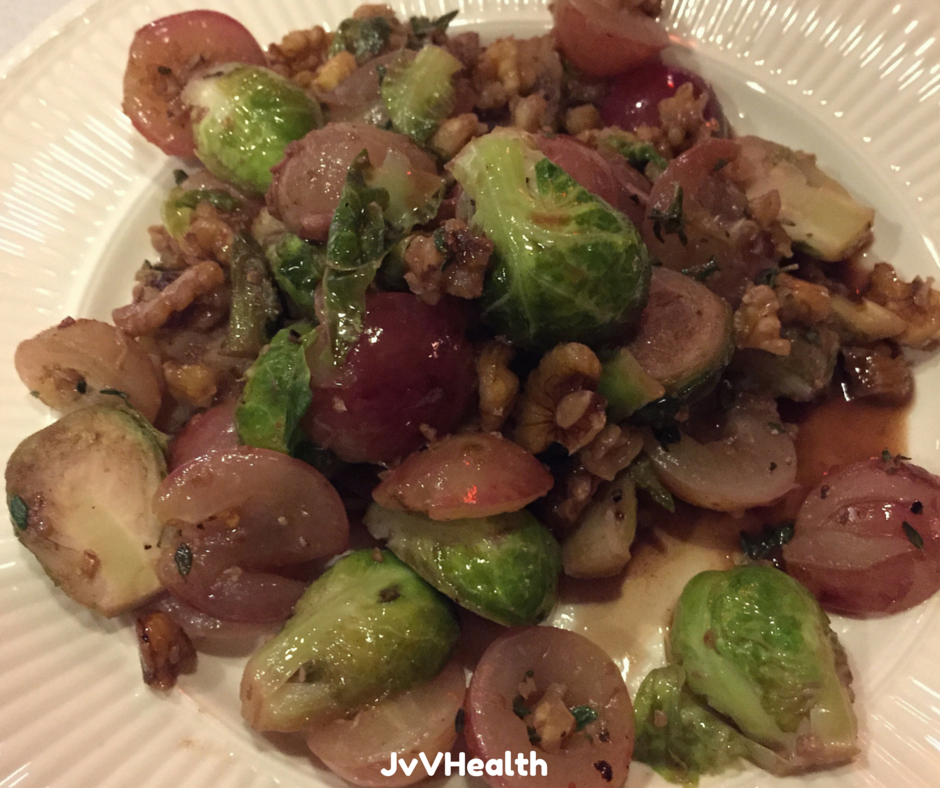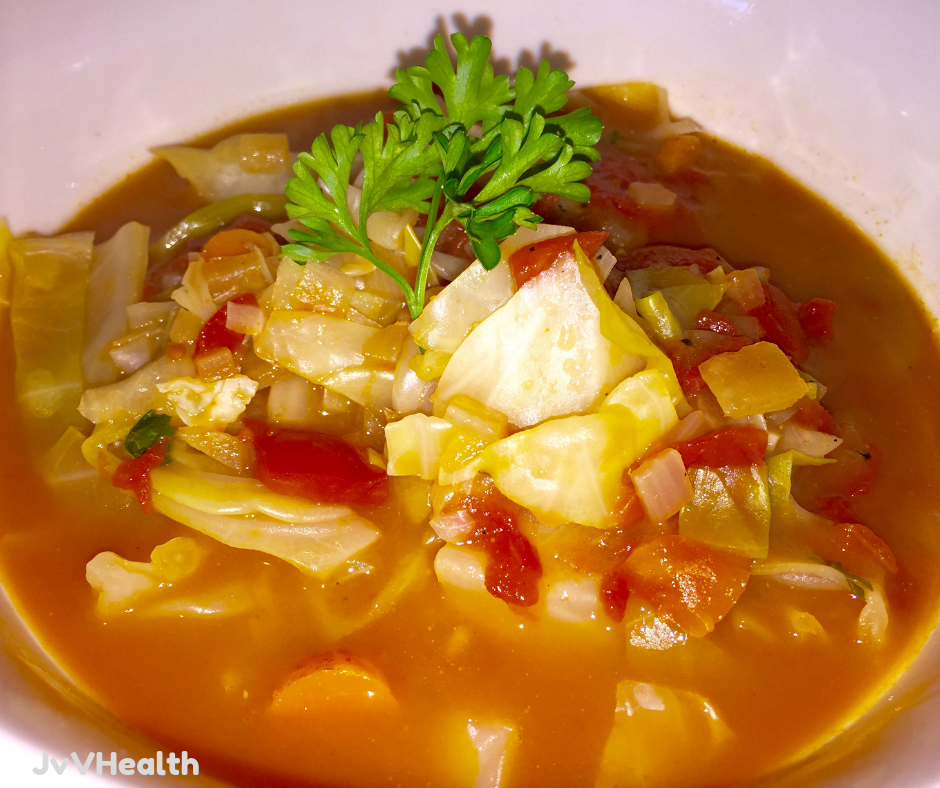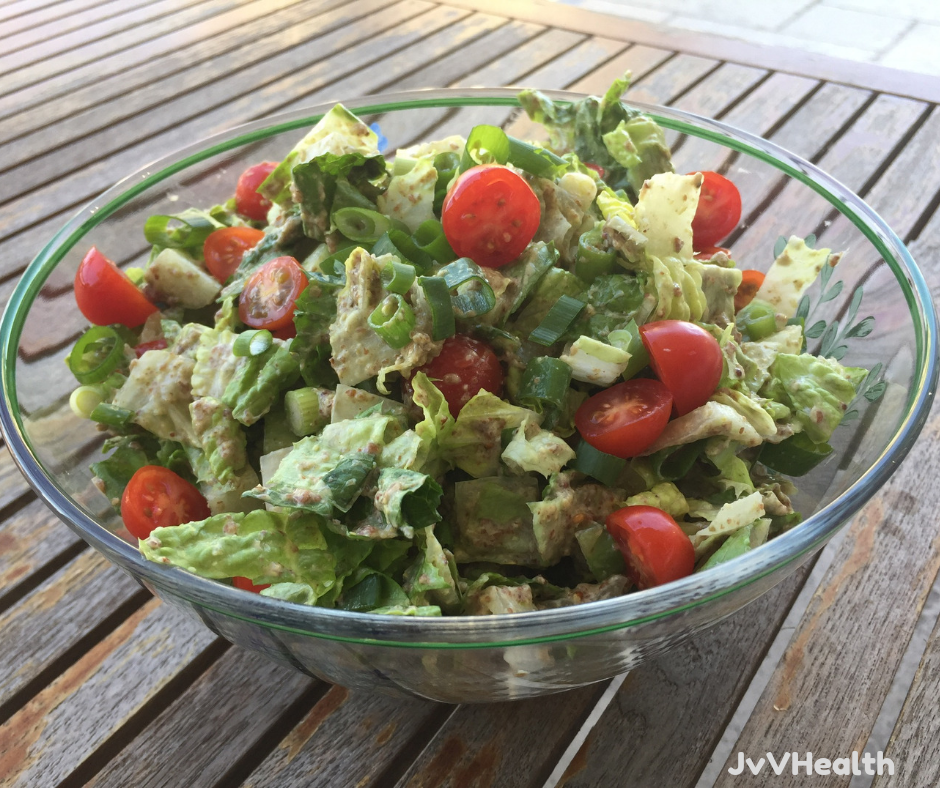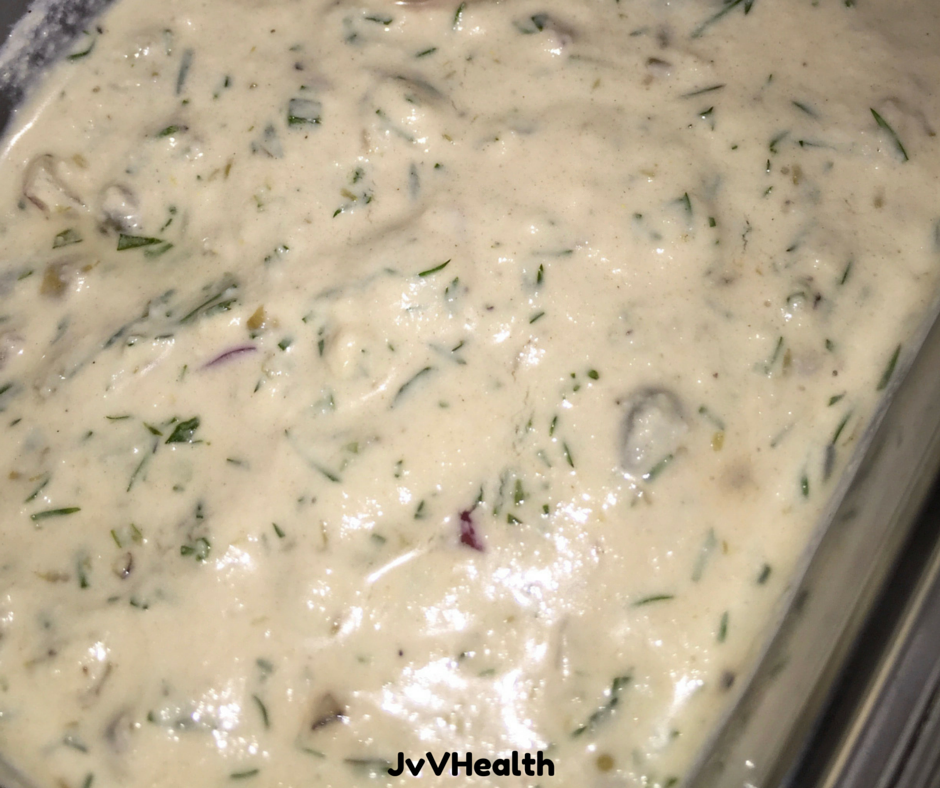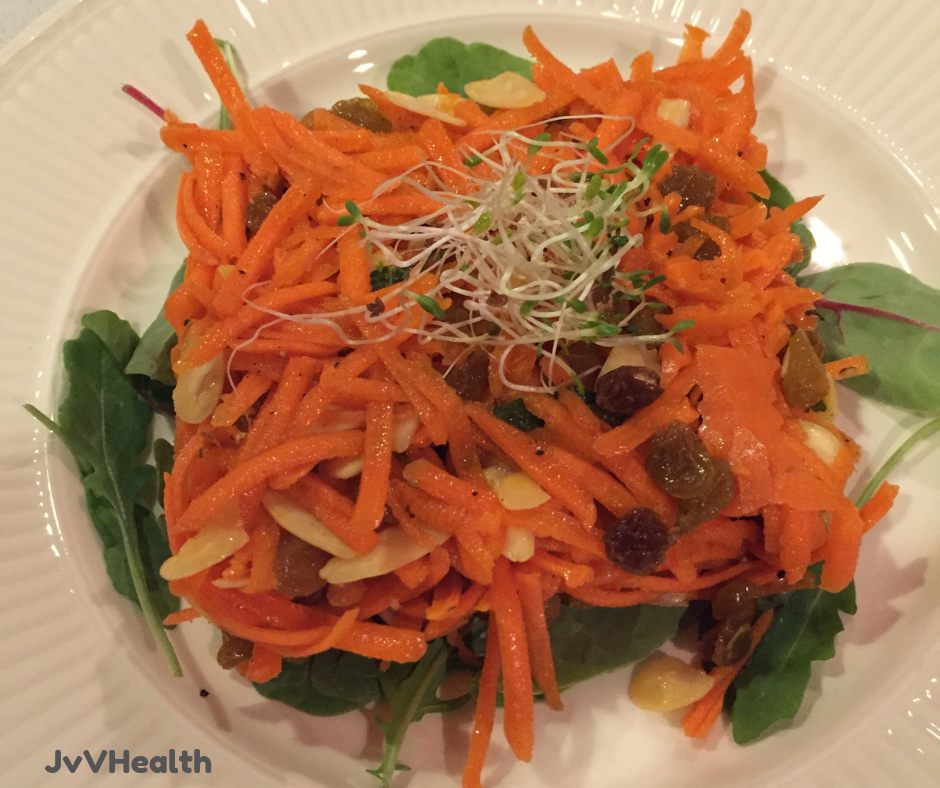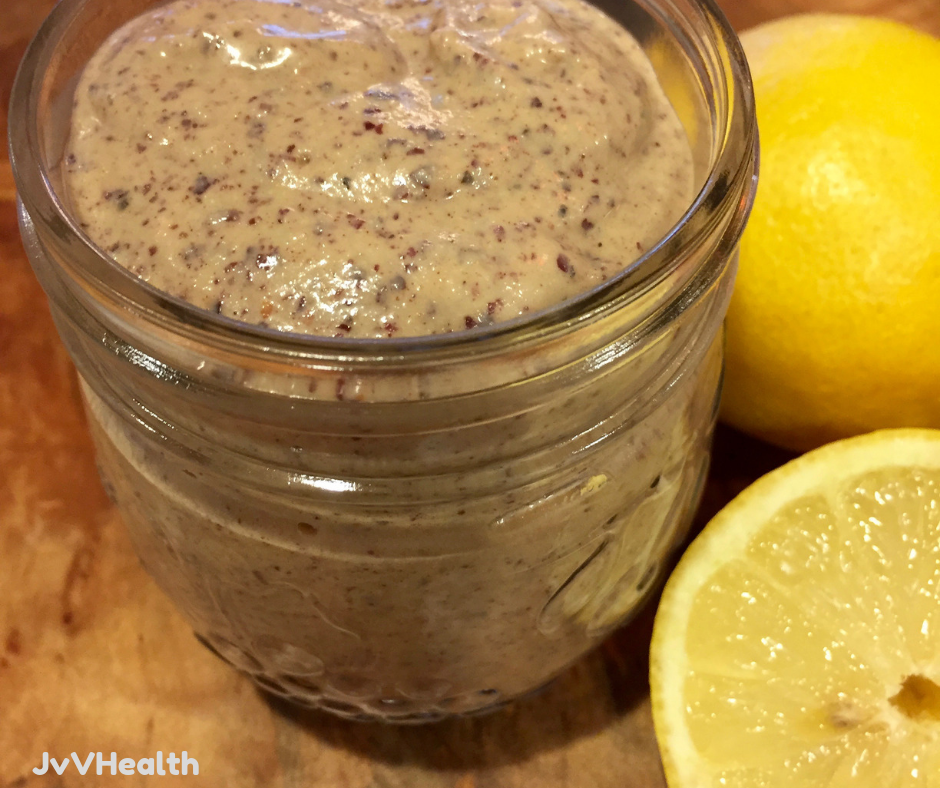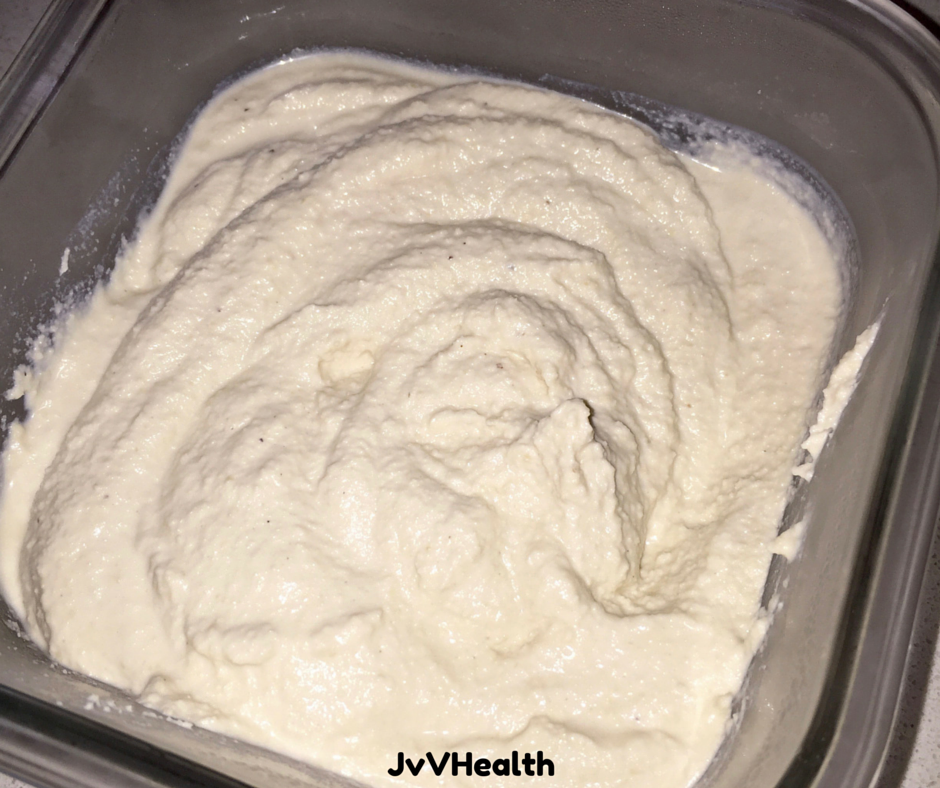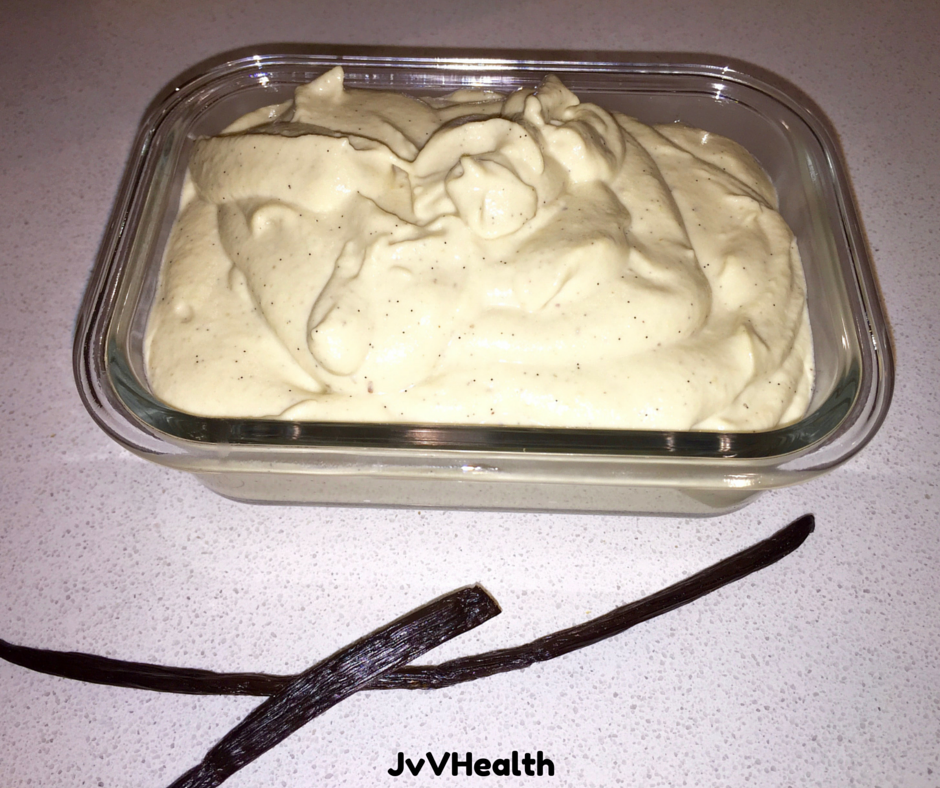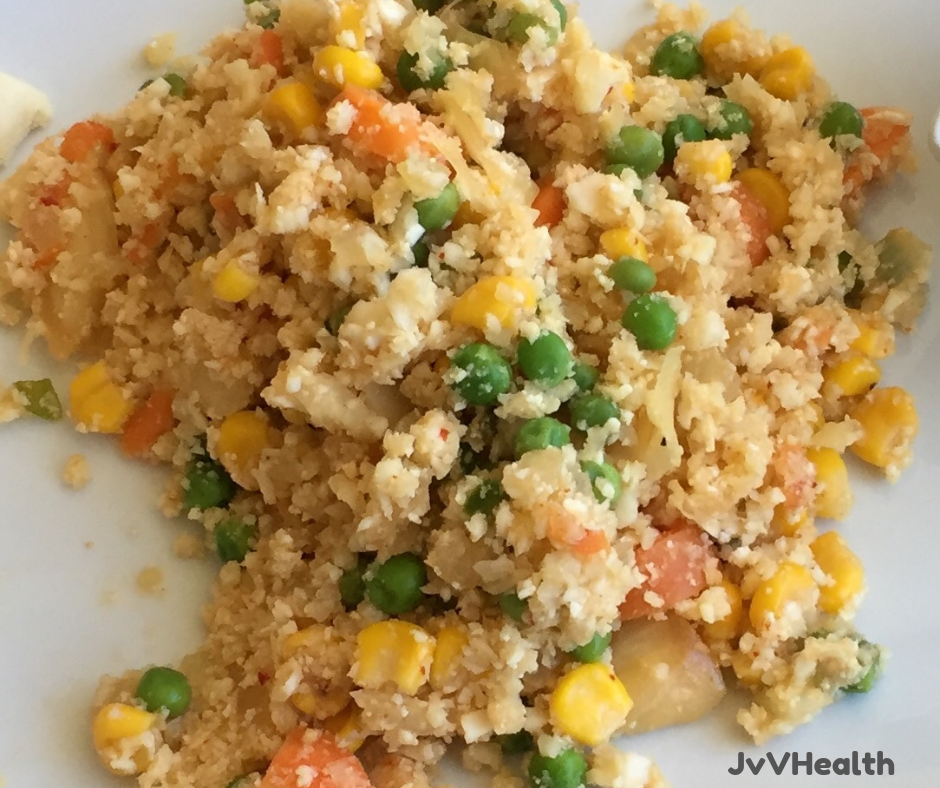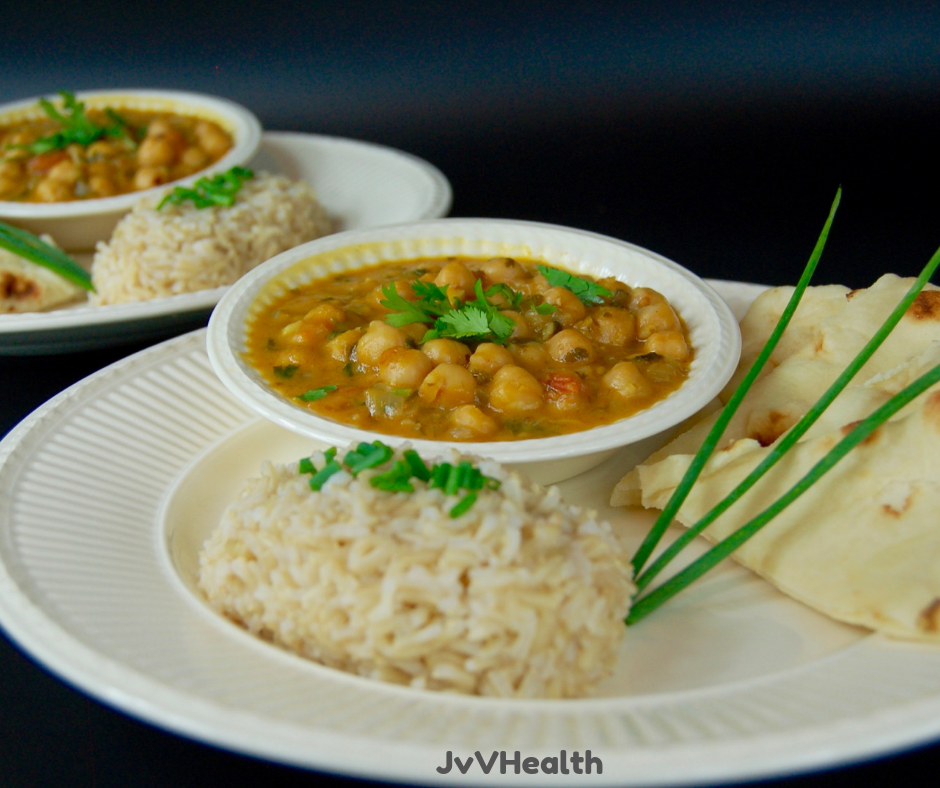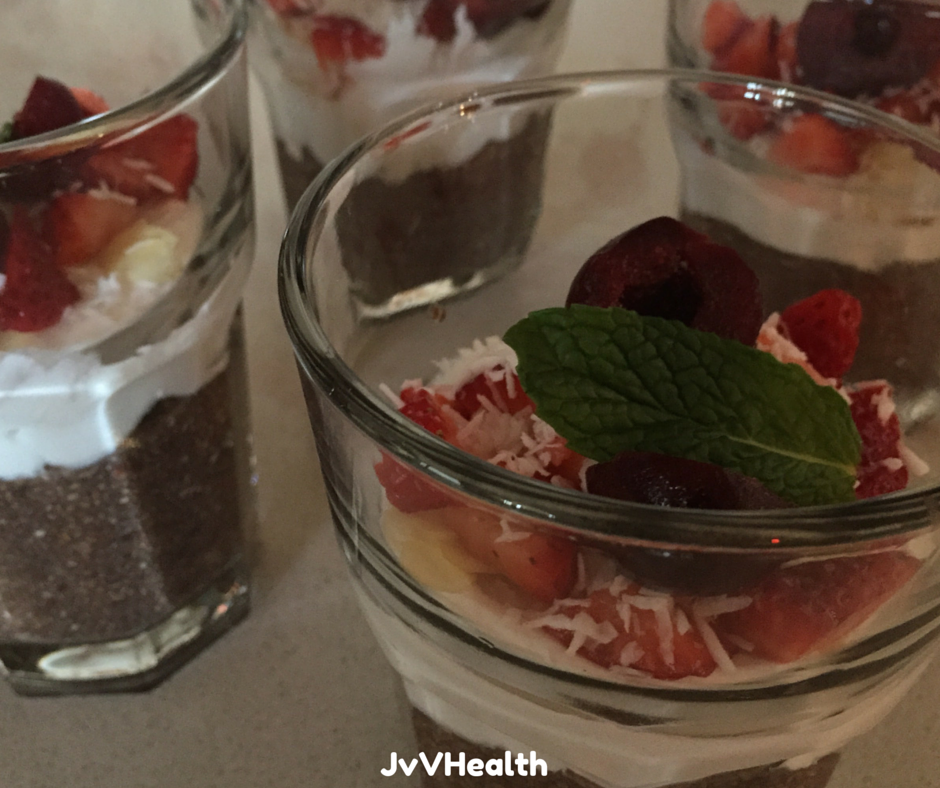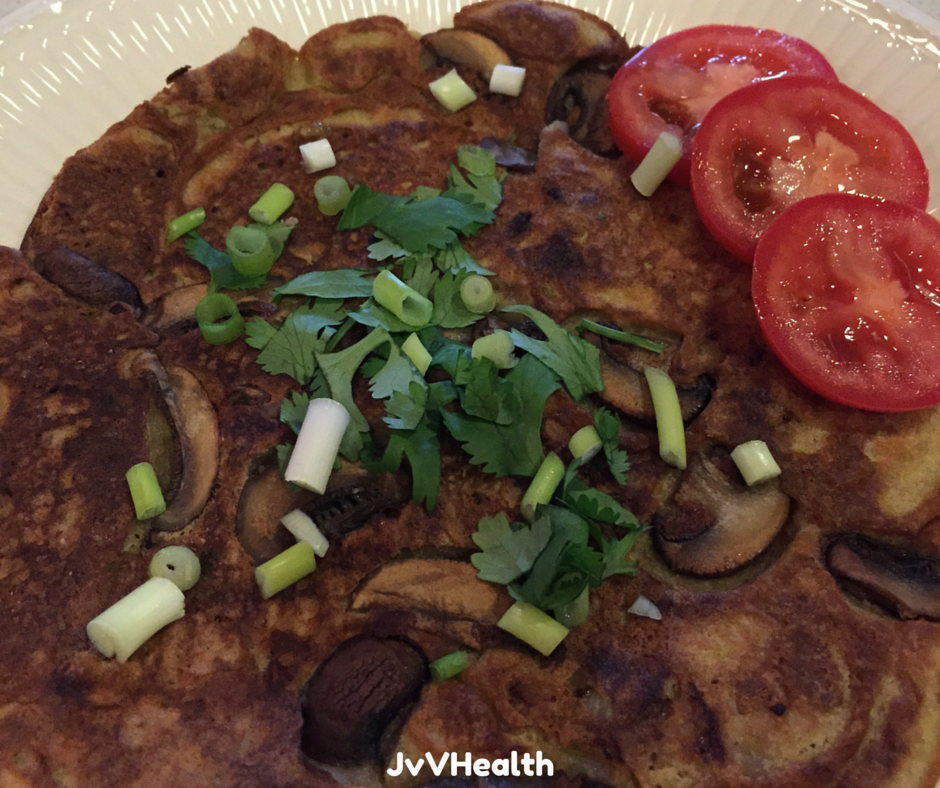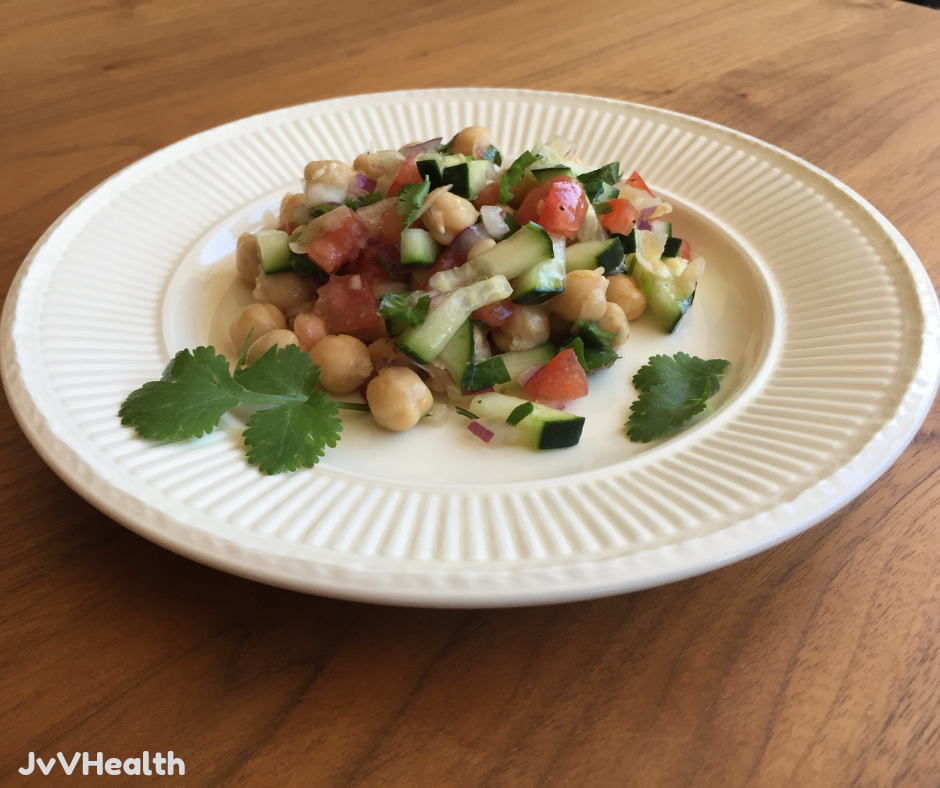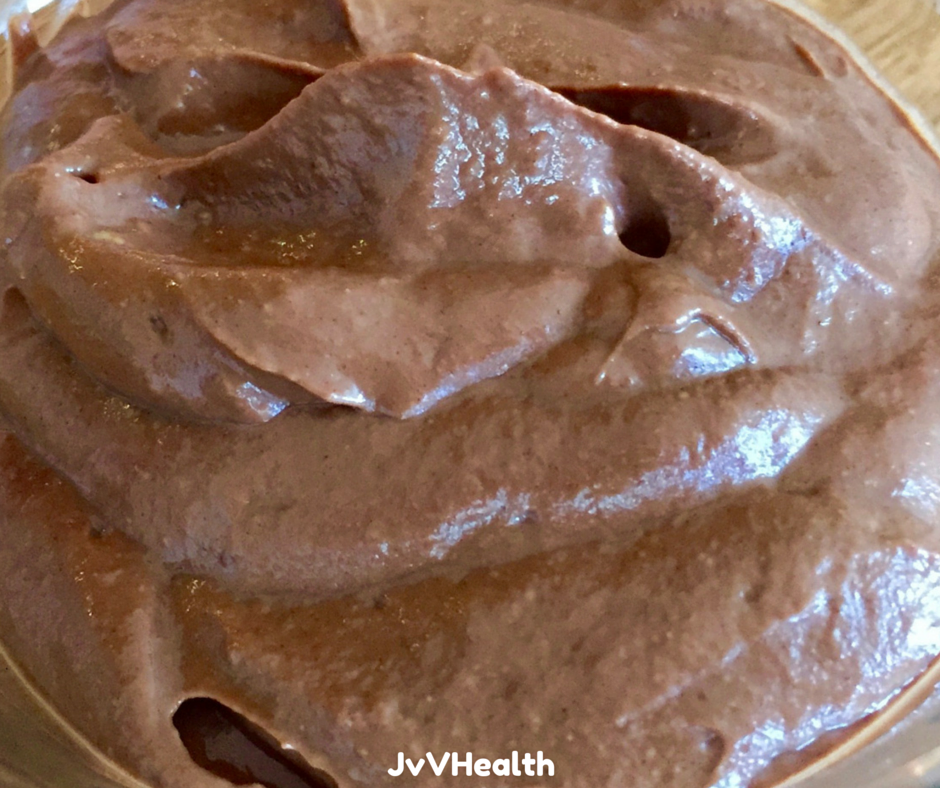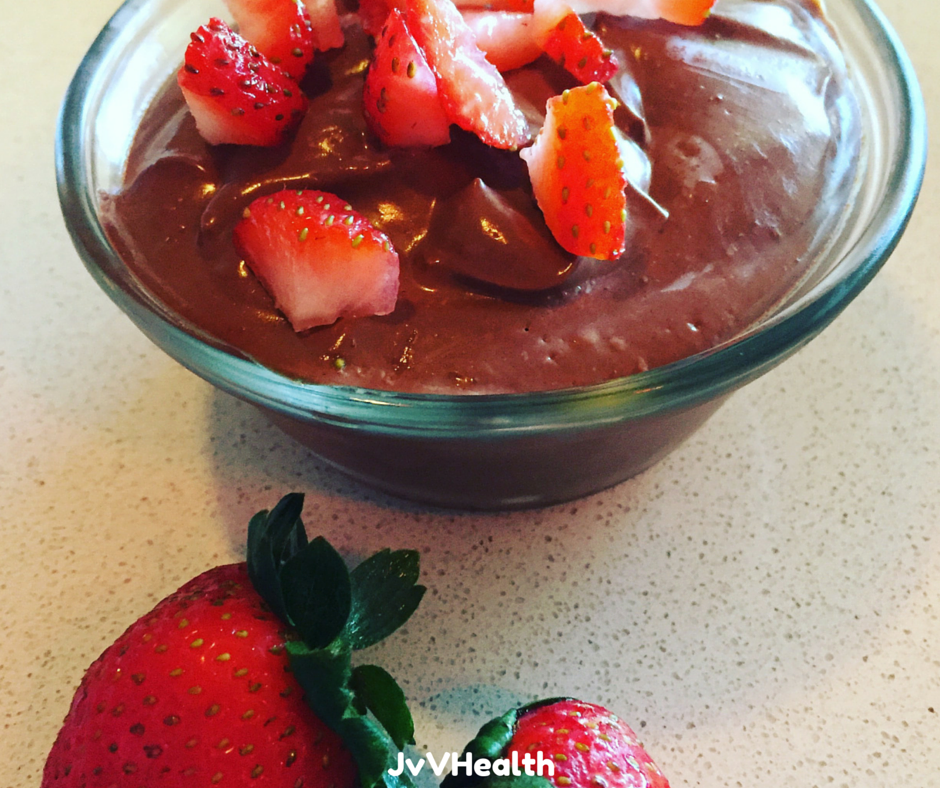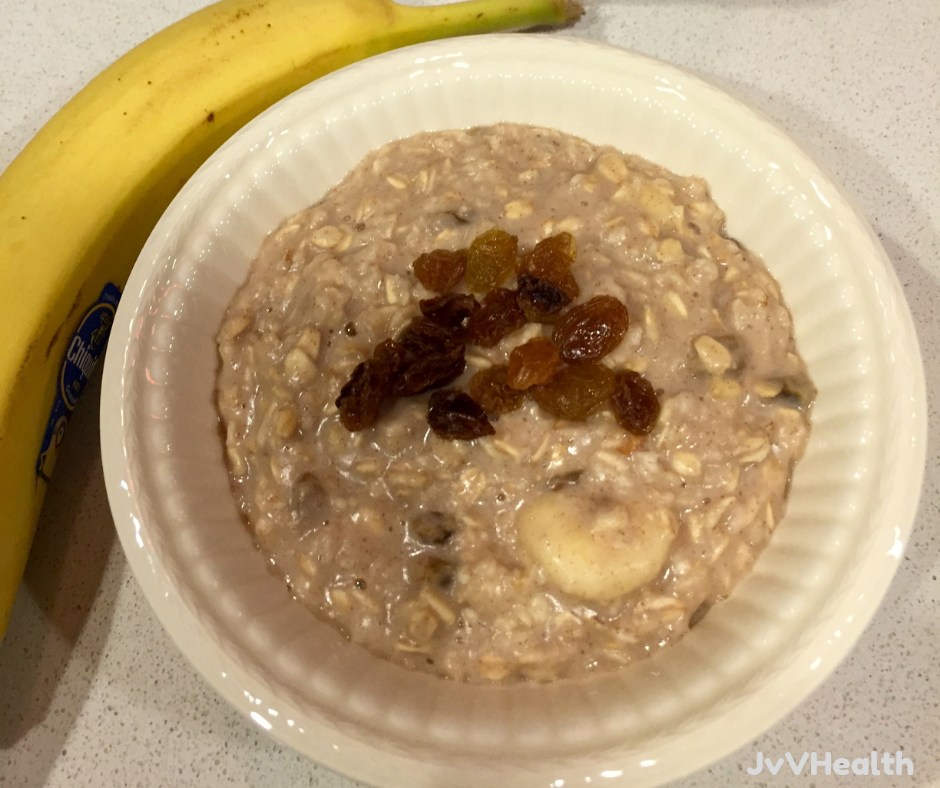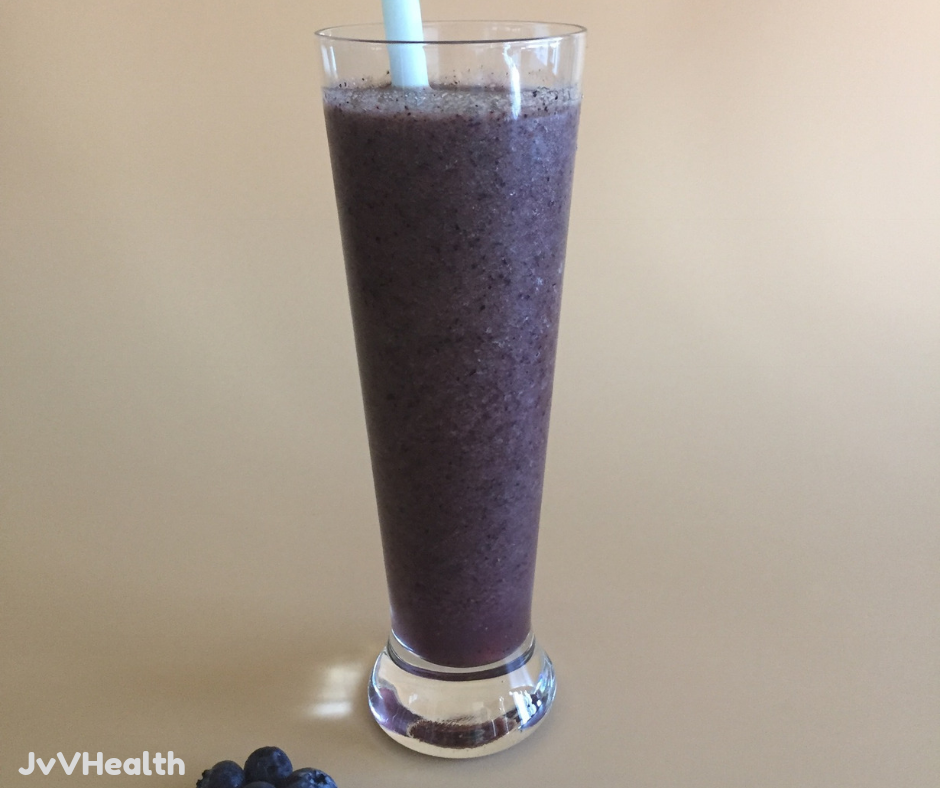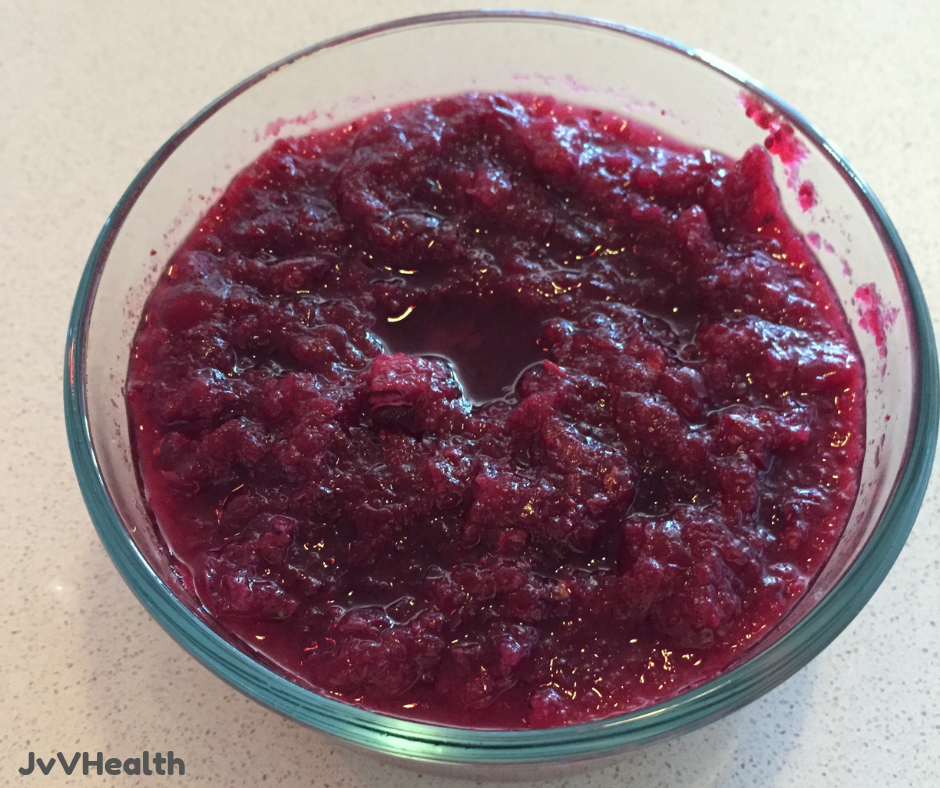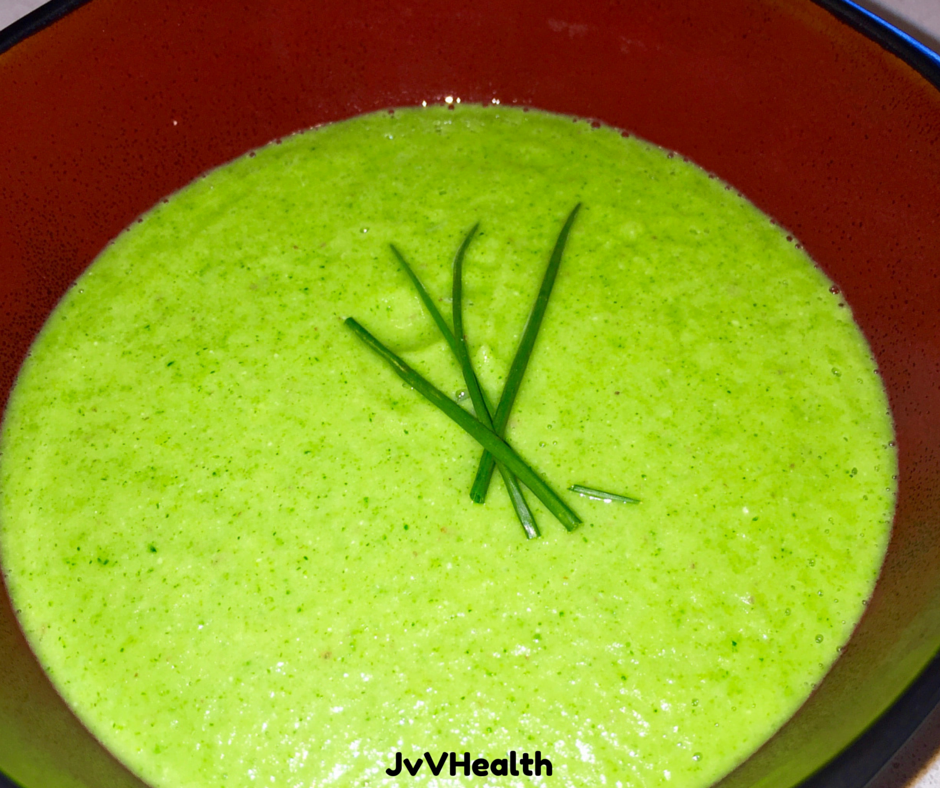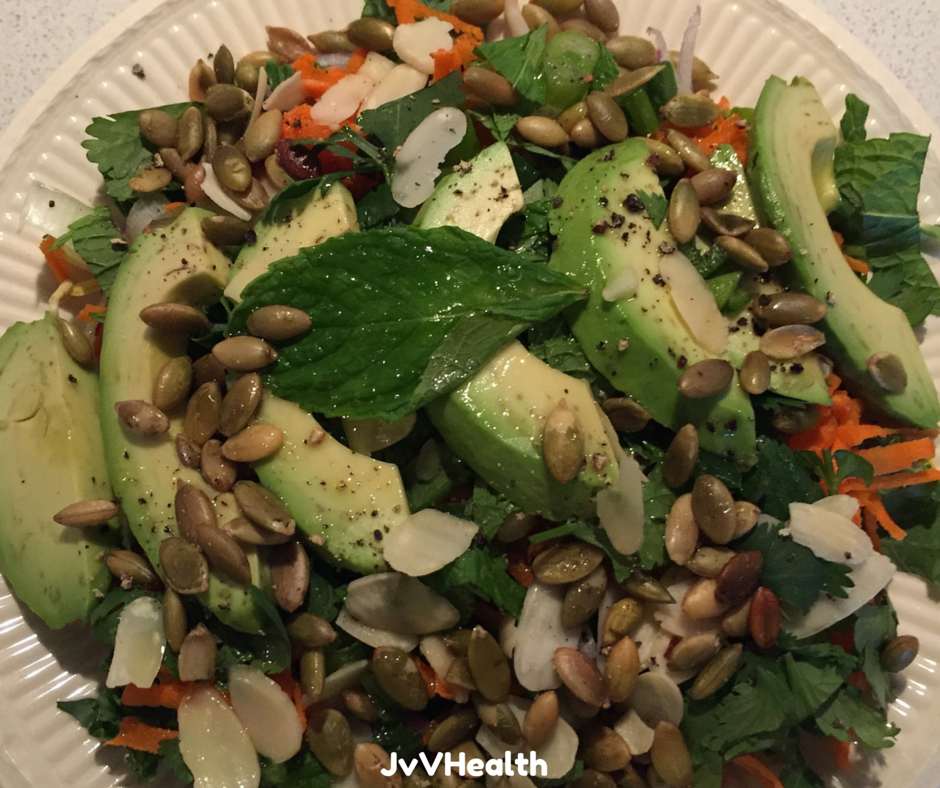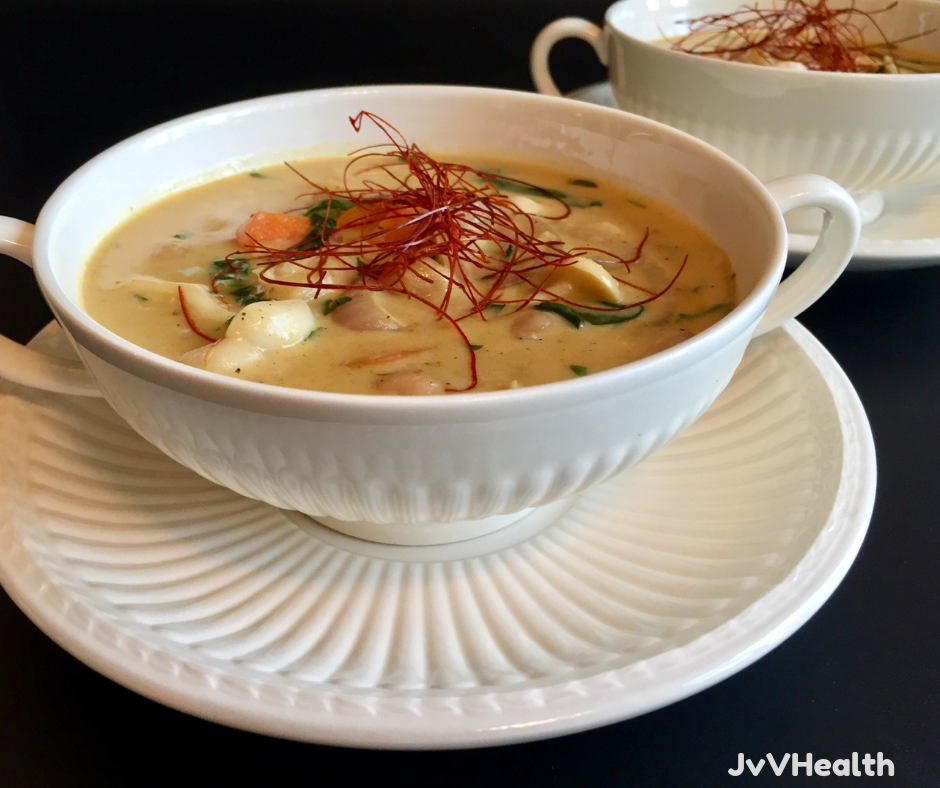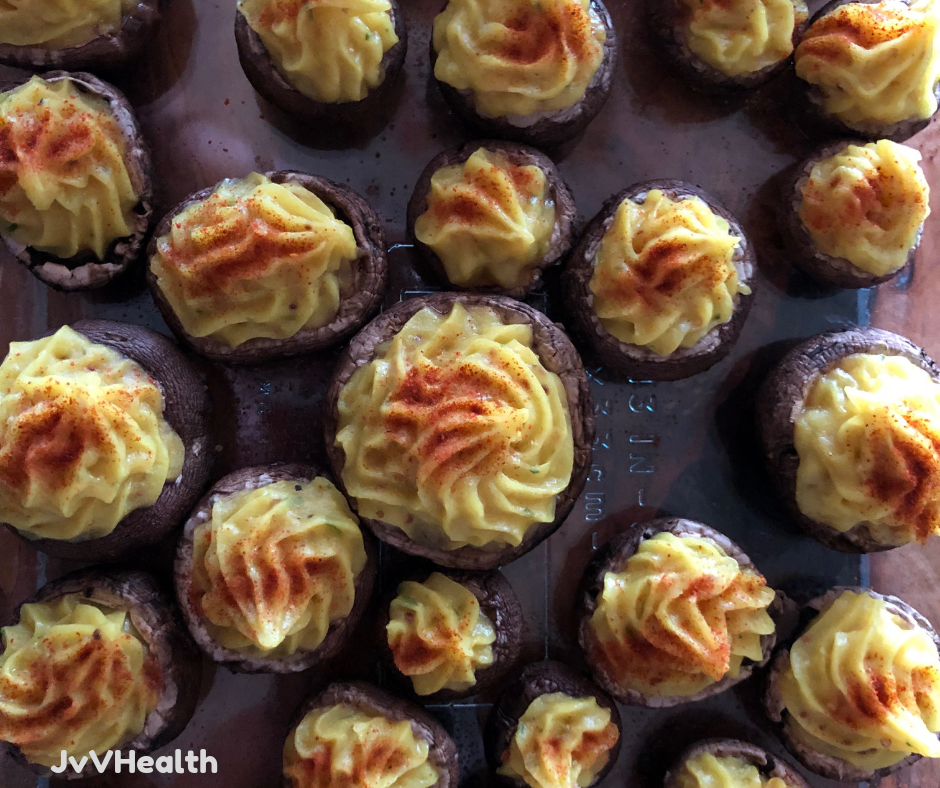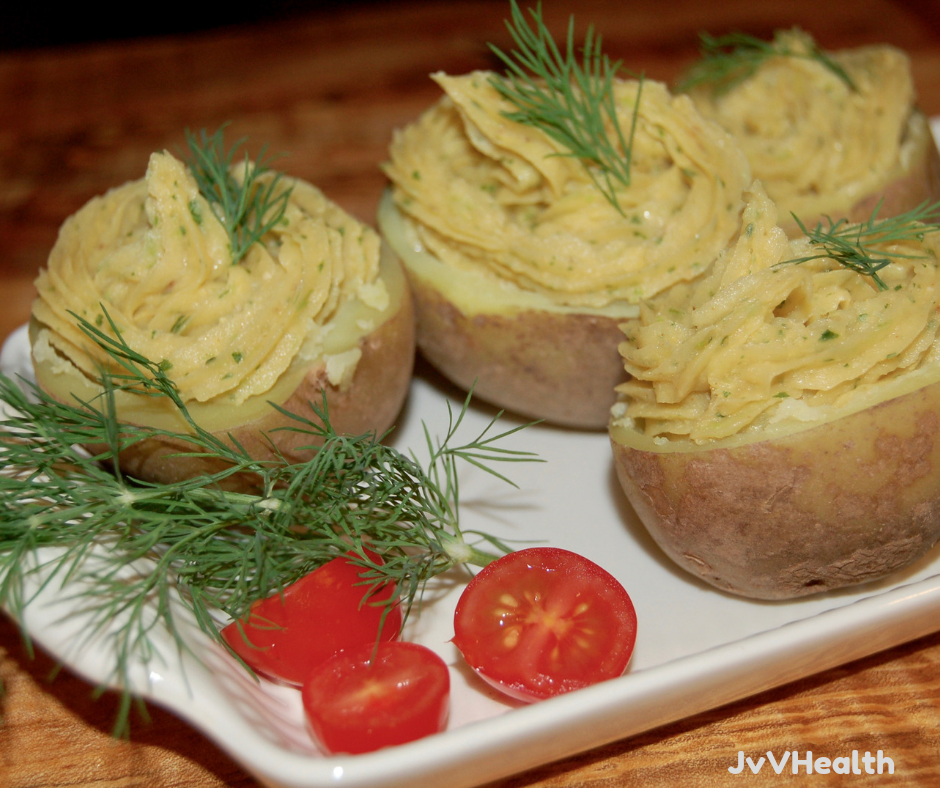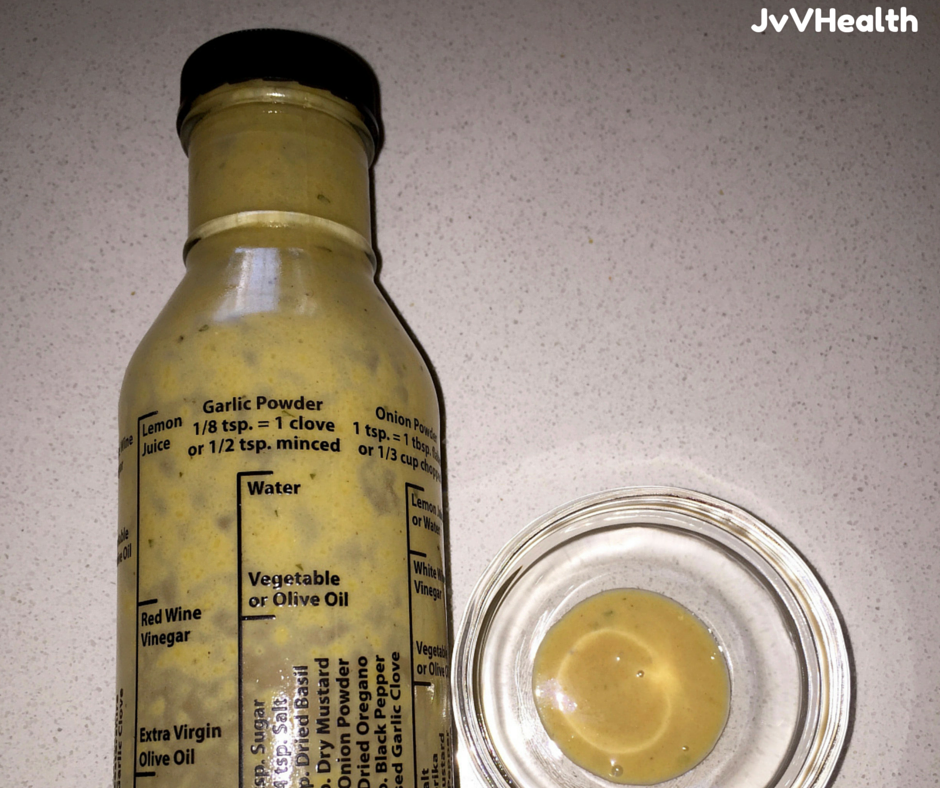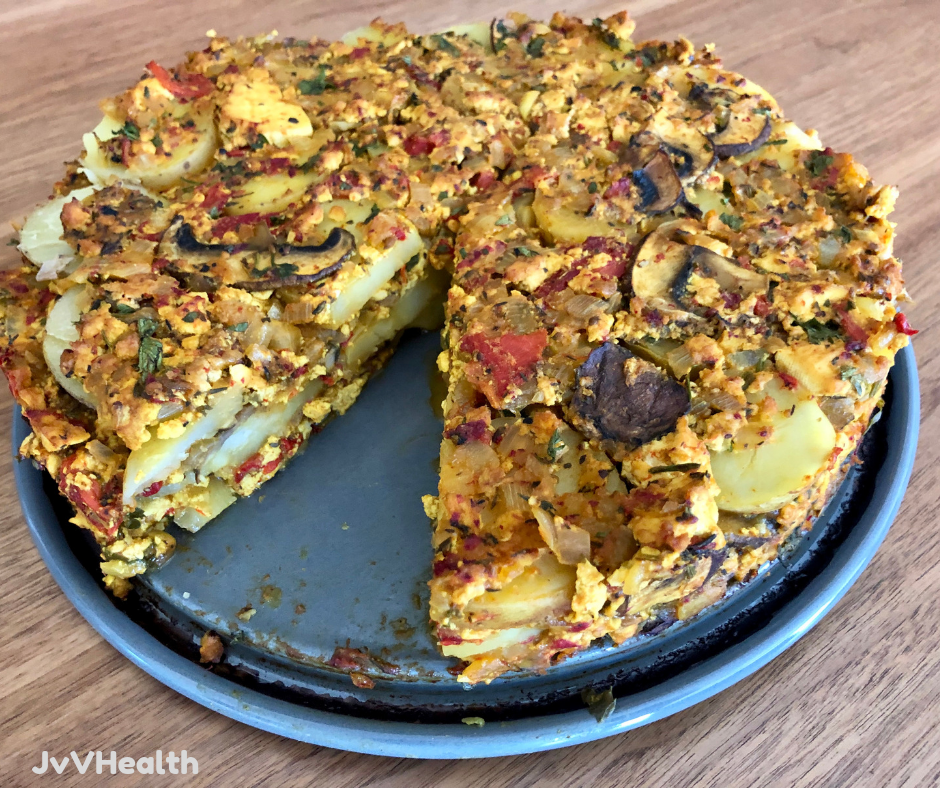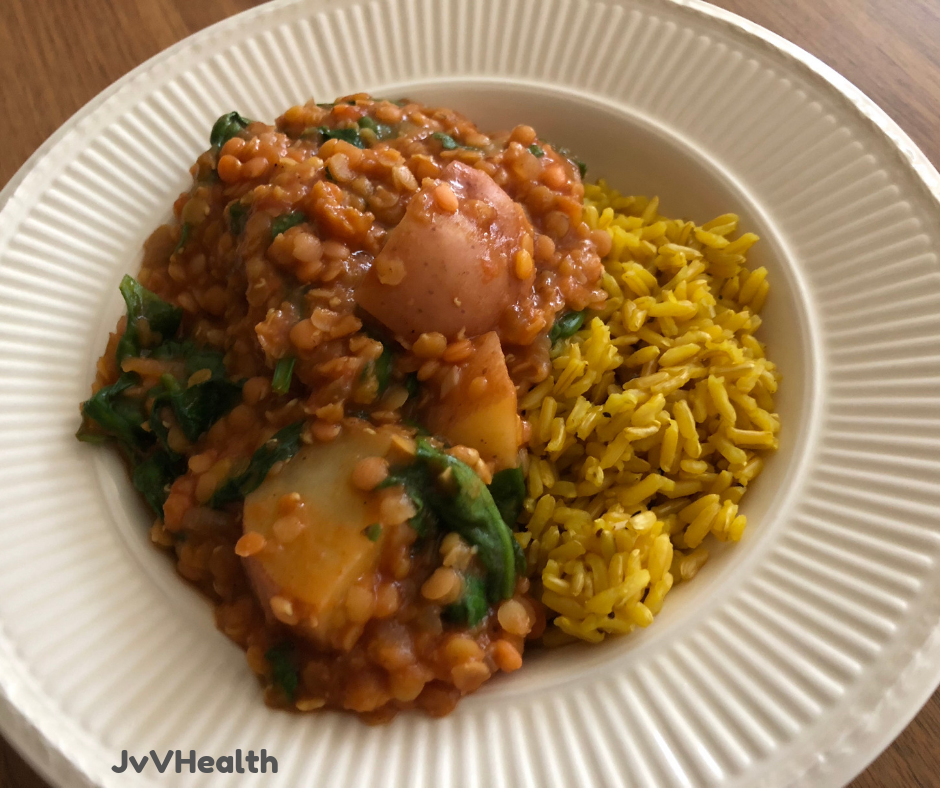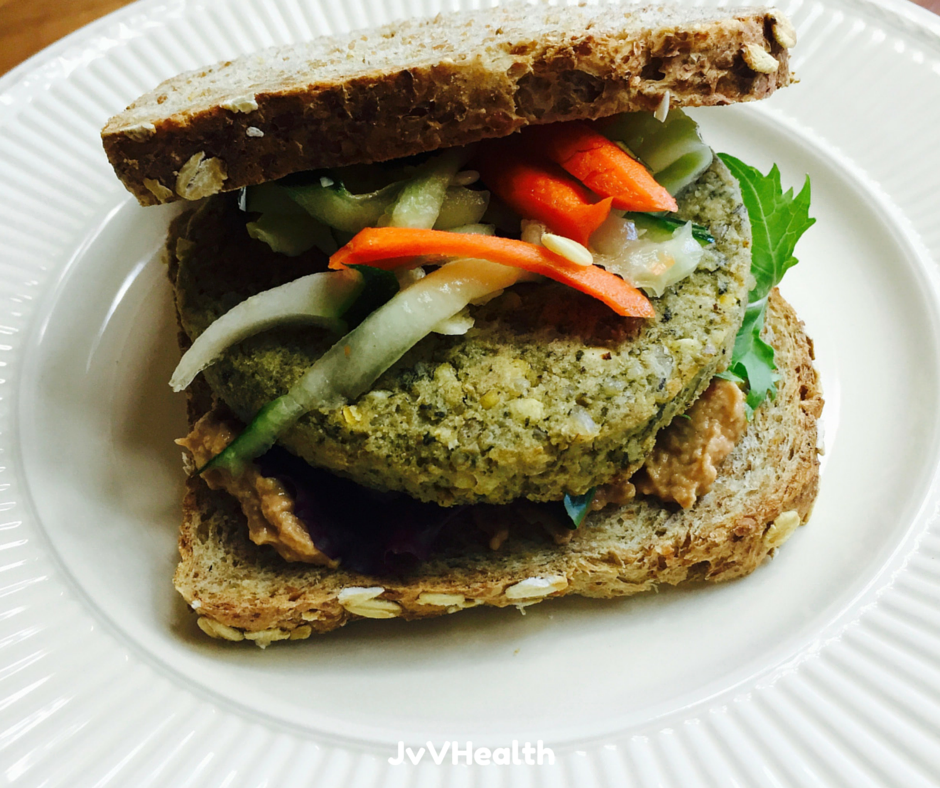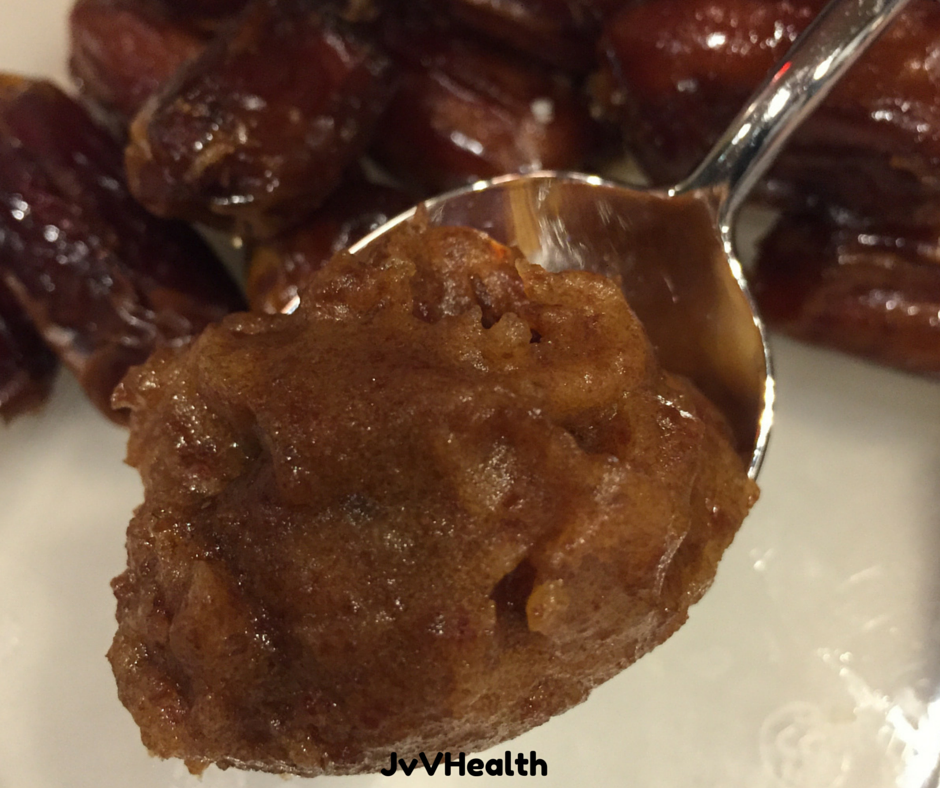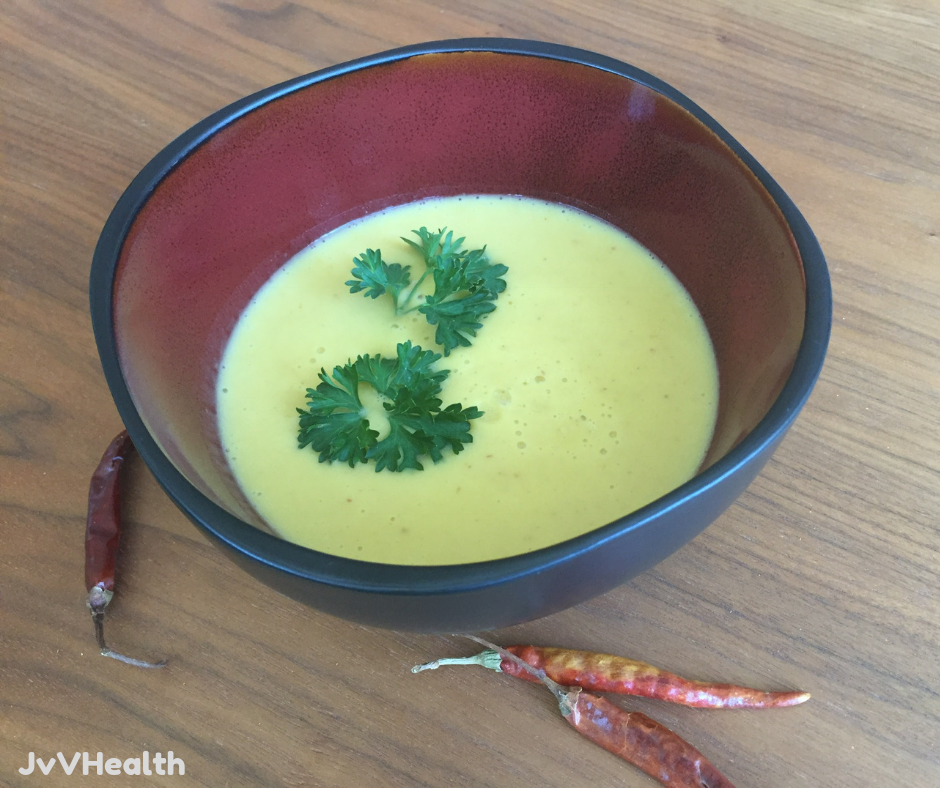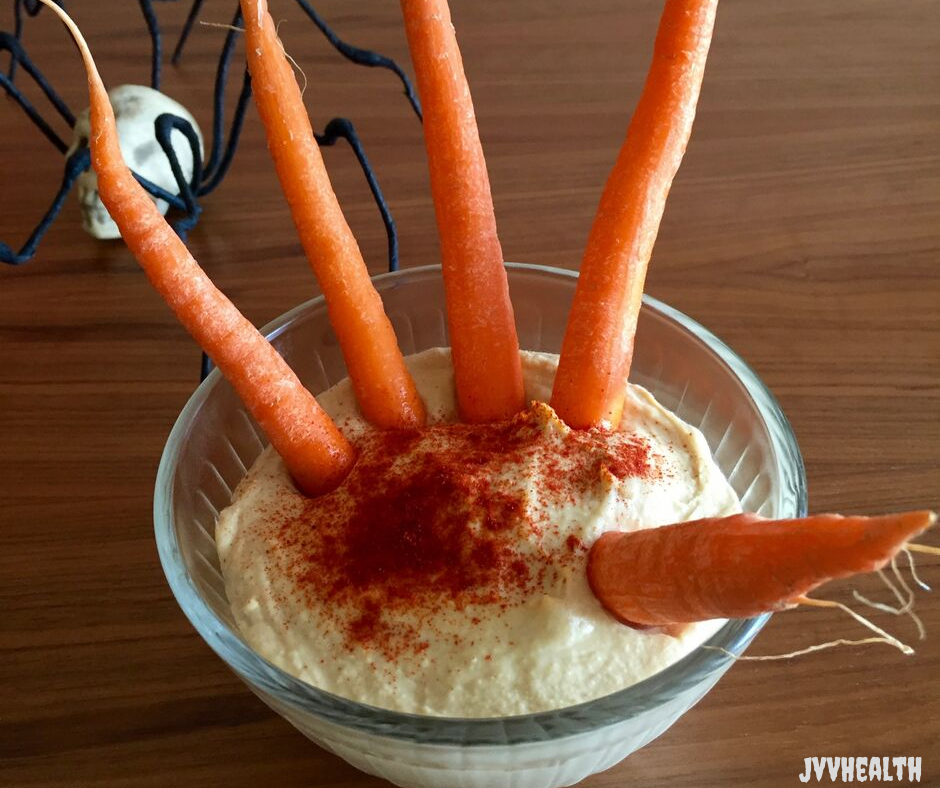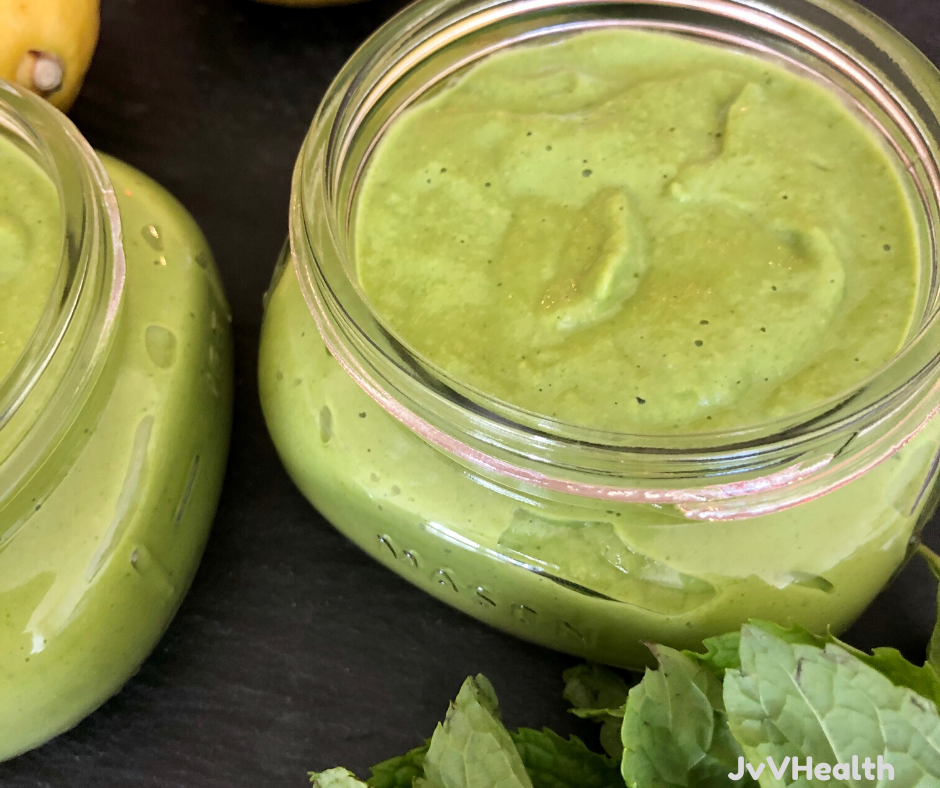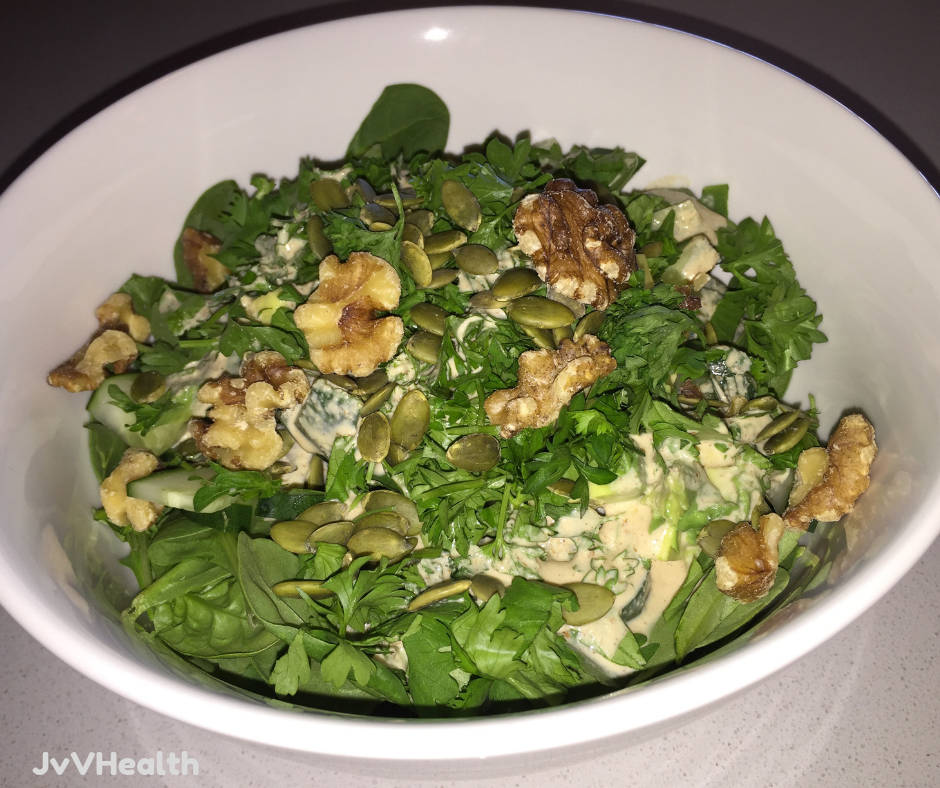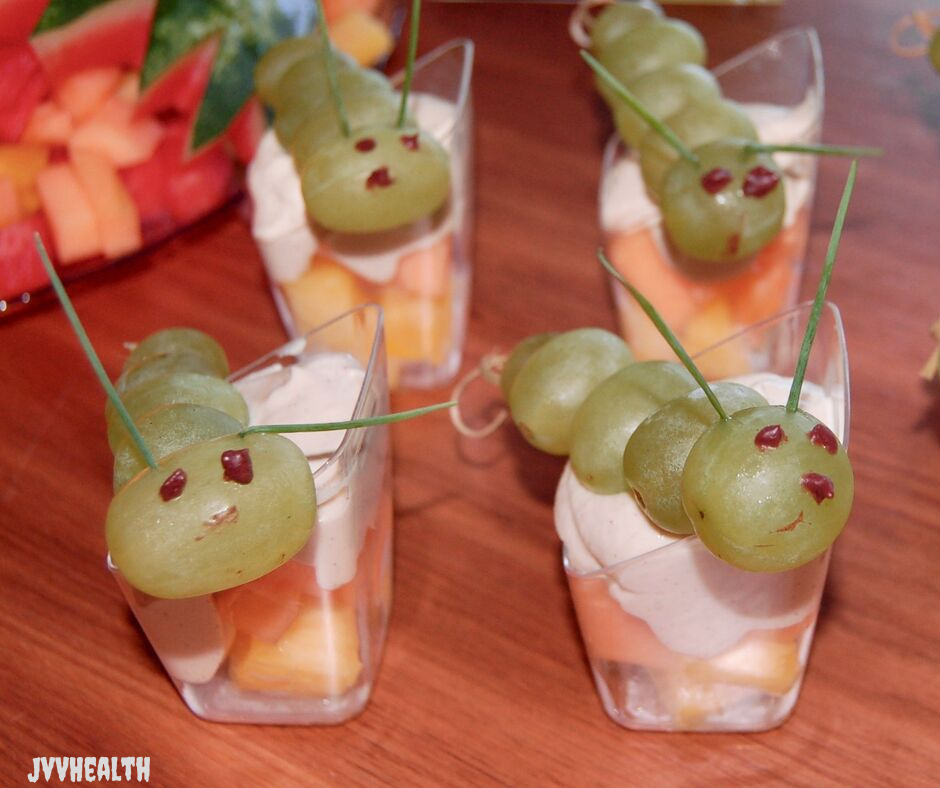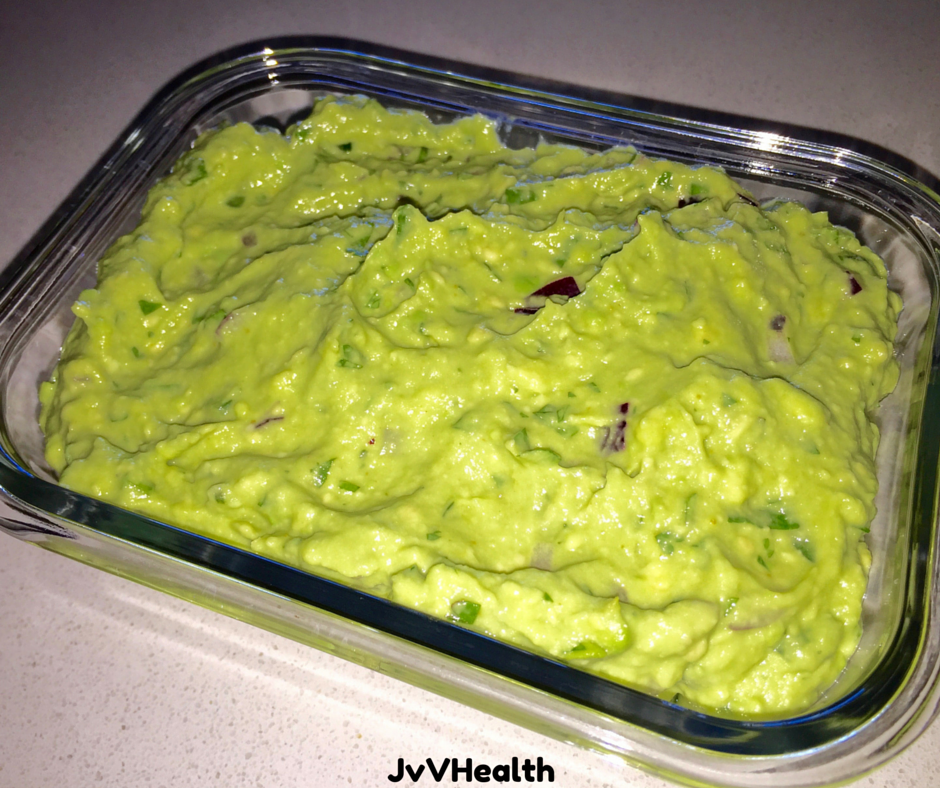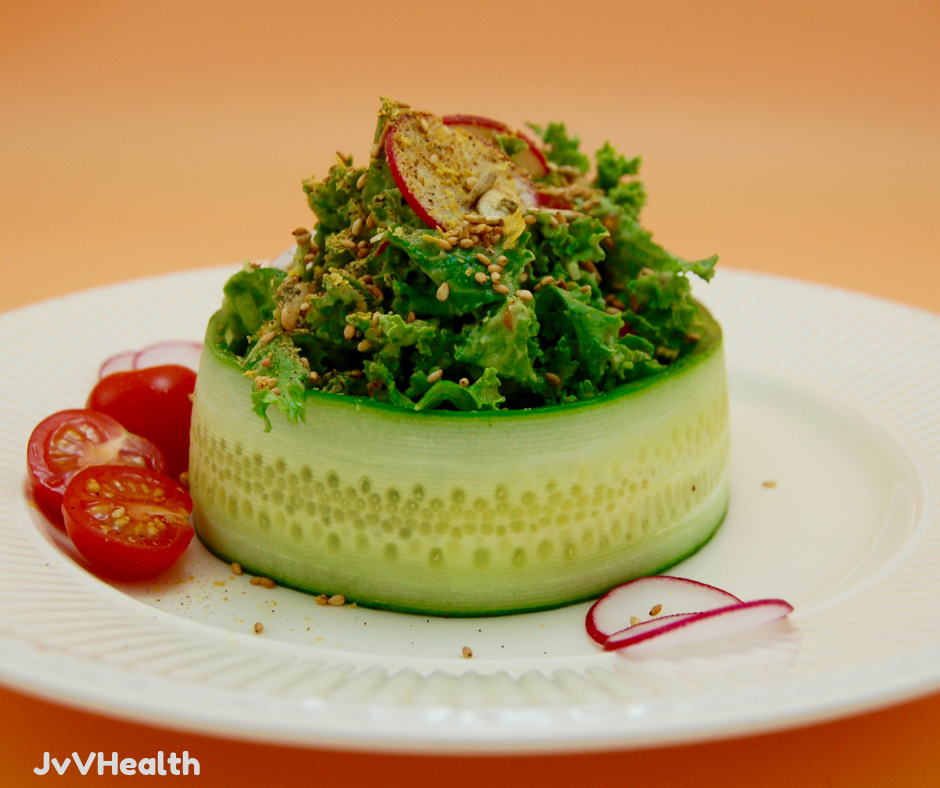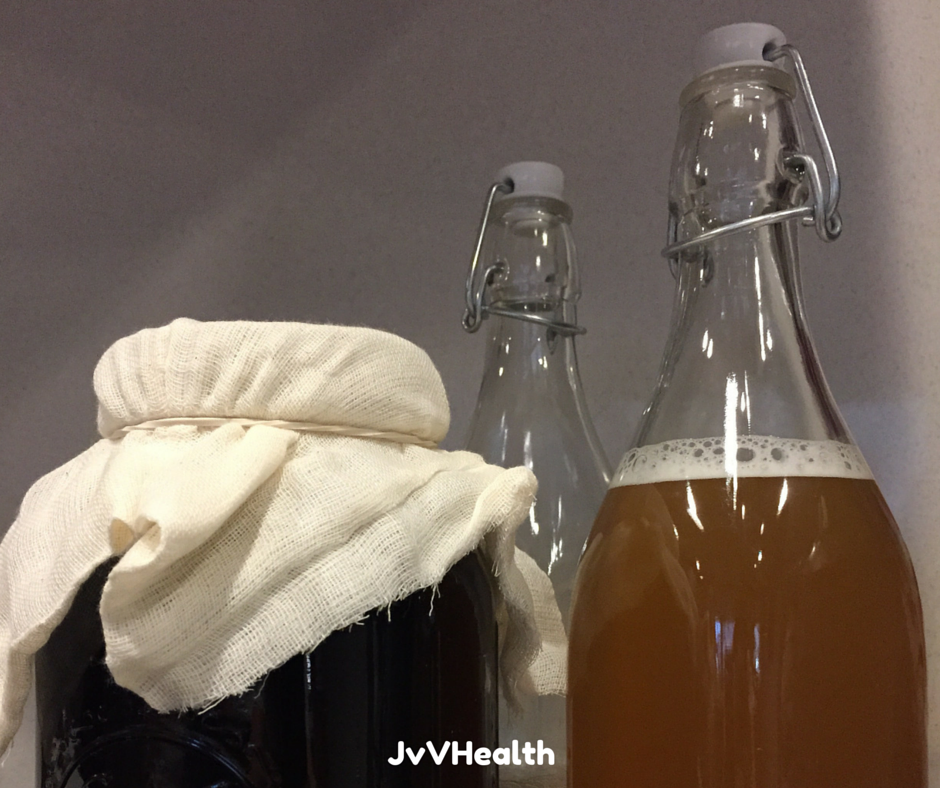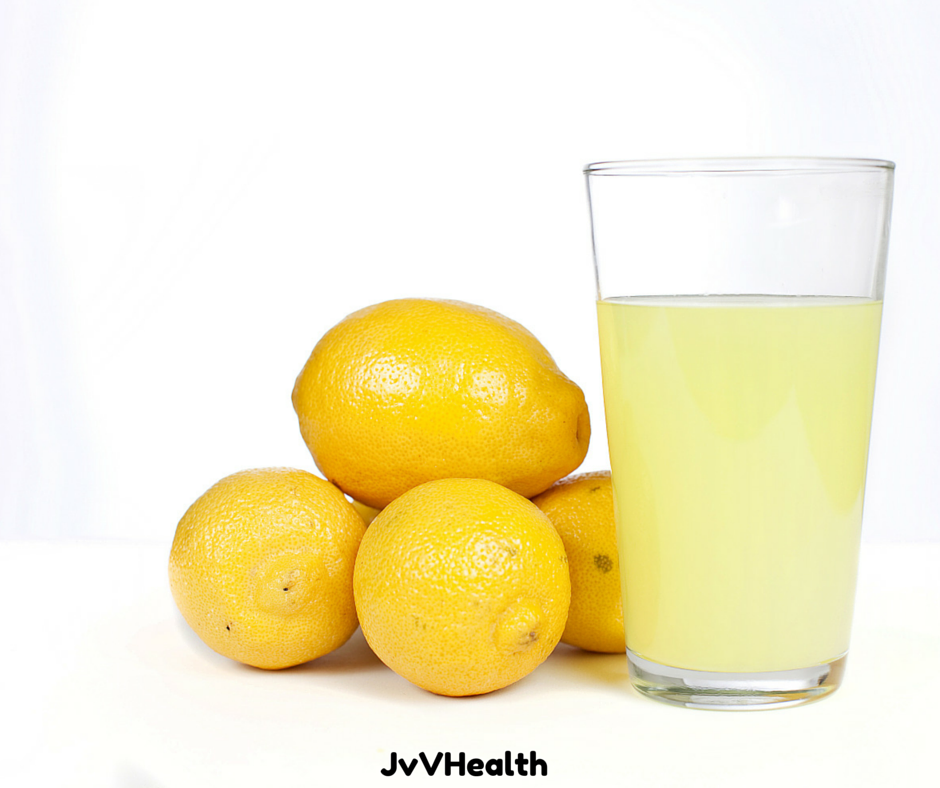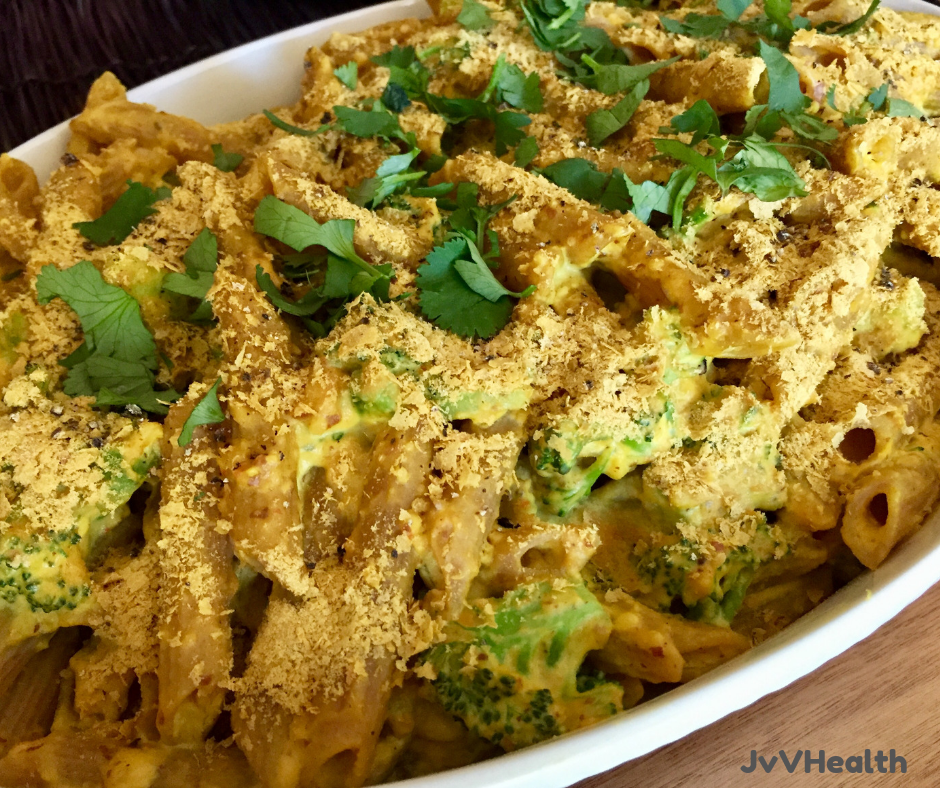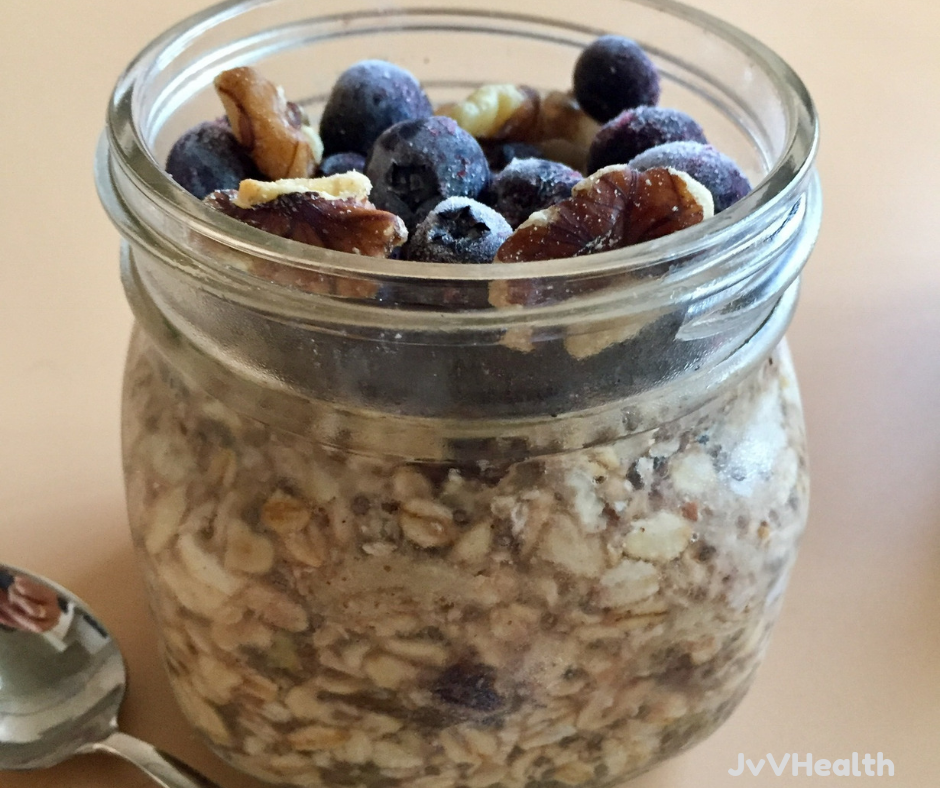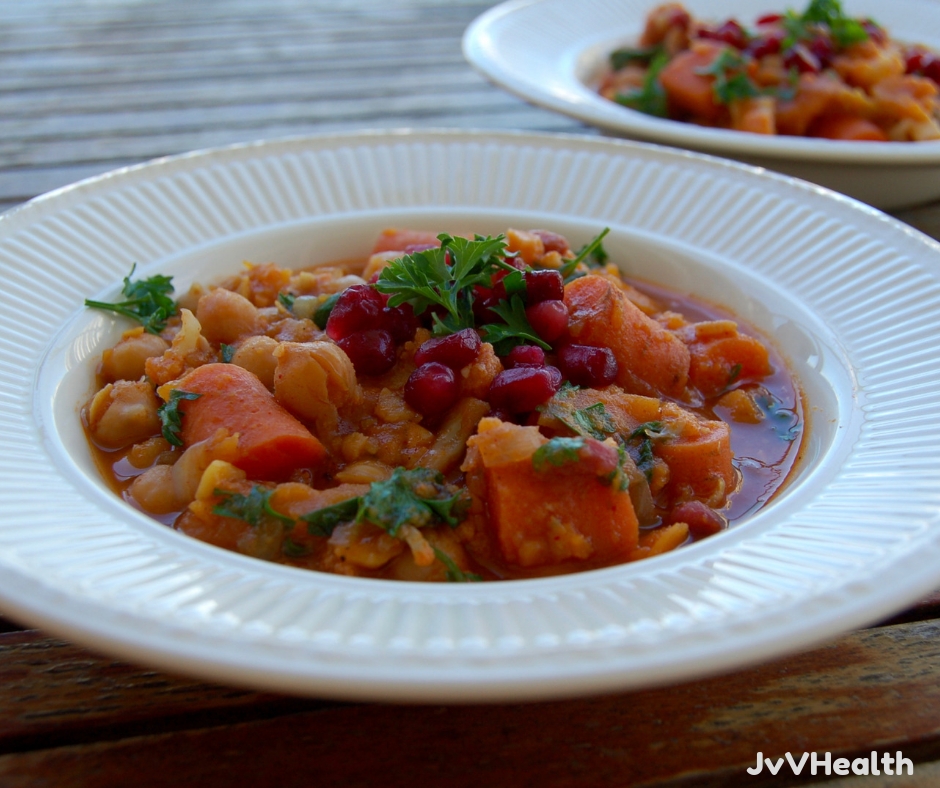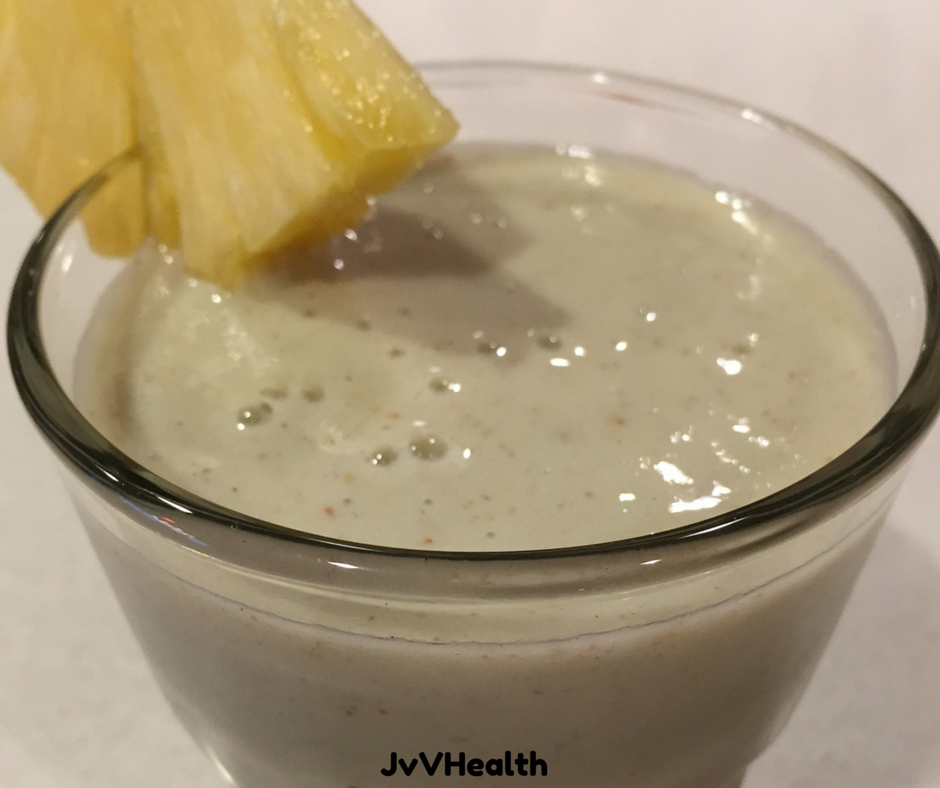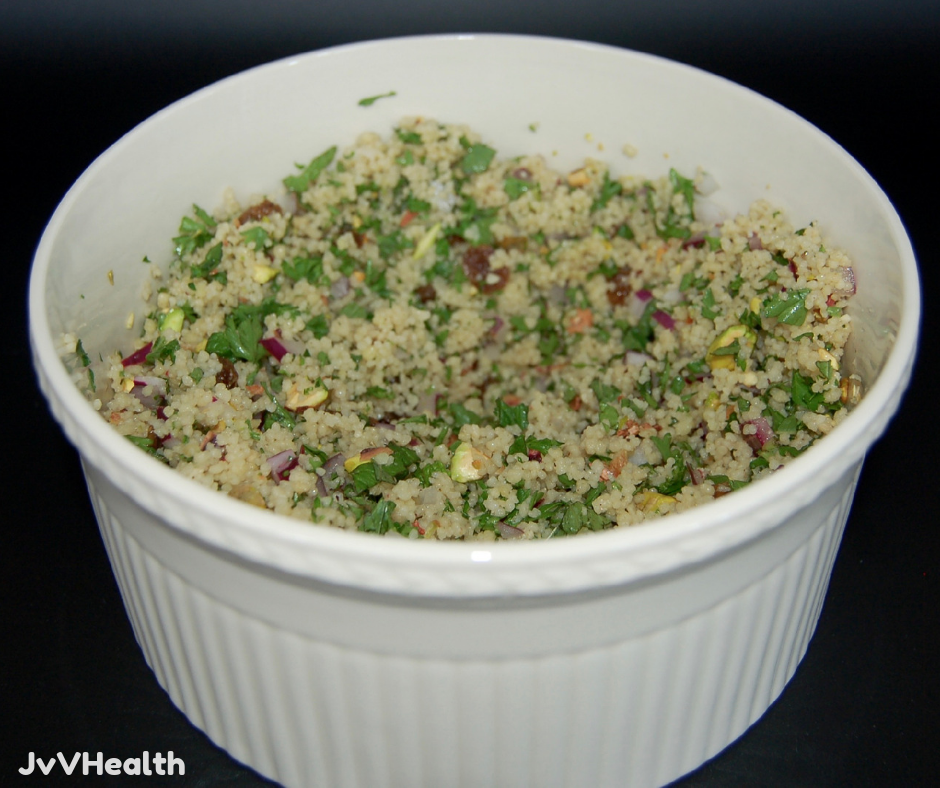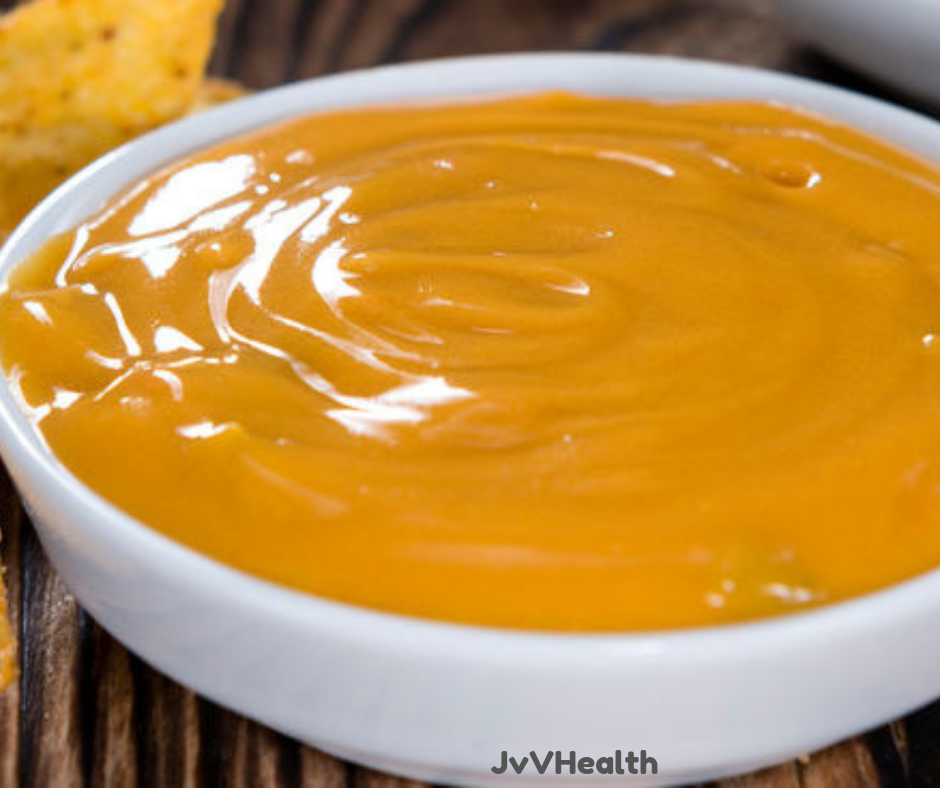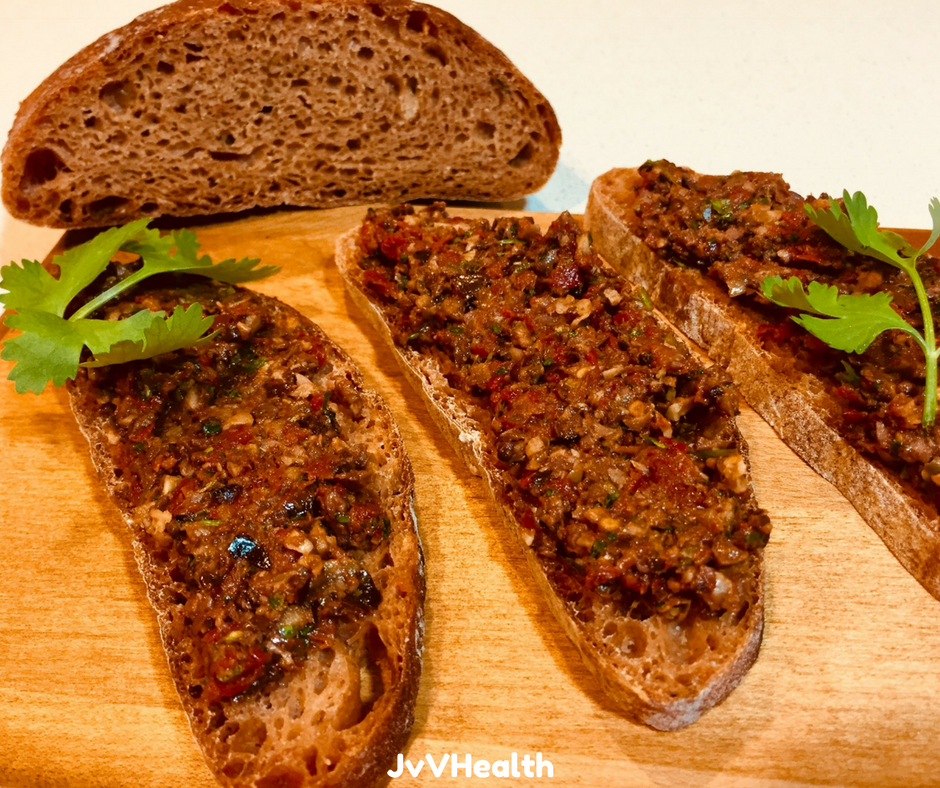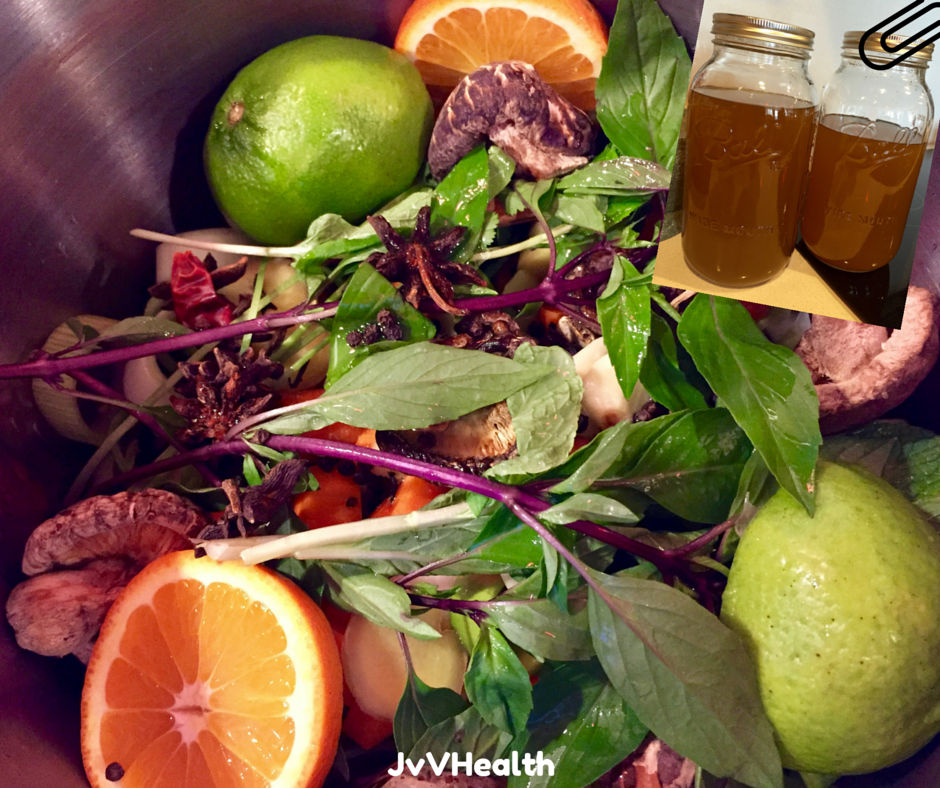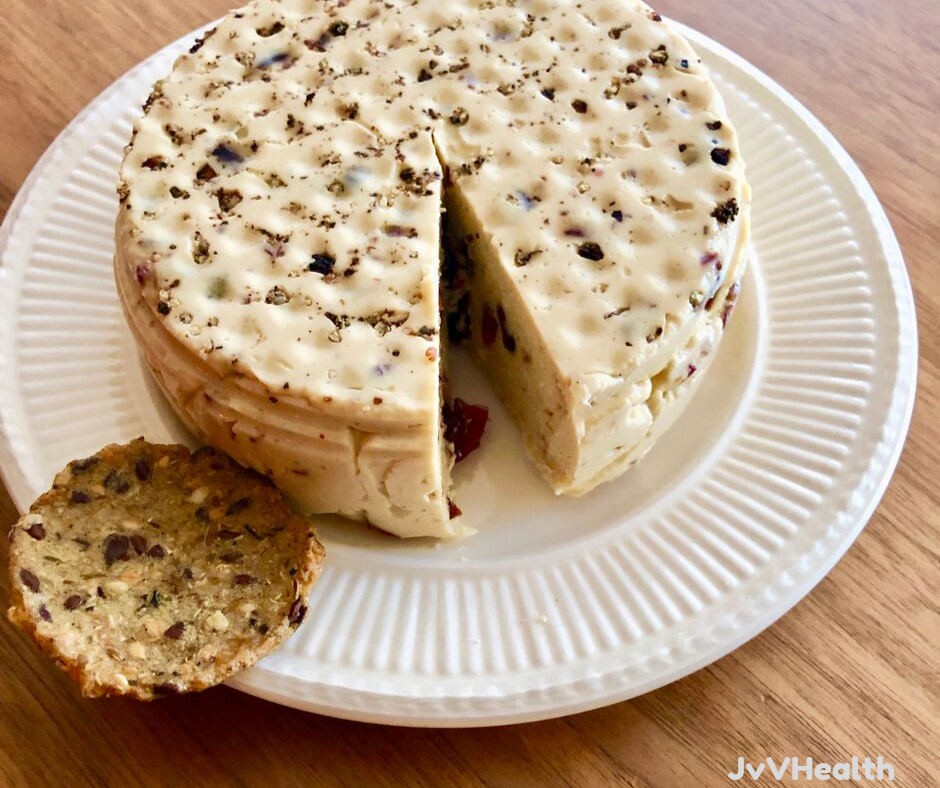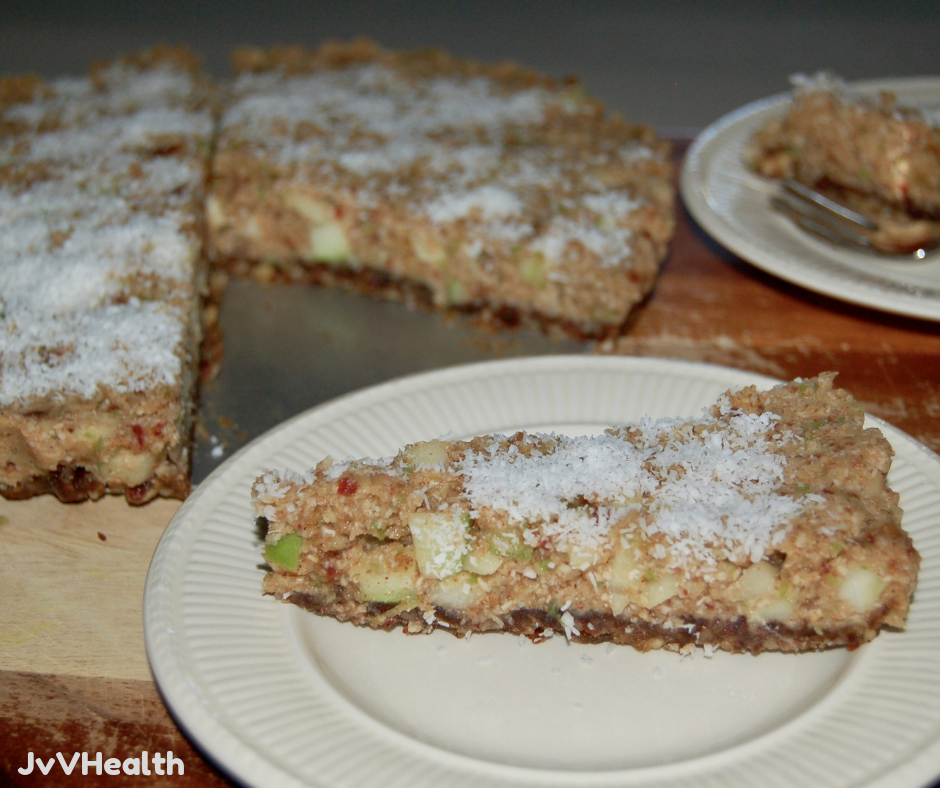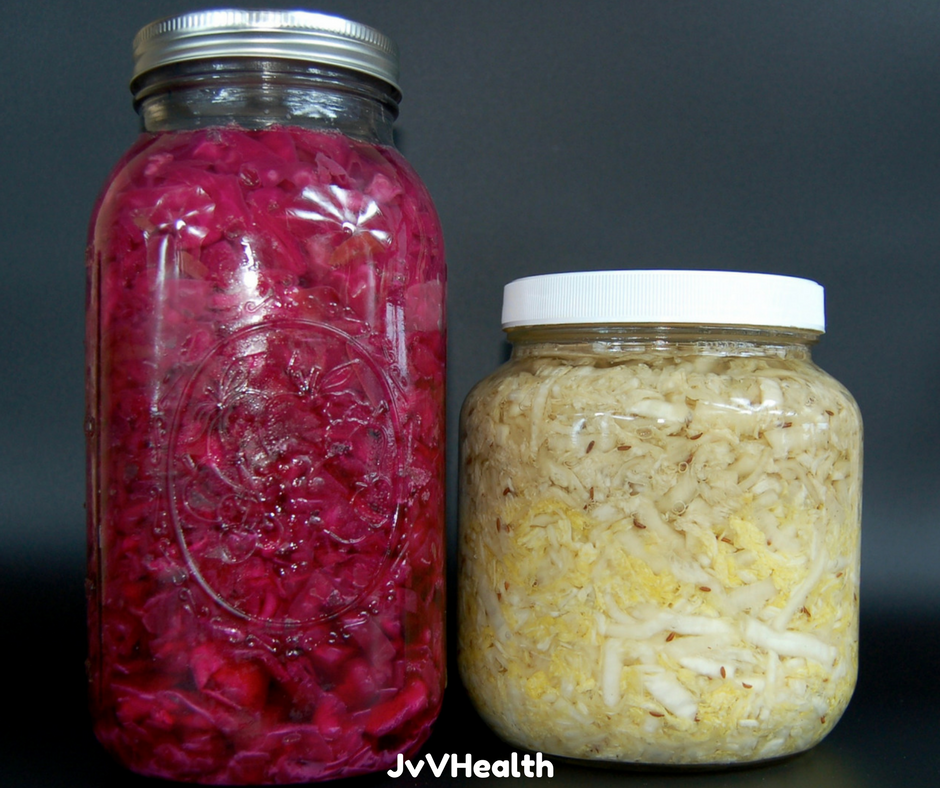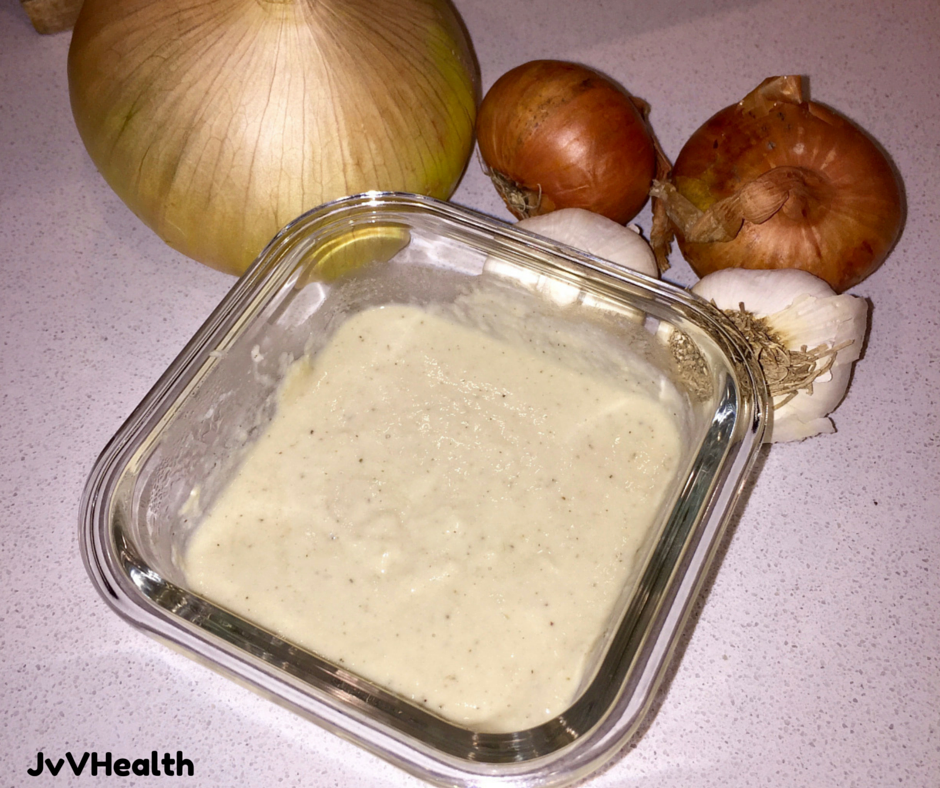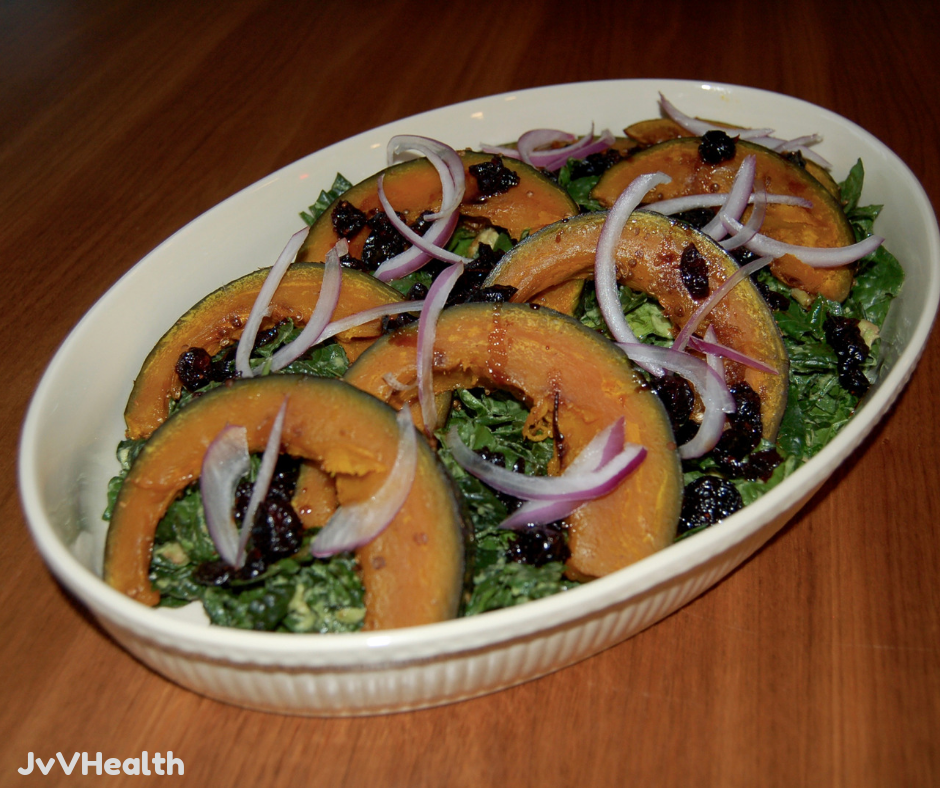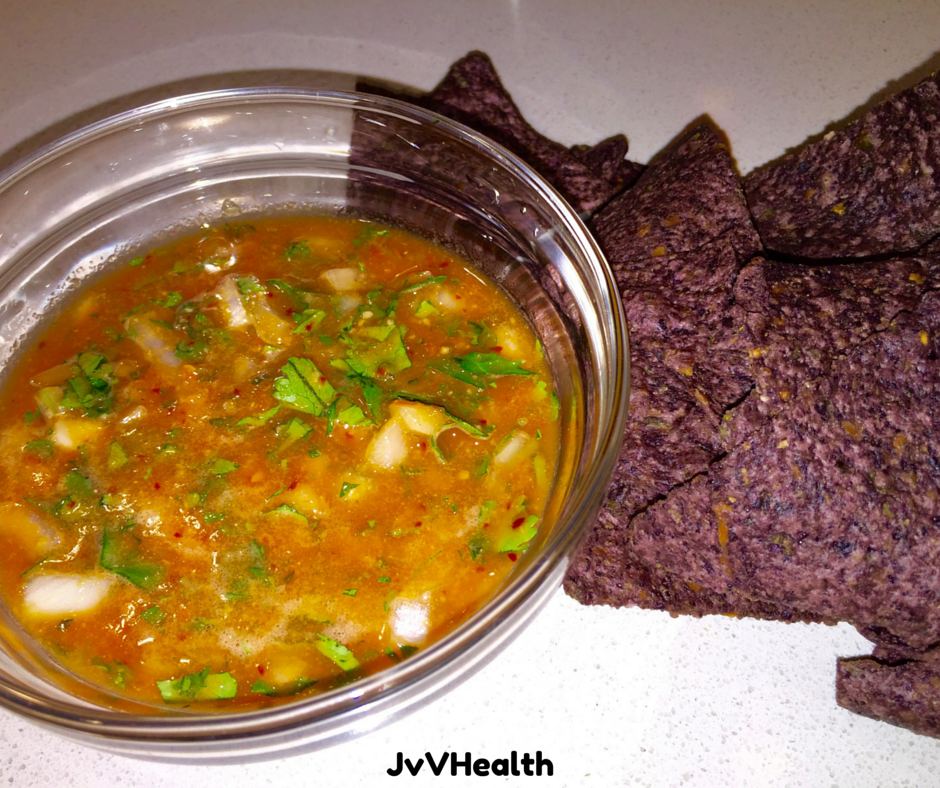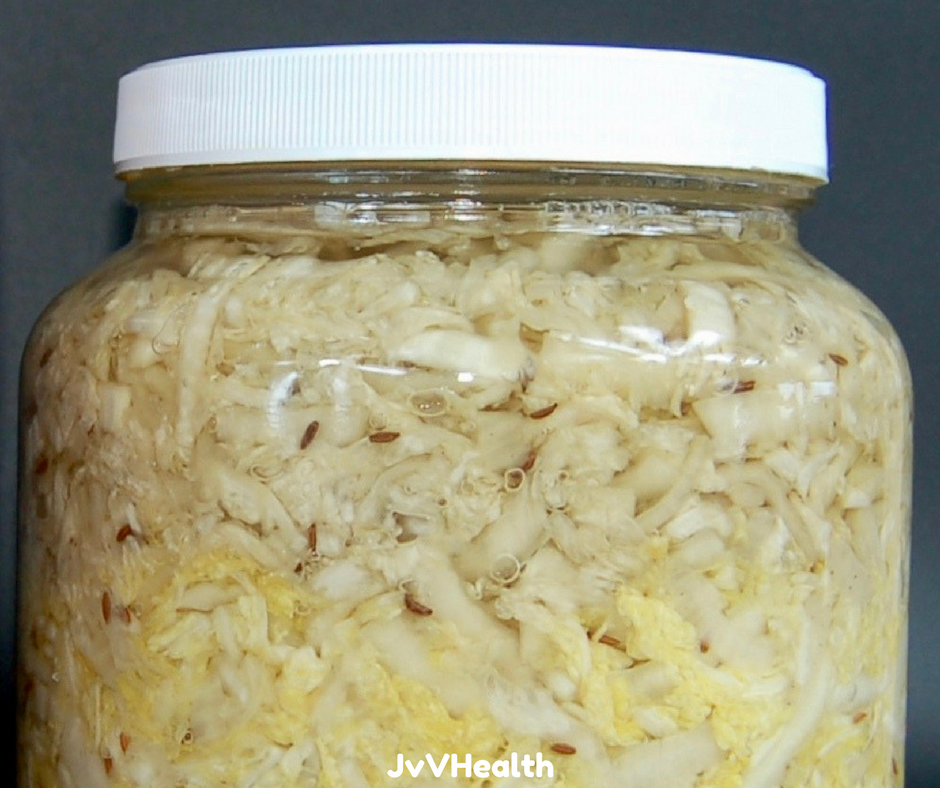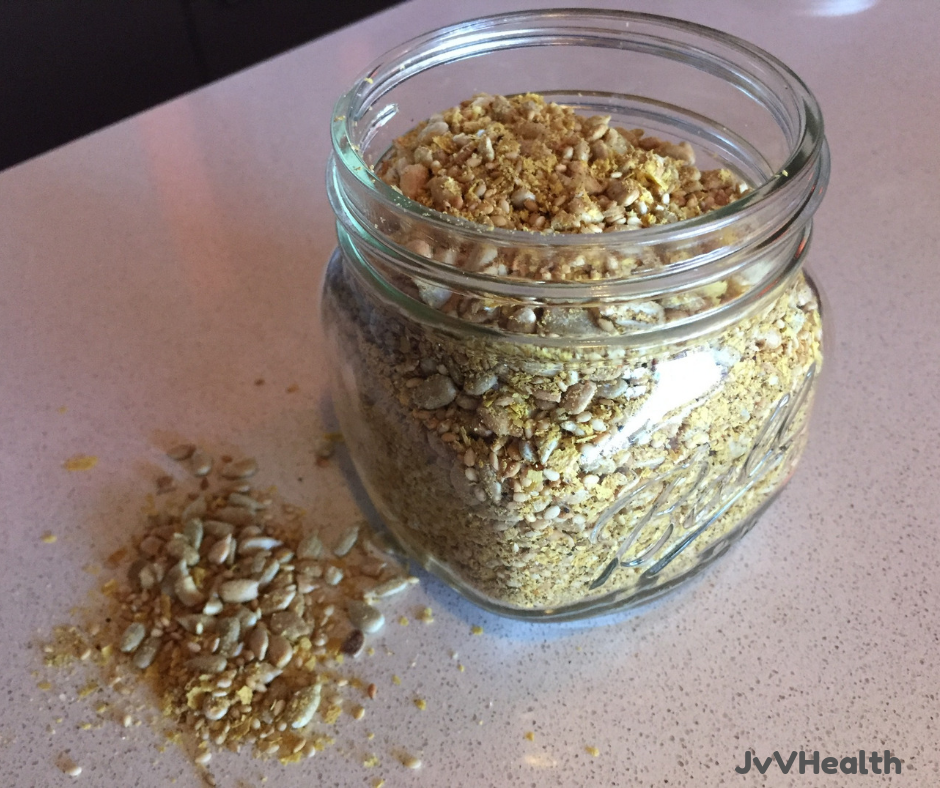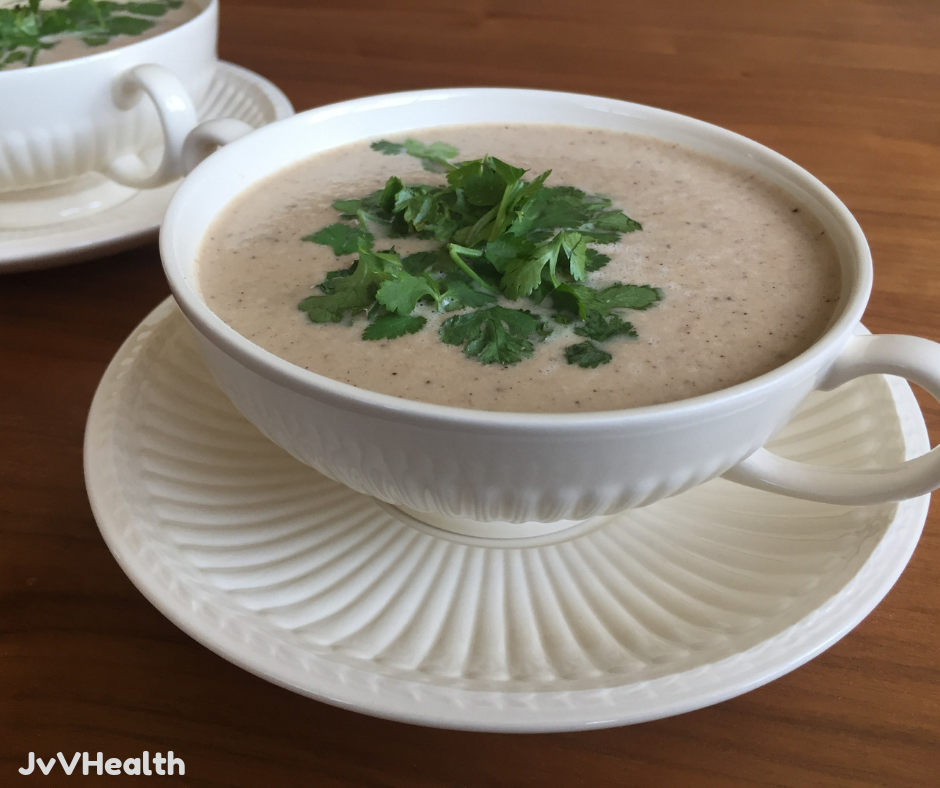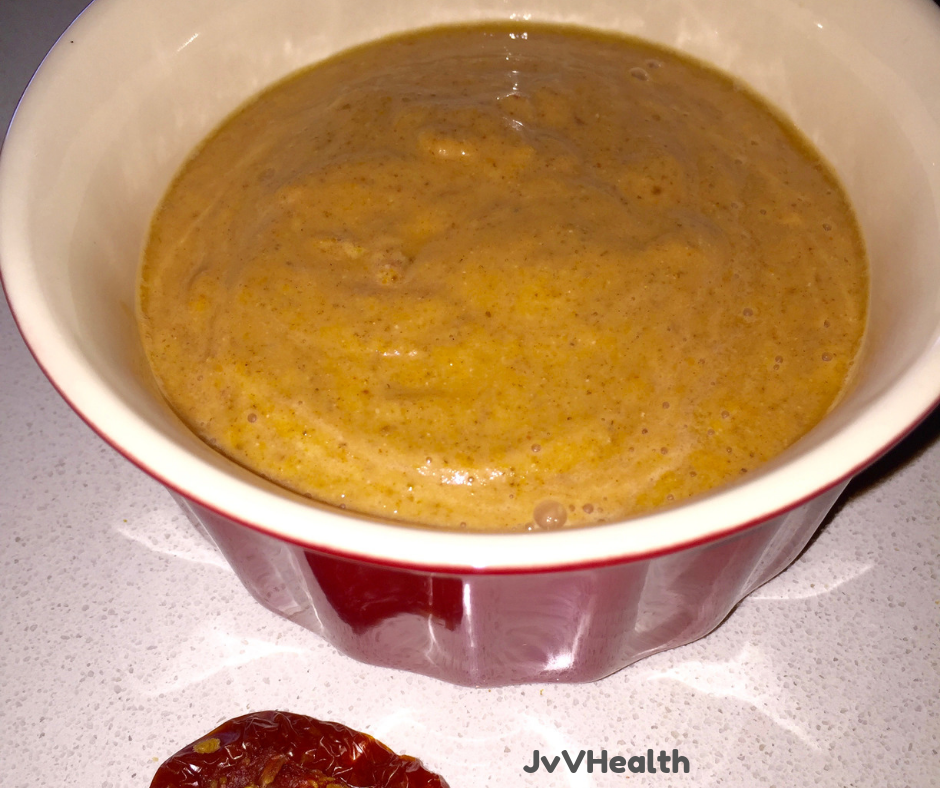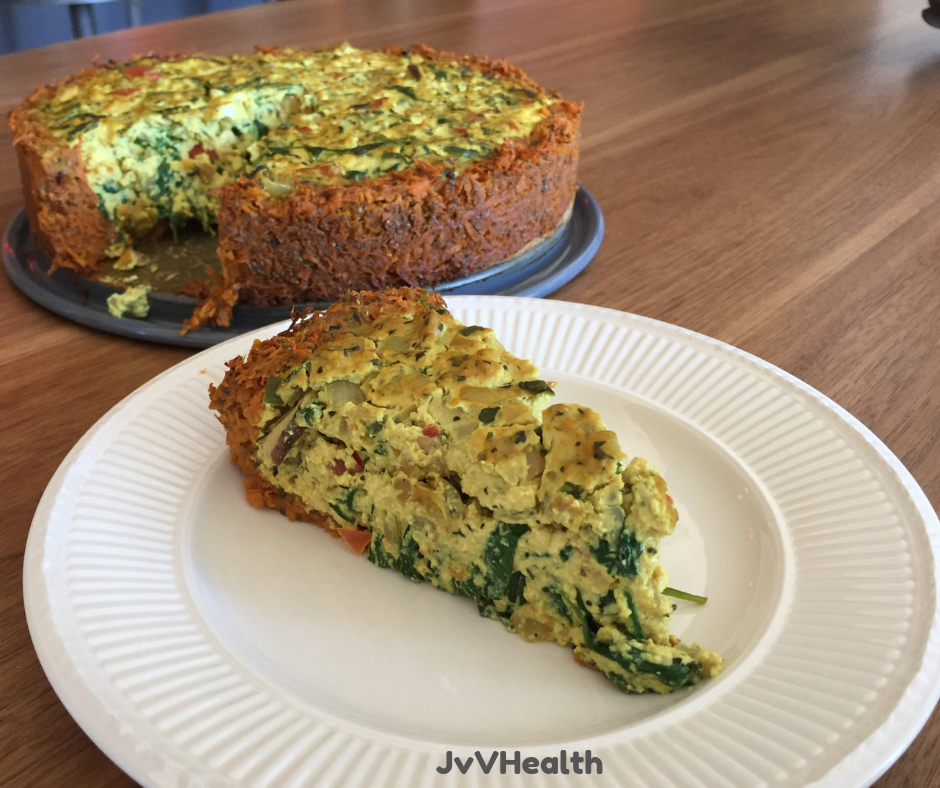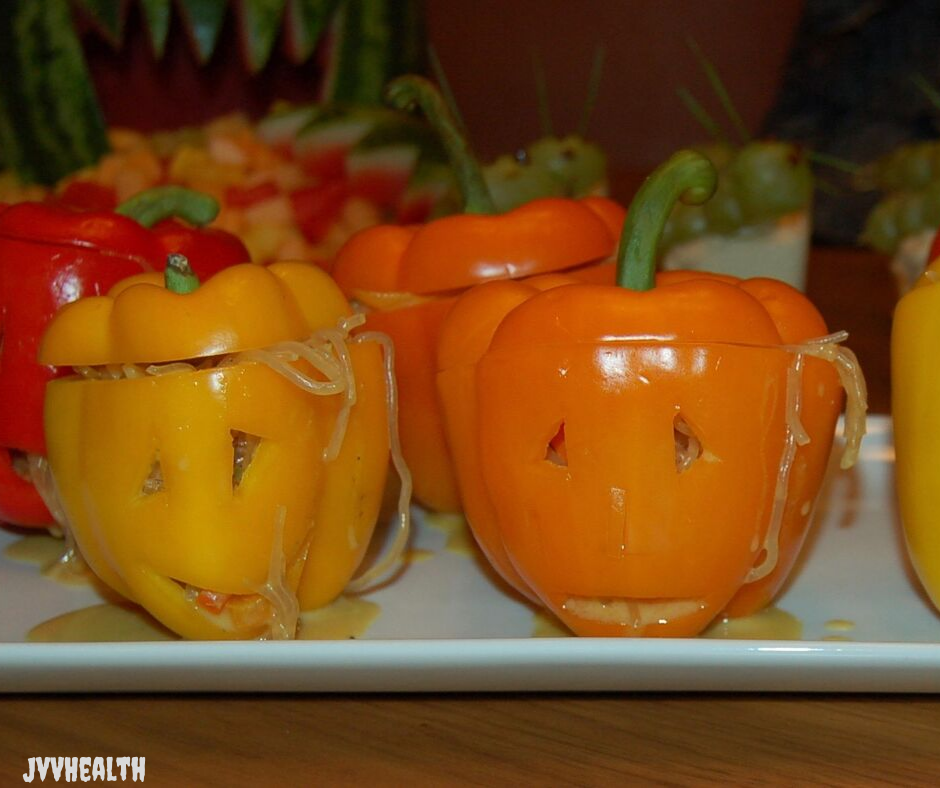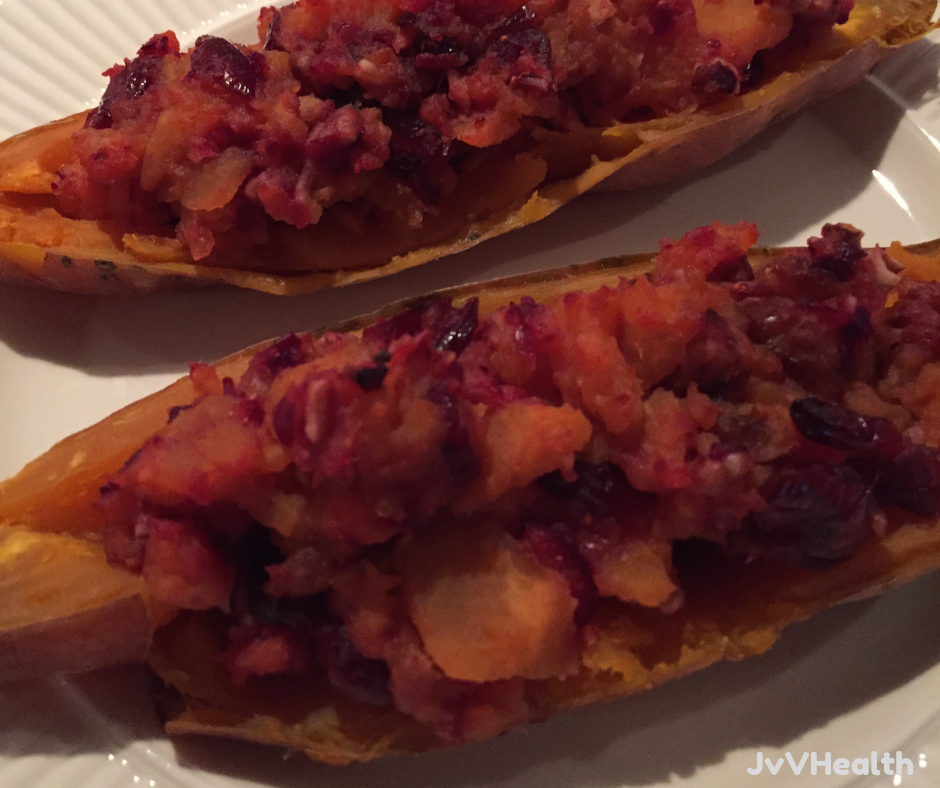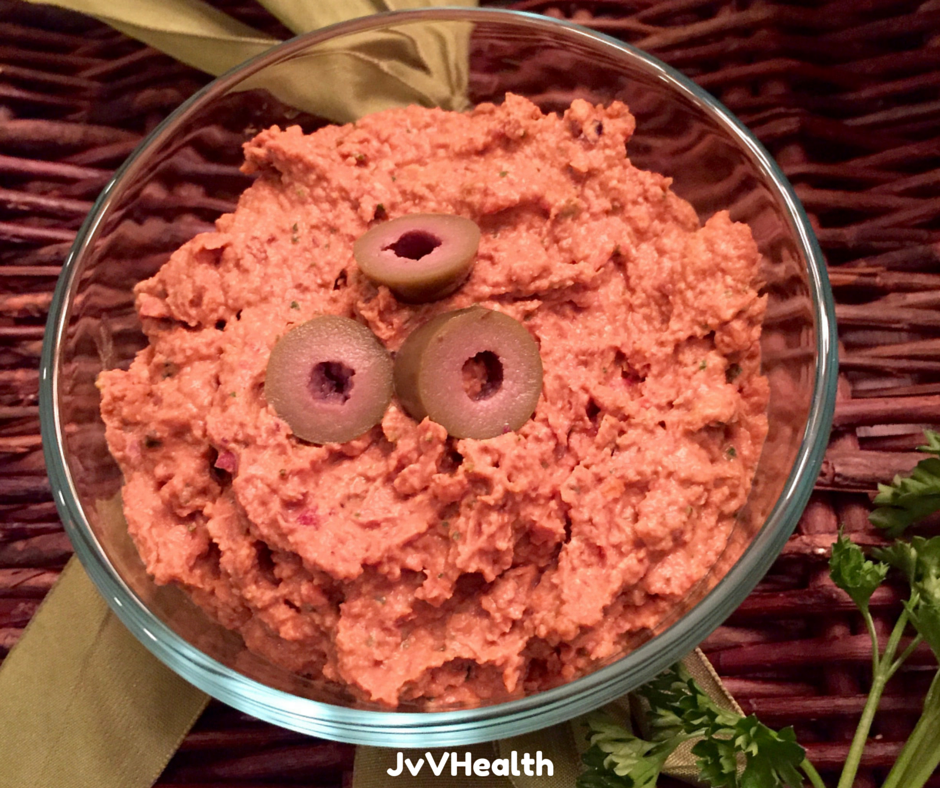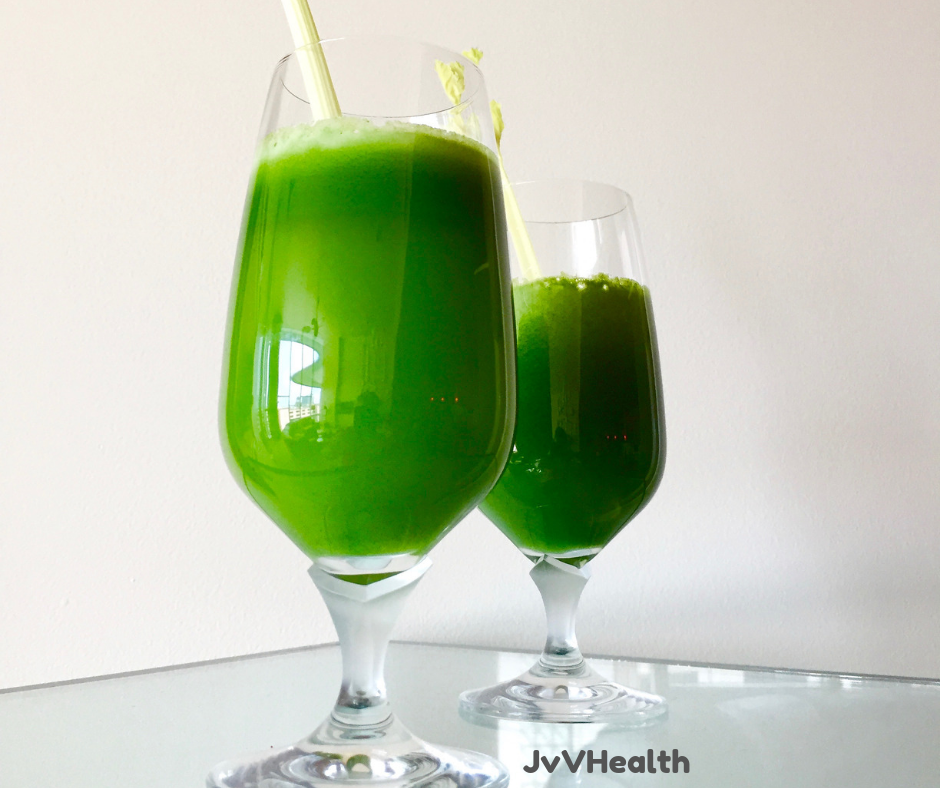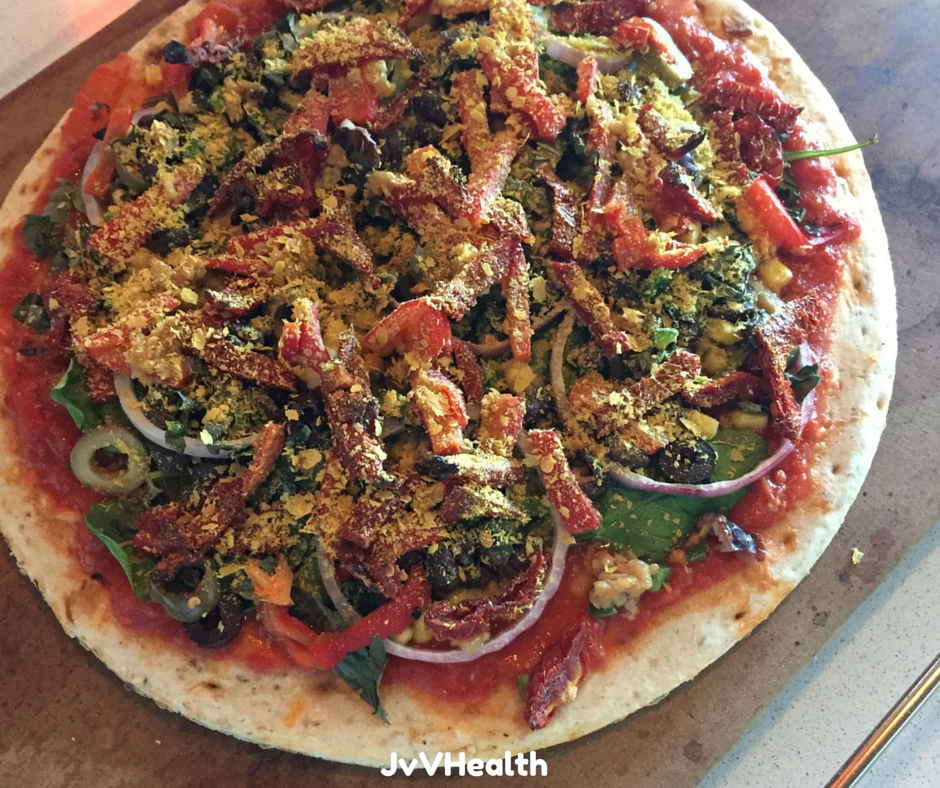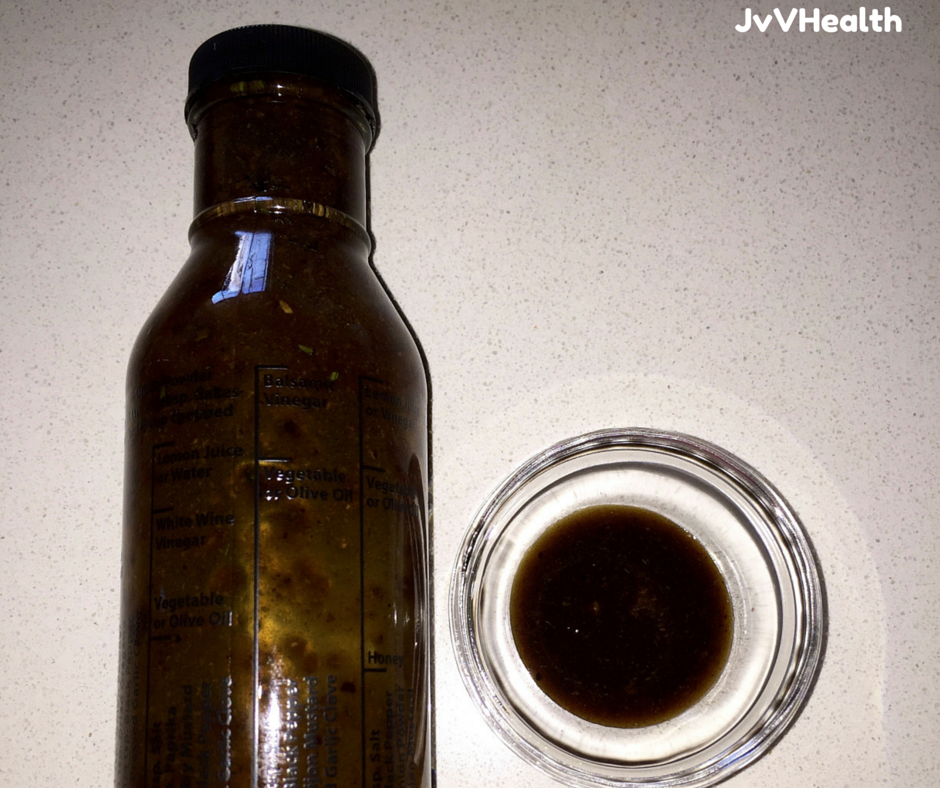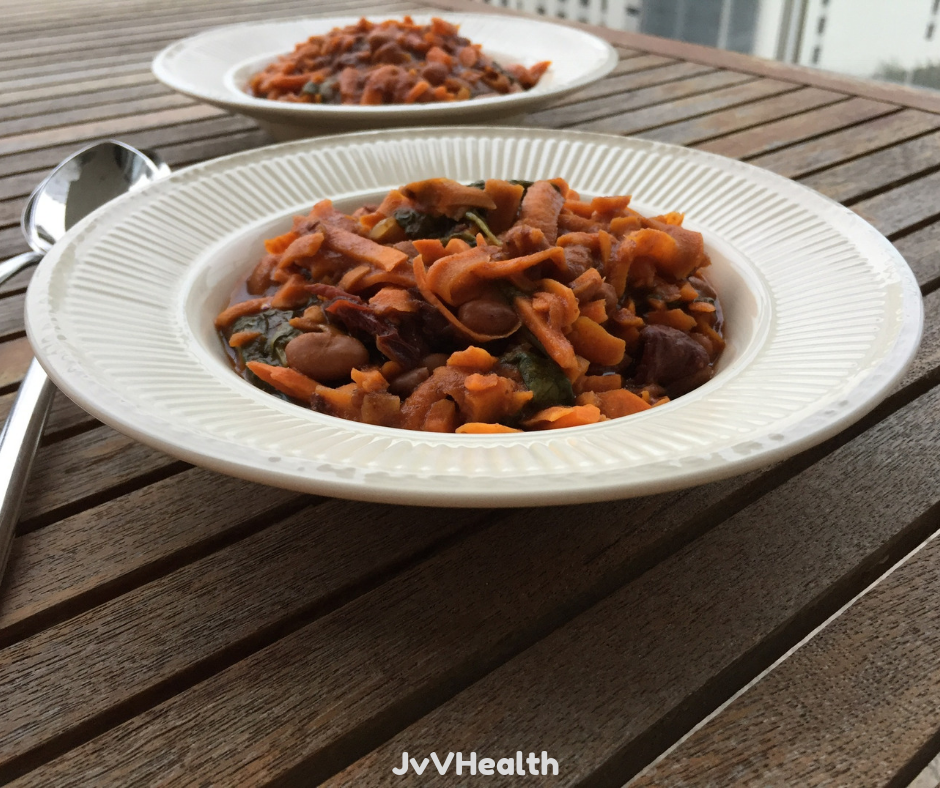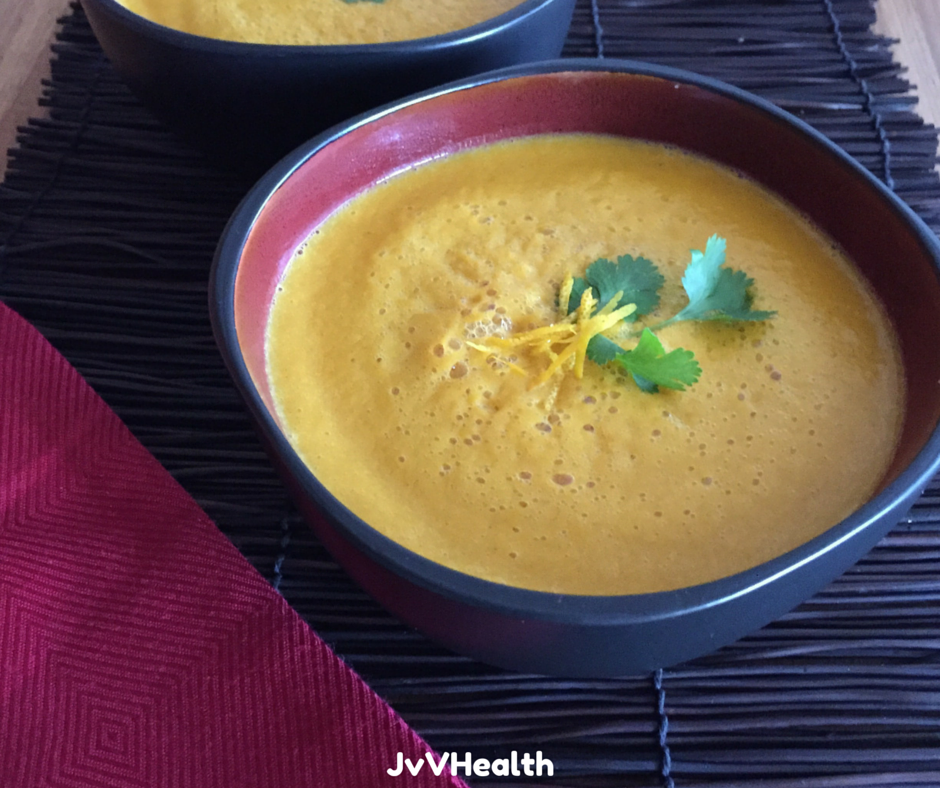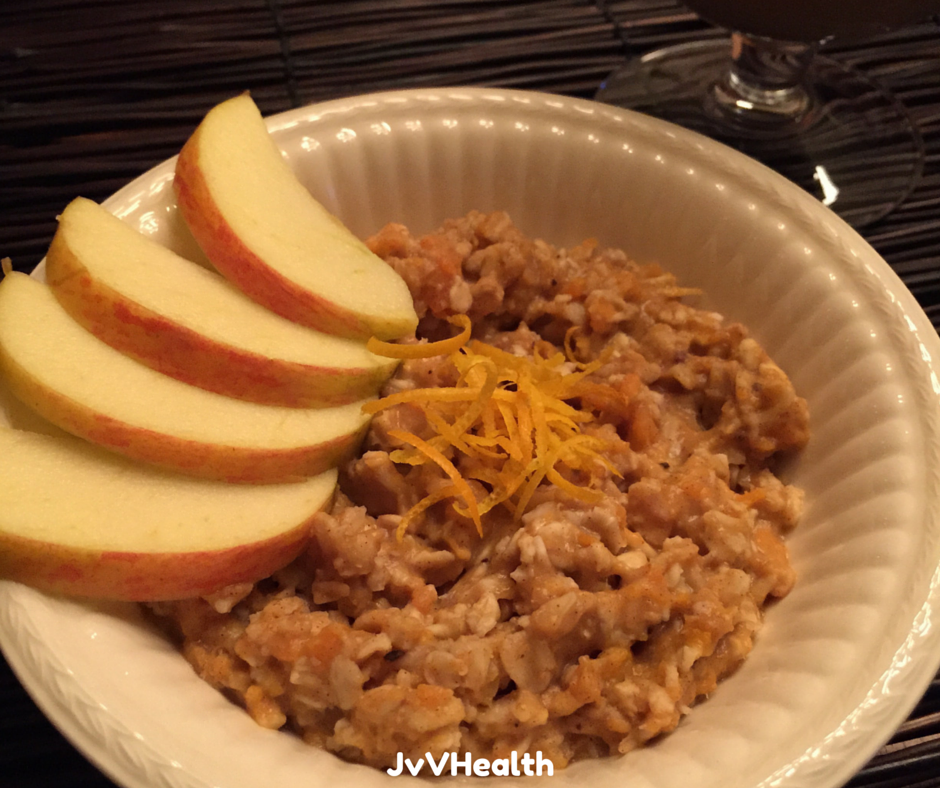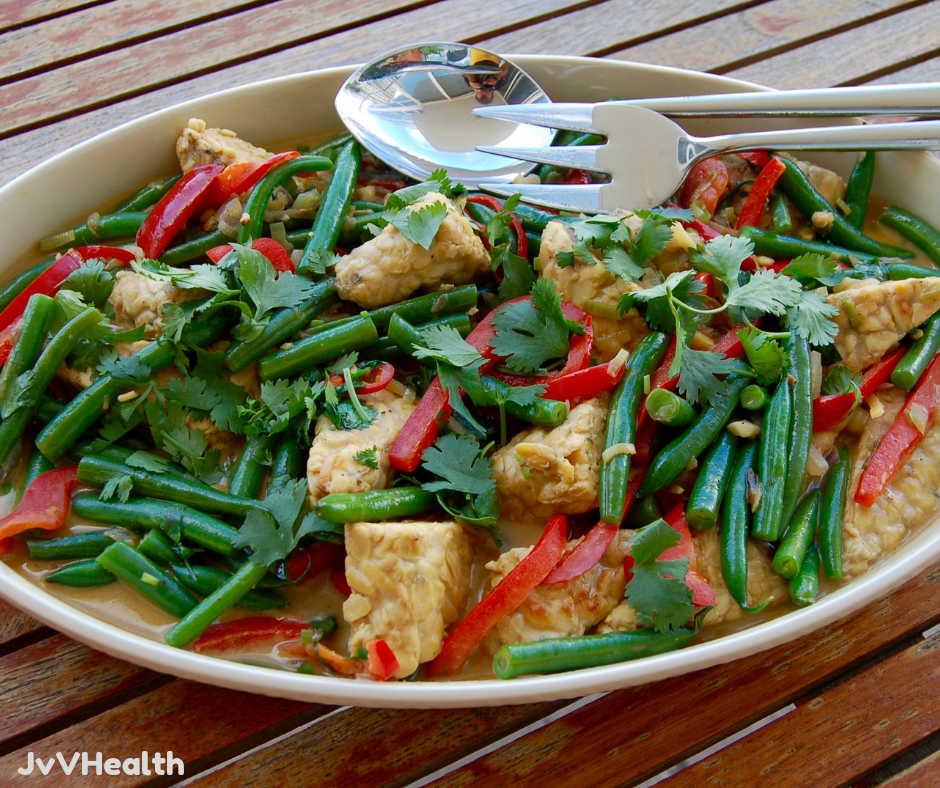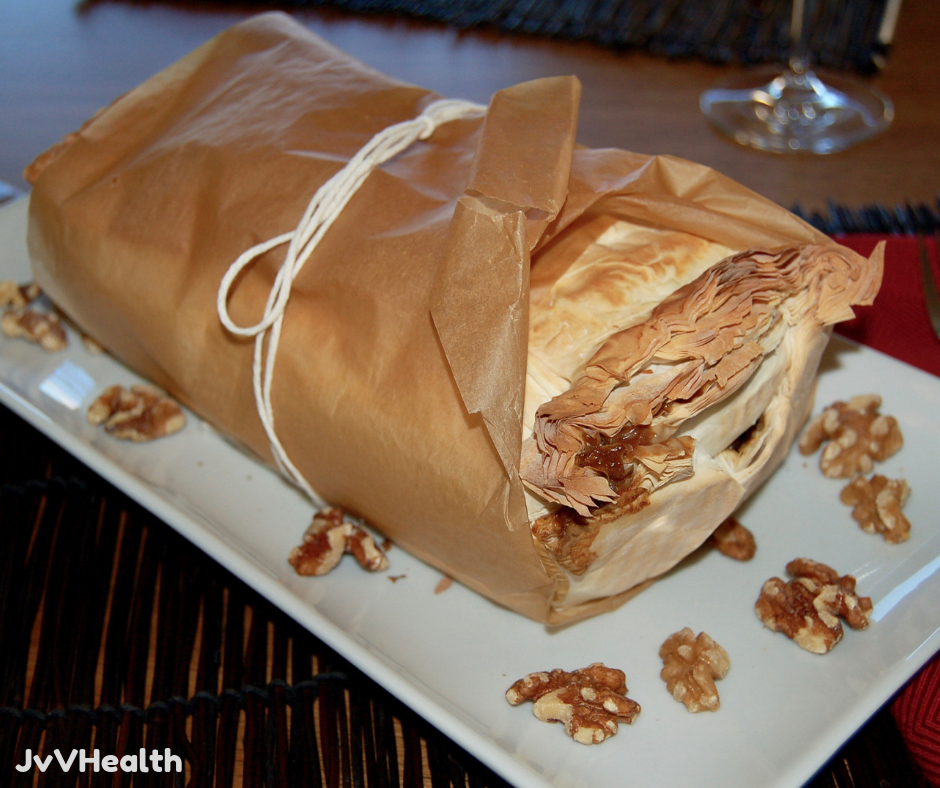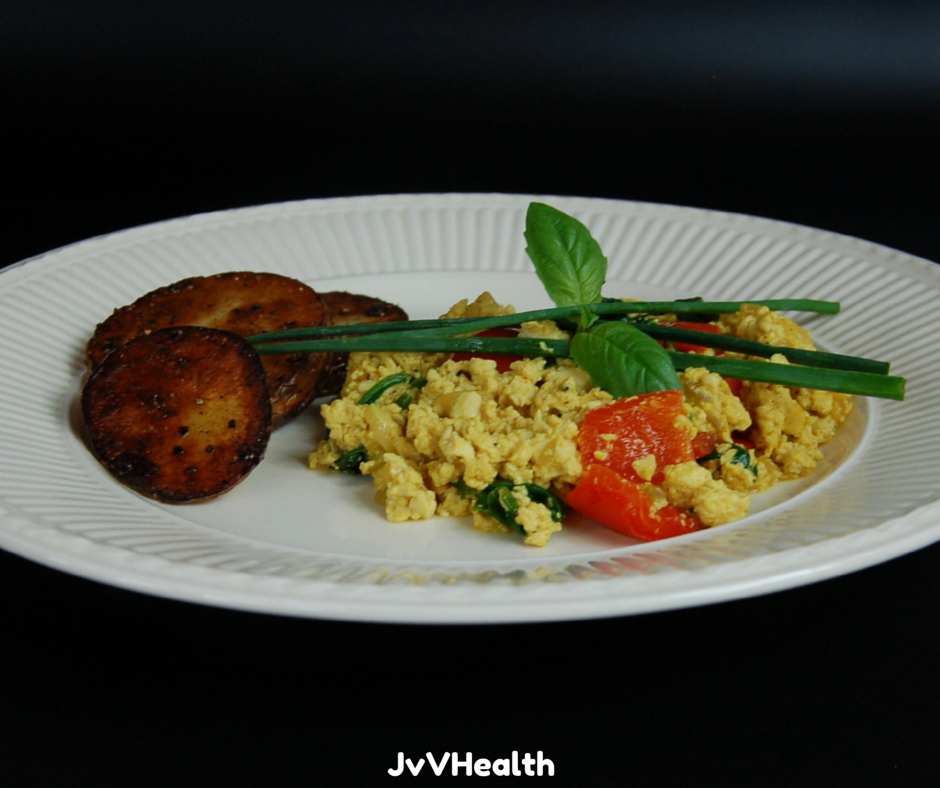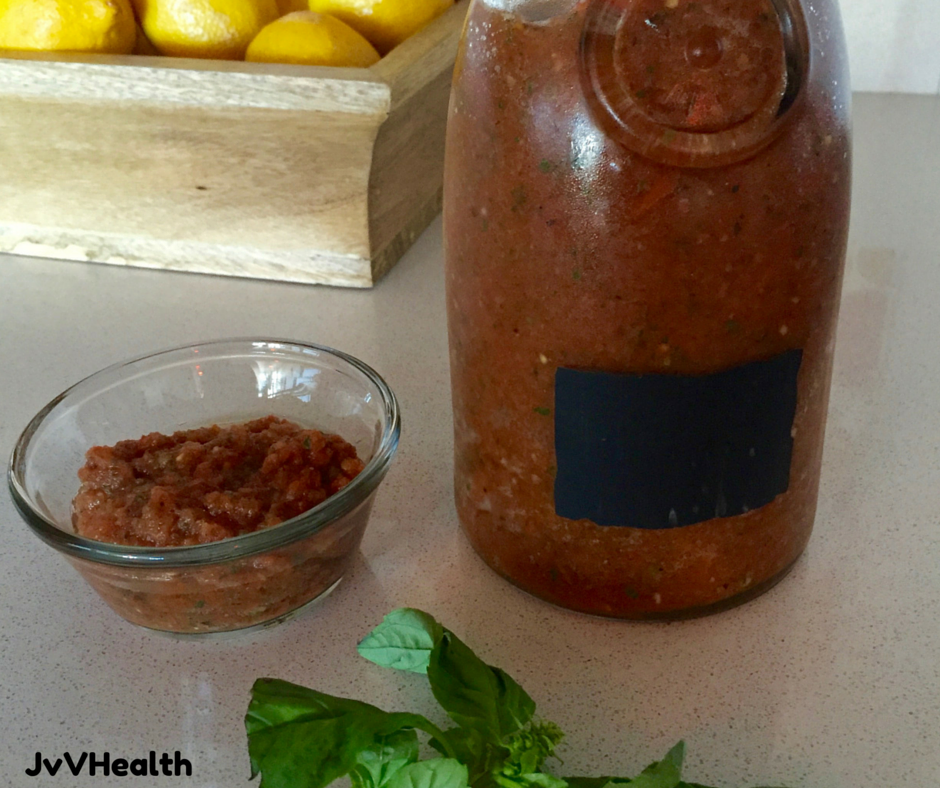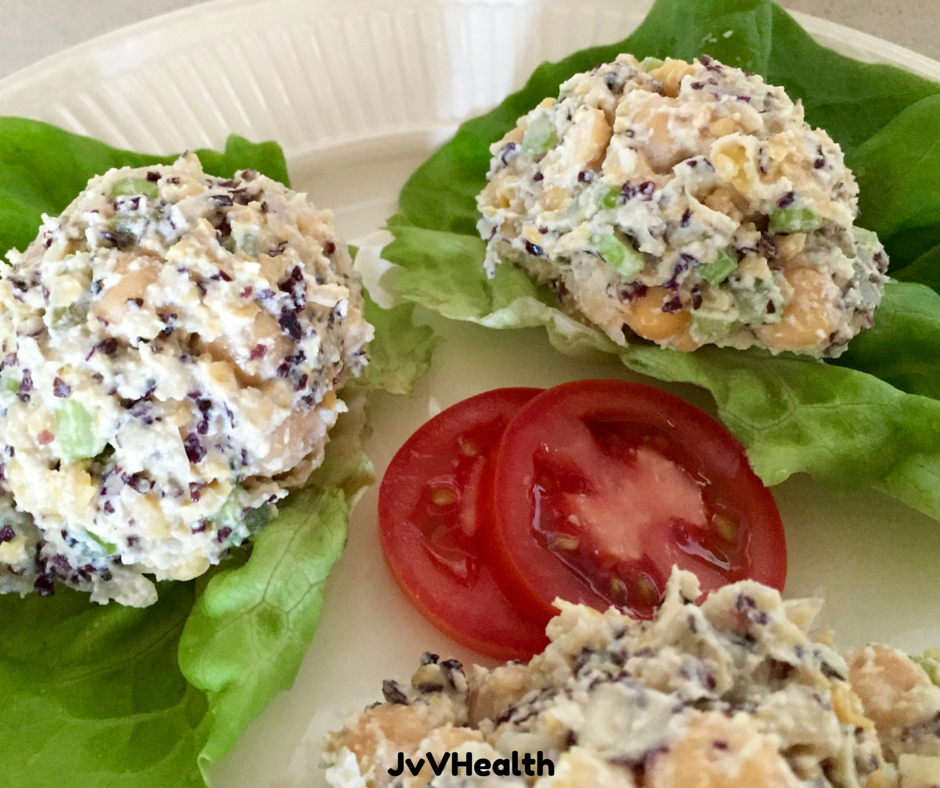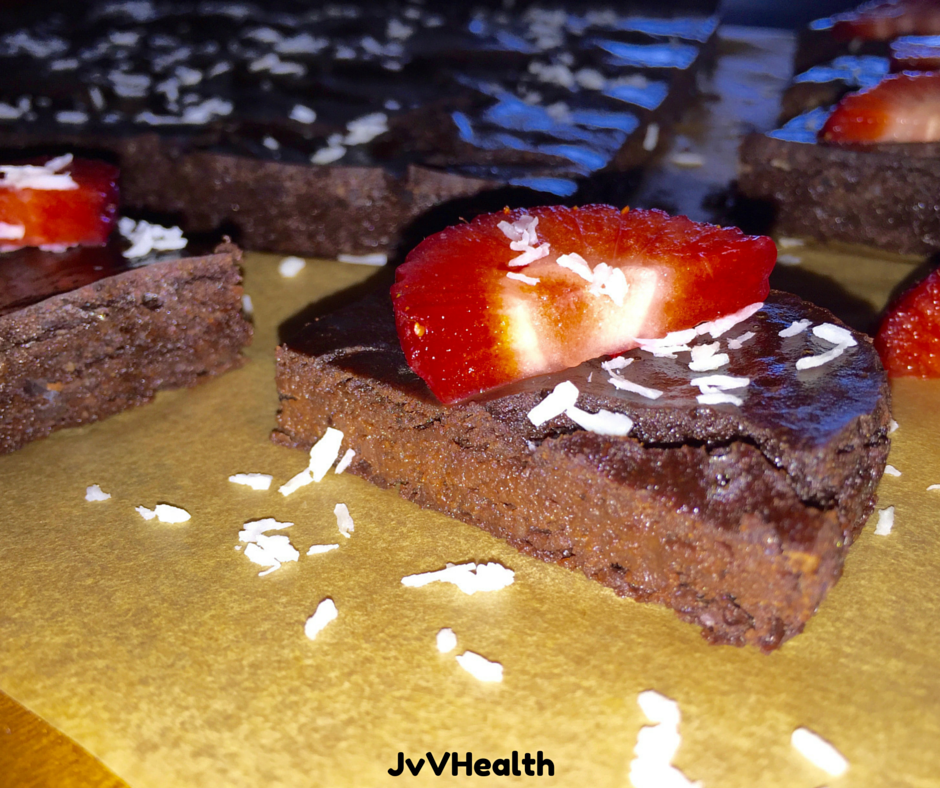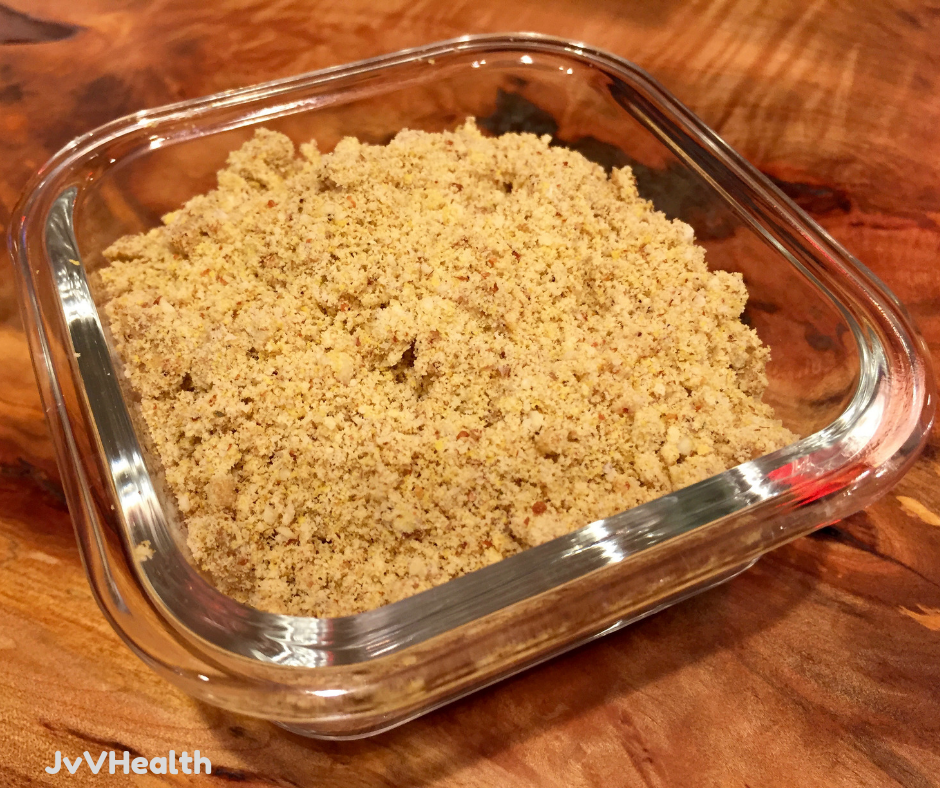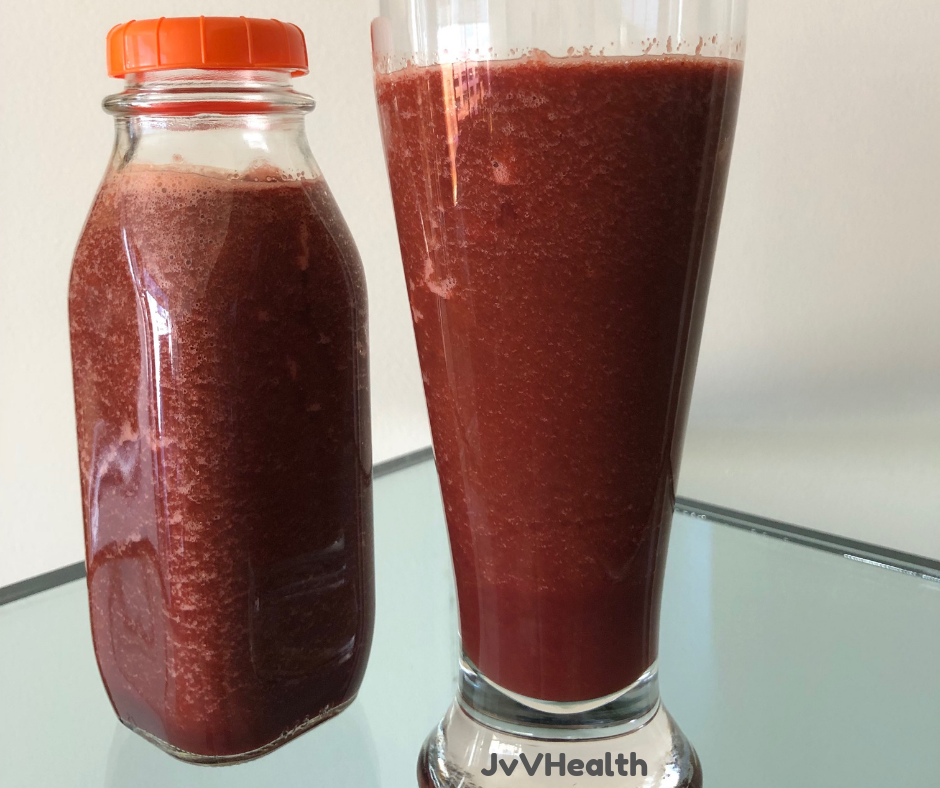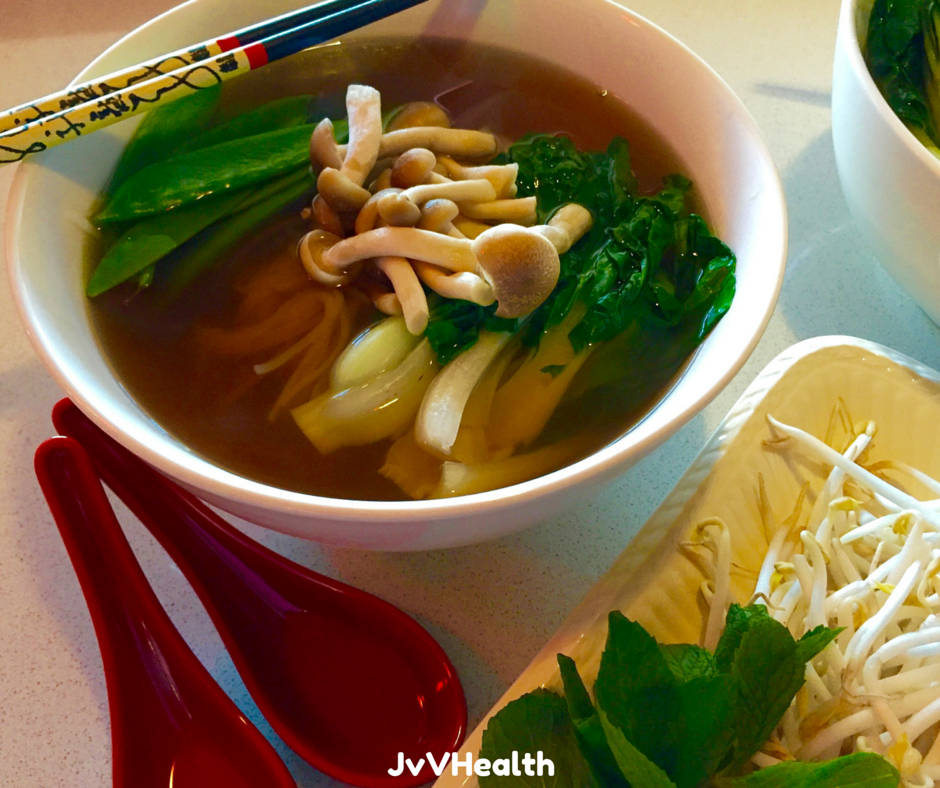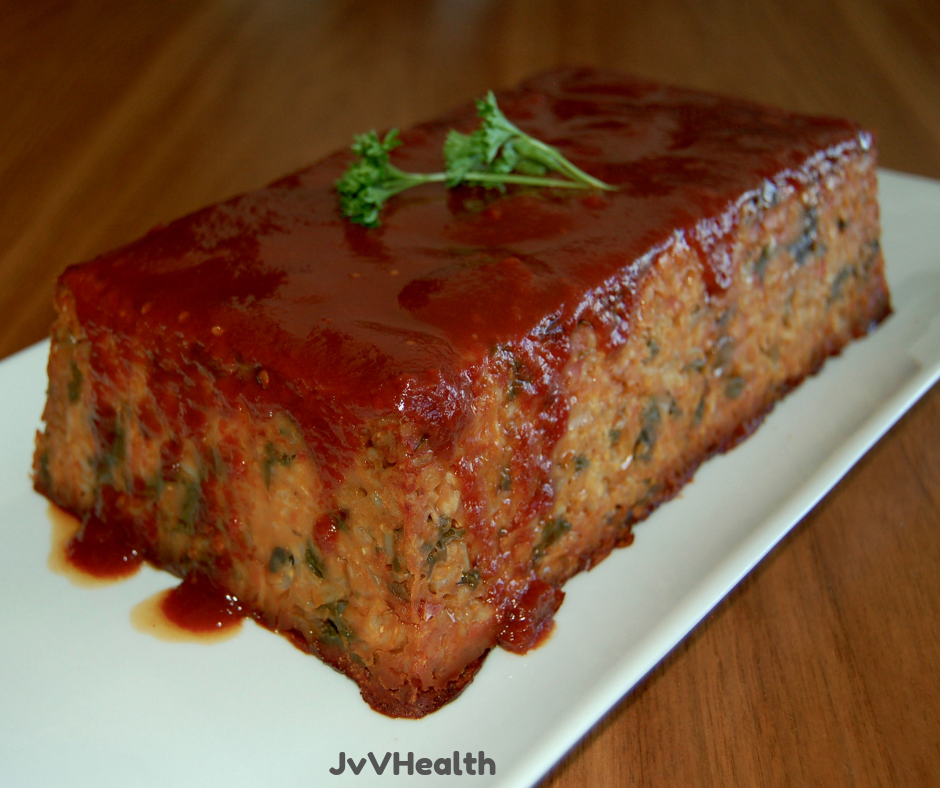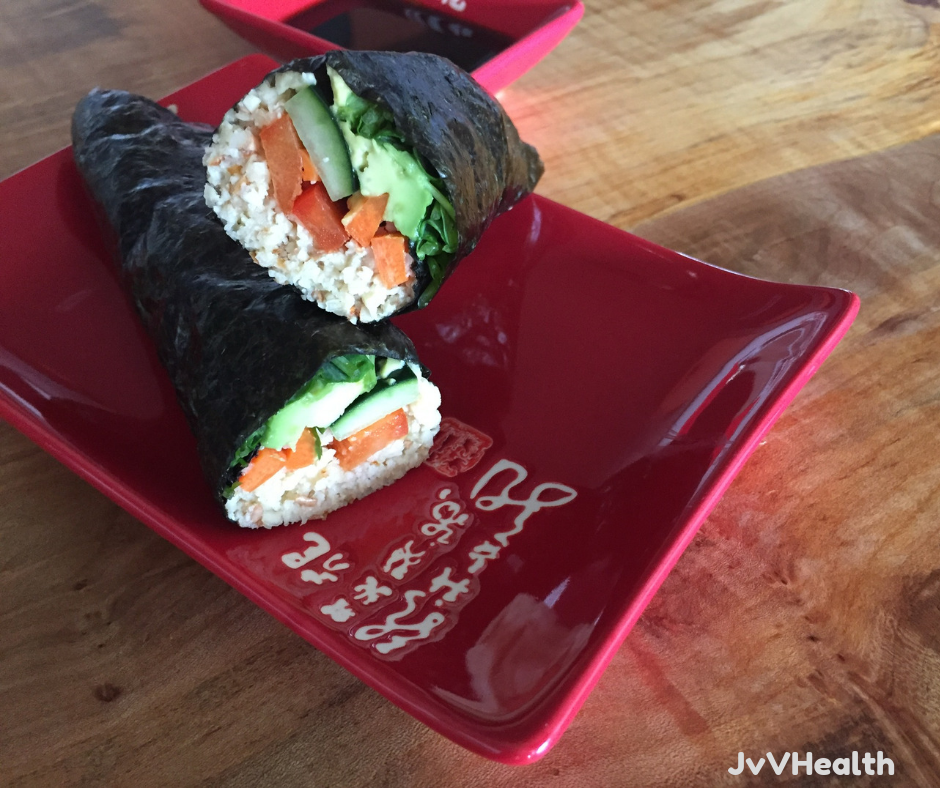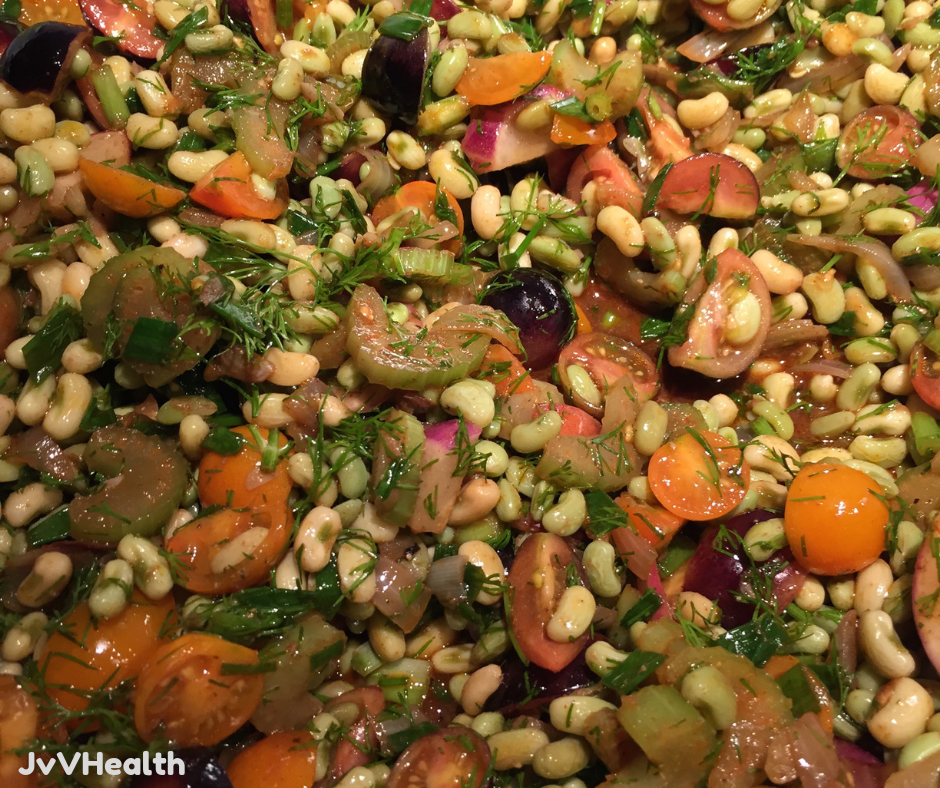Search through 100 Plus Whole Food Plant Based Recipes
All the below recipes are Whole-Food, Plant-Based .  They do not use any oils in the cooking process, they are delicious and will nourish your body. To make it easier to search through all the recipes below, you can use the “courses” – “ingredients” and “Difficulty” dropdown buttons to quickly get to your favorite dish.
They do not use any oils in the cooking process, they are delicious and will nourish your body. To make it easier to search through all the recipes below, you can use the “courses” – “ingredients” and “Difficulty” dropdown buttons to quickly get to your favorite dish.
When shopping for ingredients to make these recipes, use the following guidelines (select the to get more information):
While it is best to buy locally grown and organic foods, we do not always have the luxury or option to eat an all-organic diet. To help consumers better understand which conventionally grown produce (fruits and vegetables) test low for pesticide residues, the Environmental Working Group (EWG) created a Clean Fifteen and Dirty Dozen™ list. The produce listed on the Dirty Dozen™ list have the highest pesticide residue. At least, try to purchase these organic.
For 2019 the Dirty Dozen™ was comprised of strawberries, spinach, nectarines, apples, peaches, pears, cherries, grapes, celery, tomatoes, sweet bell peppers, and potatoes.
EWG's Dirty Dozen & Clean 15
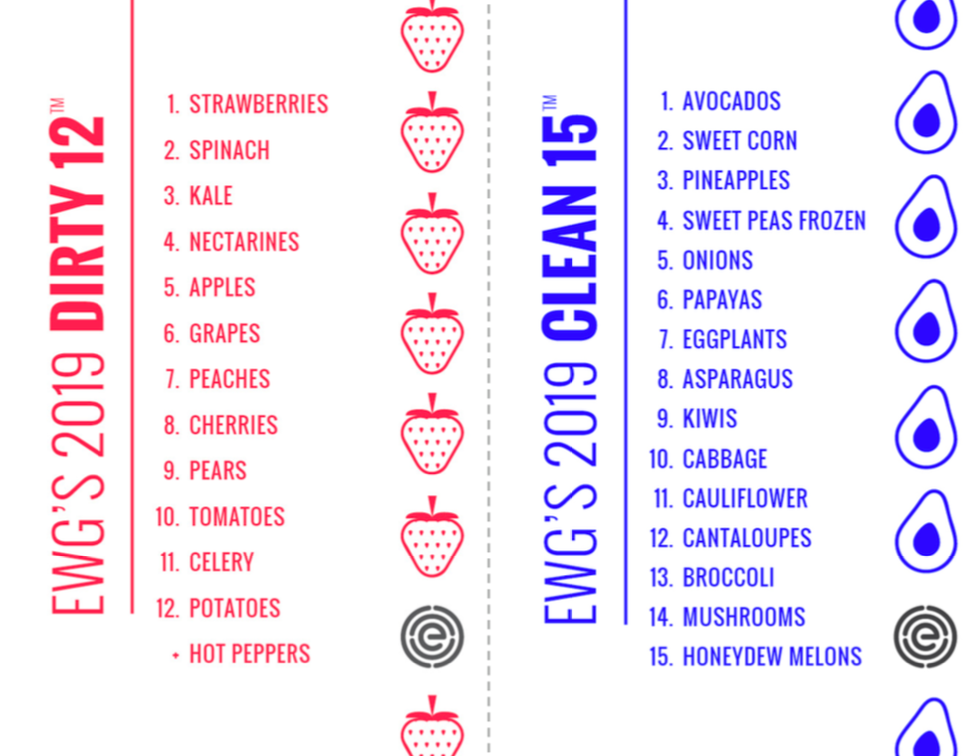
Each of these foods tested positive for a number of different pesticide residues and showed higher concentrations of pesticides than other produce items.
Other foods to consider buying organic are: nuts due to the high fat content (toxins hide in fat).
Another very important benefit of organic food is that it does not allow for irradiation or genetically modified foods (GMOs).
Artificial colorings, flavorings, sweeteners, and preservatives are found in most processed and packaged foods. Avoiding these and choosing Whole Food will remove additional toxins from your diet, and allow your organs to work and eliminate any stored body toxins.
For more information download the “Decipher Food Labels” eBook and read more about the top offenders and controversial ingredients.
Foods and products labeled with the 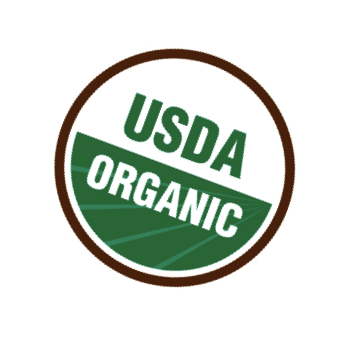 USDA Organic seal are by definition GMO-Free (GMO = Genetically Modified Organisms).
USDA Organic seal are by definition GMO-Free (GMO = Genetically Modified Organisms).
GMOs are plants or animals that have had their DNA modified. In the U.S., the majority of the corn, wheat, soybean, cotton and canola crops are now genetically modified, and one or more of these can be found in nearly every processed food. GMOs have NOT been proven safe and some studies show GMOs may decrease immunity to diseases in plants as well as humans. They may also cause resistance to antibiotics and could have a negative impact on genetic function.
Plants that are genetically modified to be resistant to disease, pesticides and herbicides could diminish the need to use these strong chemicals. Conversely, the pests and weeds they try to protect the crop from may (and eventually will) build up a resistance to these pesticides and herbicides and therefore require eventually even larger amounts of chemicals than before.
Do realize that the Clean 15 produce list form the Environmental Working Group (EWG) is focused on pesticides and doesn’t test for GMOs.
Refined simple sugars refer to any of the following sugars and products that have these sugars on the ingredient list.
- Sucrose, fructose, High Fructose Corn Syrup (HFCS), dextrose, molasses, maple syrup, organic cane sugar or alcohol and many more…..
Refined carbohydrates include foods containing white flour, such as cakes, cookies, pastries, cereals, bagels and lots of different breads. While I do use some maple syrup in my recipes, try to minimize the use and focus on Whole Grains, Fruits, Vegetables and Legumes to get your carbohydrates.
Avoid saturated and trans fats (hydrogenated). These fats contribute to inflammation and a negative insulin response. 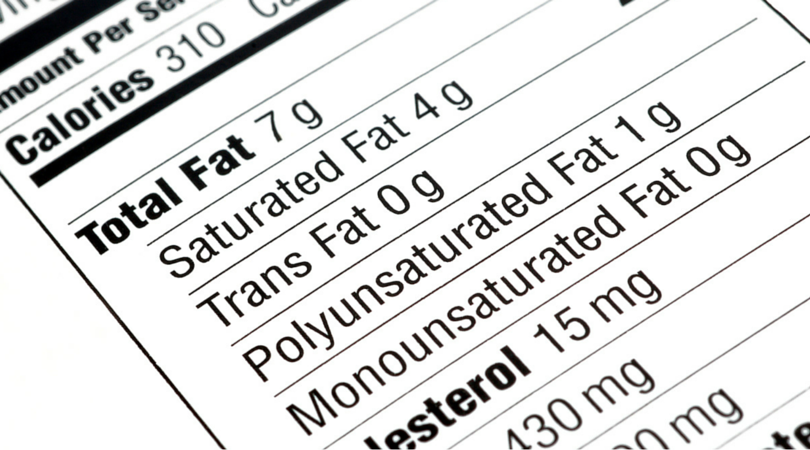 Other unhealthy fats are palm kernel oil and partially hydrogenated oils (any kind). Be sure to read labels for these ingredients. Even if a product is listed as having no trans fat on the label, you may find it listed in the ingredients. This means you will be getting a minor amount of trans fats in that product. Eating several products that contain minor amounts of trans fats, each day, can accumulate to too much for the body. Any amount of trans fat is too much.
Other unhealthy fats are palm kernel oil and partially hydrogenated oils (any kind). Be sure to read labels for these ingredients. Even if a product is listed as having no trans fat on the label, you may find it listed in the ingredients. This means you will be getting a minor amount of trans fats in that product. Eating several products that contain minor amounts of trans fats, each day, can accumulate to too much for the body. Any amount of trans fat is too much.
I often get asked “why to avoid oils”. Oils are highly processed foods and virtually devoid of nutrients or any nutritional benefits BUT you will get 120 extra calories for every tablespoon! This can make a healthy salad into a calorie rich dish. Even coconut oil and Extra Virgin Olive Oil fall into this category. Eat the olive or the coconut but don’t consume their oils.
Our bodies will need fat but focus on the whole food fats like: nuts, seeds, avocado and olives.
Our bodies help to control our acid/alkaline balance primarily through our respiratory and urinary systems. However it is also very helpful to monitor and control the acid and alkaline consumption through the foods we eat. What foods you might ask?… I will give you a hint – think green & Plant-Based
